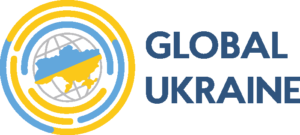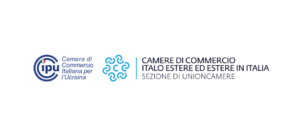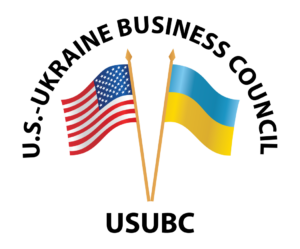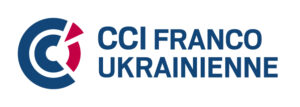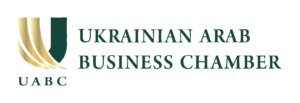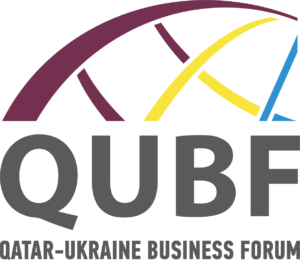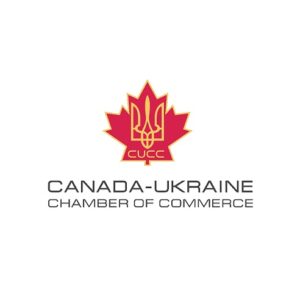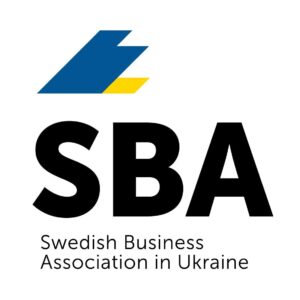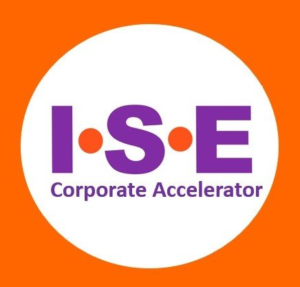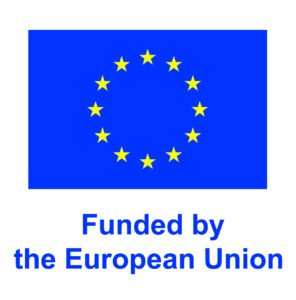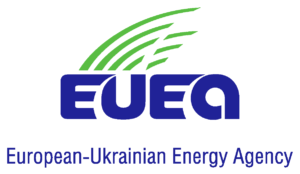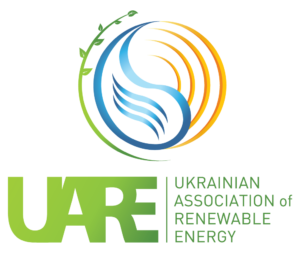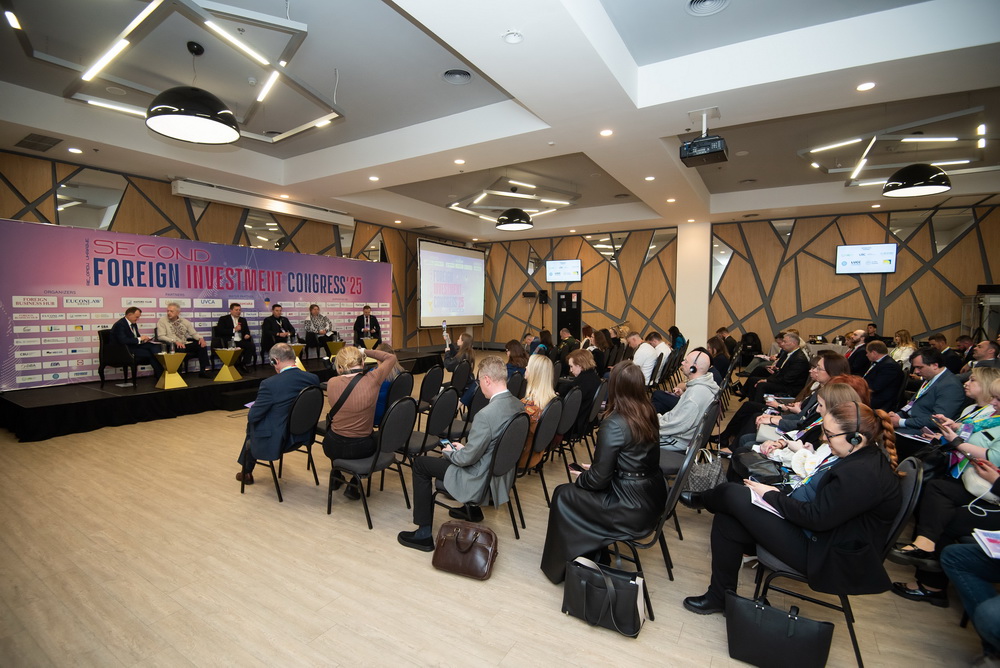
On May 15–16, 2025, the Second Foreign Investment Congress held in Kyiv — a major international event that gathered 185 participants from 28 countries. The Congress hosted 12 panel discussions focused on investment, partnerships, and reconstruction. Among the participants were representatives of financial institutions, investors, diplomats, Ukrainian businesses, and local communities.
Photo report of the Second Foreign Investment Congres
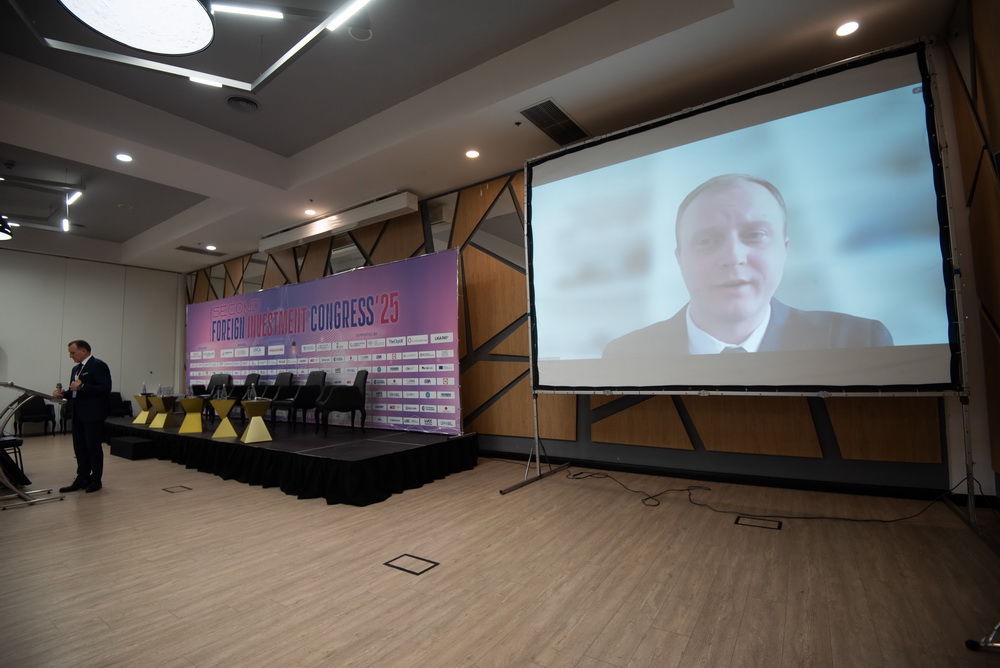
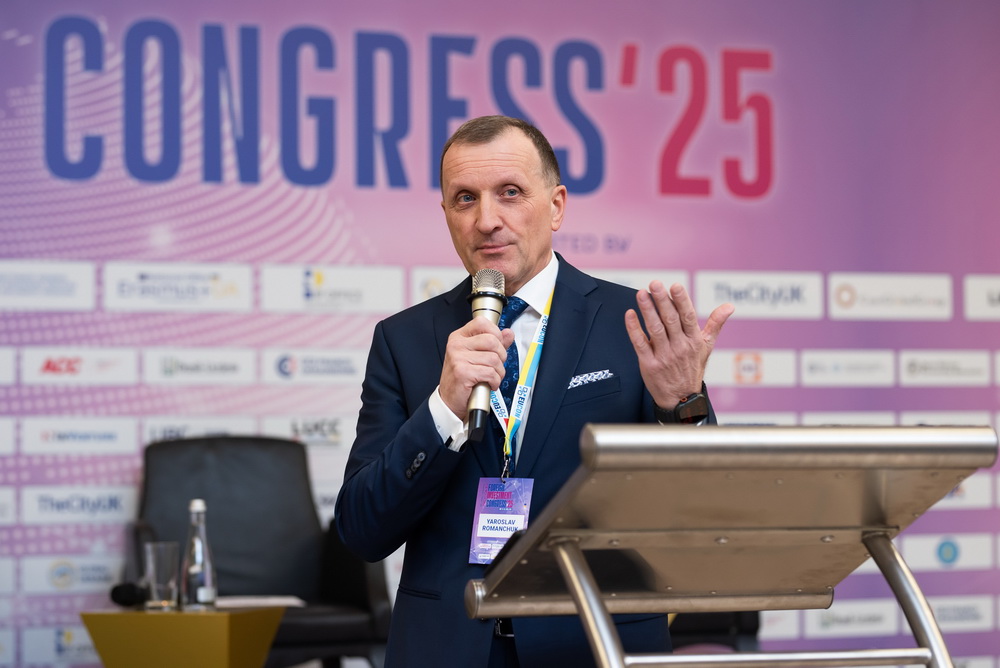
The event was officially opened by the Co-Chairs of the Organizing Committee, Yaroslav Romanchuk and Andriy Romanchuk, who welcomed the Congress participants and expressed gratitude to all event partners.
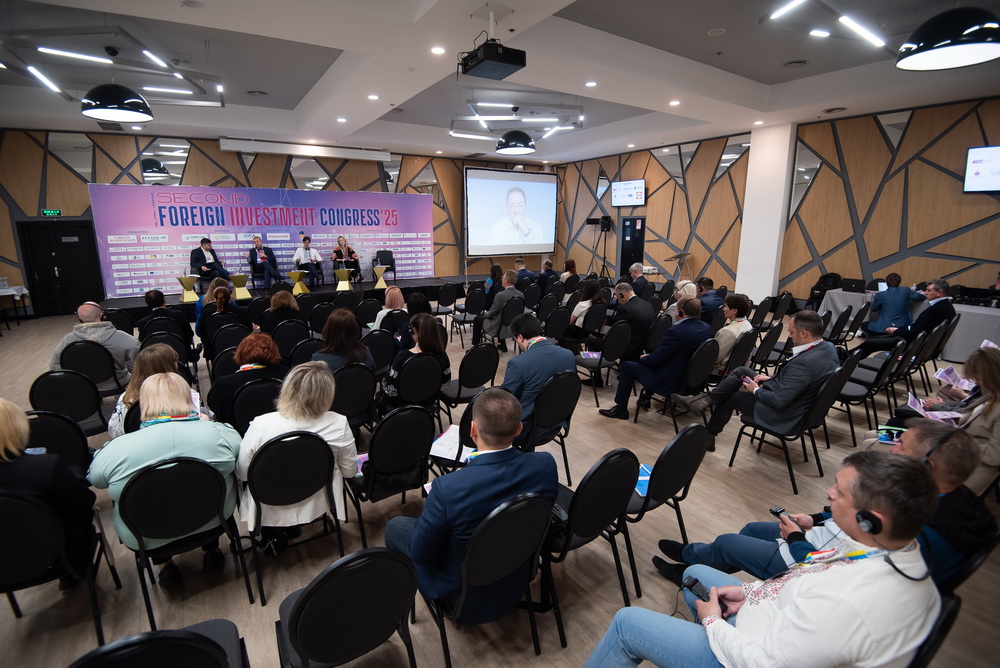
During the first panel discussion, “Diplomacy for Recovery: How International Missions Build Bridges Between Ukraine and Global Capital,” panelists discussed the key conditions for Ukraine’s effective recovery. They emphasized the importance of joint efforts by the government, local communities, private business, and international partners. The speakers highlighted the need for investment, the building of trust, adaptation to EU standards, and the active usage of digital technologies.
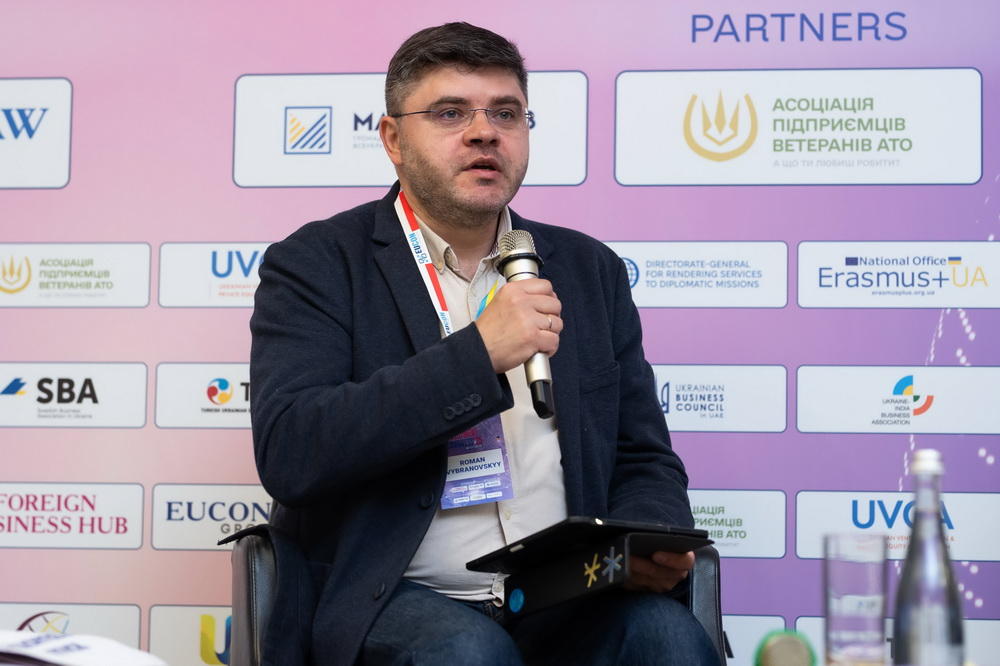
Panel Moderator Roman Vybranovskyy, Co-Founder of the Ukraine Facility Platform, opened the discussion with a focus on figures. He noted that, according to RDNA-4 estimates, $524 billion is needed for Ukraine’s post-war reconstruction. In 2023, the AEFC report stated that $172 billion in available public investment could be mobilized for Ukraine’s recovery. Meanwhile, the potential of private capital amounts to $412 billion.
“It is private investment that can become the key driver of recovery, provided that reforms are implemented and a favorable business environment is created,” emphasized Mr. Vybranovskyy.
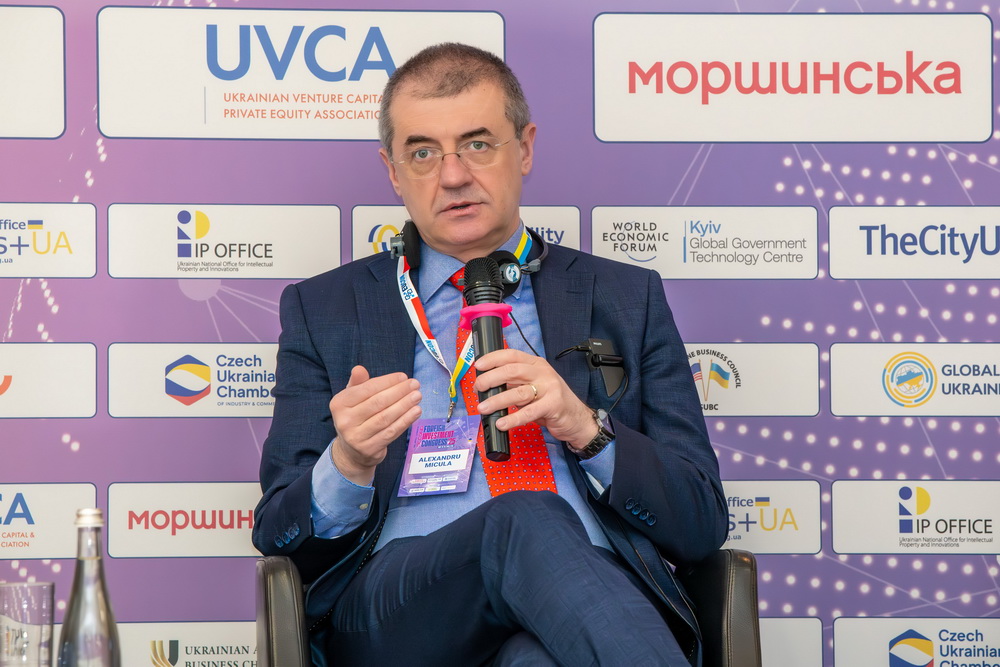
Alexandru Victor Micula, Ambassador Extraordinary and Plenipotentiary of Romania to Ukraine, stressed the importance of launching negotiations with the EU across all six clusters within this year to ensure timely integration into the European Union’s new financial policy. He underlined the need for honest diagnostics of existing challenges and the usage of European instruments—such as transition periods and roadmaps—to overcome them.
In his view, progress is possible through flagship projects that showcase Ukraine’s tangible achievements — both in the public sector and in business. As an example, he referred to $13 billion worth of projects implemented during the war, and highlighted the high export potential of Ukrainian IT solutions and the practical experience gained under wartime conditions.
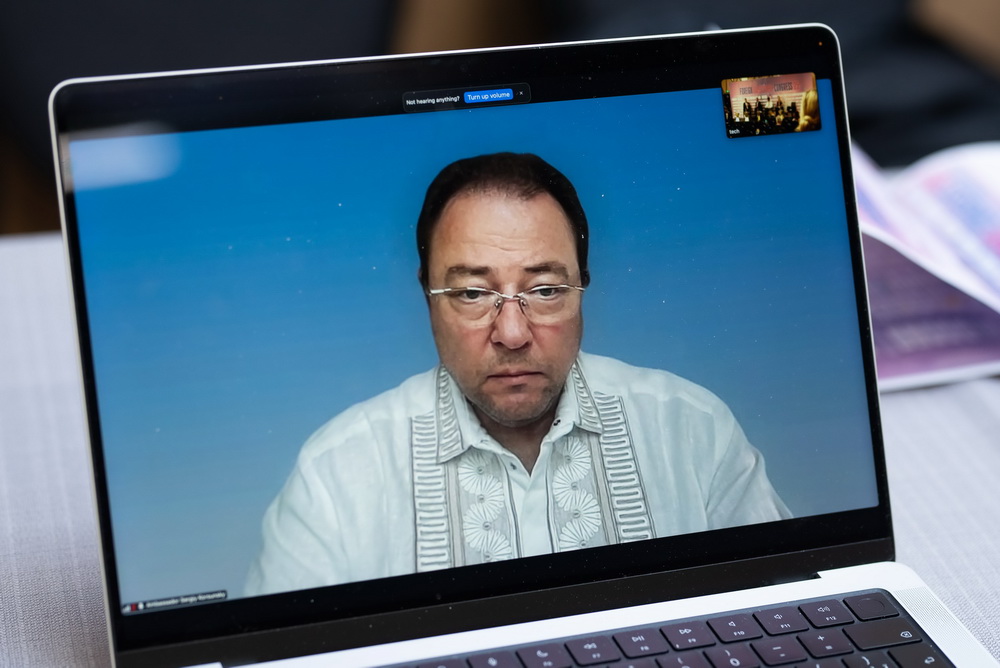
In his speech, Serhii Korsunskyi, Ambassador Extraordinary and Plenipotentiary of Ukraine to Turkey (2008-2016) and Japan (2020–2025), emphasized that successful reconstruction requires strategic vision and coordination from the state, similar to the approach taken by East Asian countries after World War II. He highlighted Japan’s strong interest in cooperating with Ukraine, particularly through state support instruments — such as JBIC credit lines and NEXI agency guarantees — even during the war. Overall, he called for developing partnerships with countries that have supported Ukraine and advised caution regarding China’s involvement, given the geopolitical context.
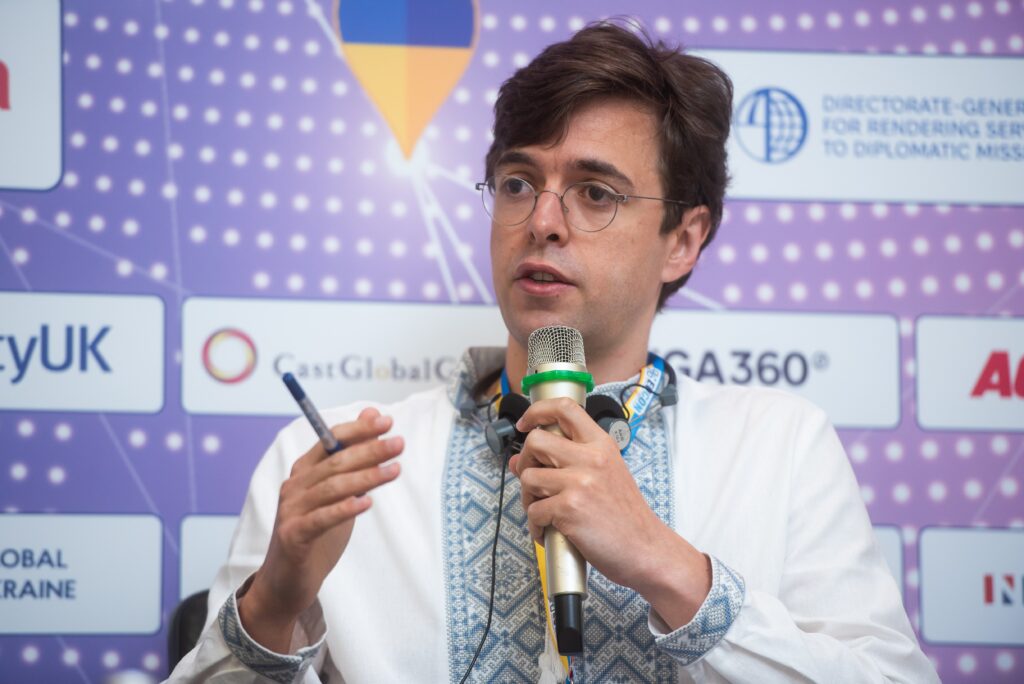
Pierre Offret, Chief of Economic Division, Embassy of France in Ukraine, noted that everyone must be involved in Ukraine’s reconstruction — the state, local communities, and the private sector. France is already supporting Ukraine through various instruments, including the creation of a special €200 million fund for strategic projects. He stressed the importance of guarantees for business and cited the largest foreign investment in the last decade — the acquisition of LifeCell and DataGroup by a French investor for €1.5 billion. According to him, success is only possible with trust, partnership, and joint efforts between Ukrainian and French companies.
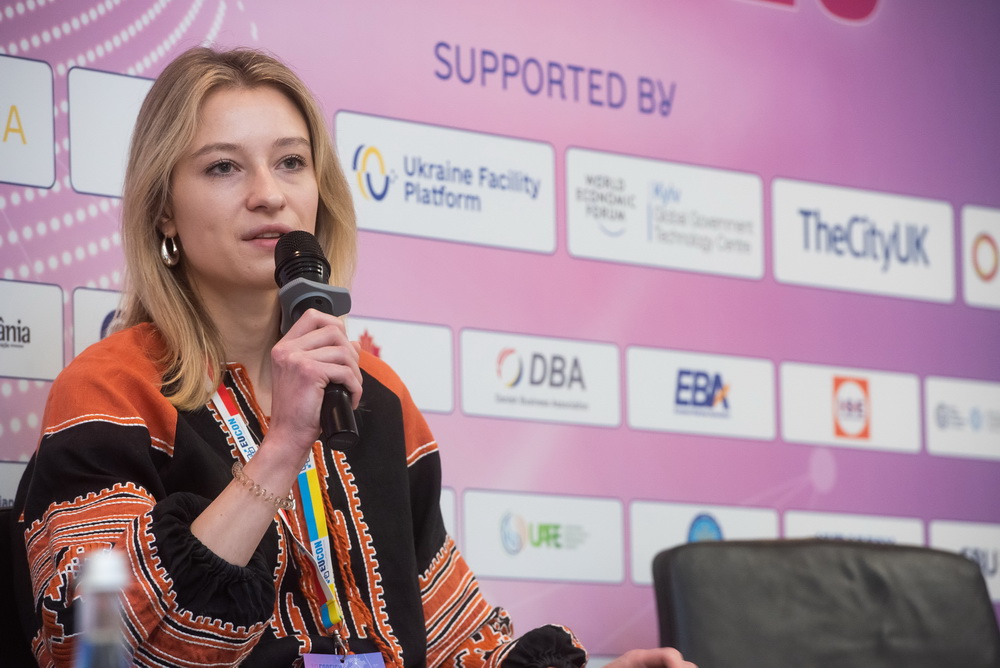
Kateryna Frolova, Head of Innovation Gateway, Global Government Technology Centre Kyiv, has spoken about the key role of digital technologies in Ukraine’s reconstruction and building trust in the state. She cited successful projects such as the “Diia” ecosystem with over 120 digital services, the transparent procurement system Prozorro, and the e-Recovery and Dream platforms for reconstruction monitoring. She emphasized that Ukraine is no longer just importing technologies but also exporting its own digital standards, strengthening its position as a reliable partner on the international stage.
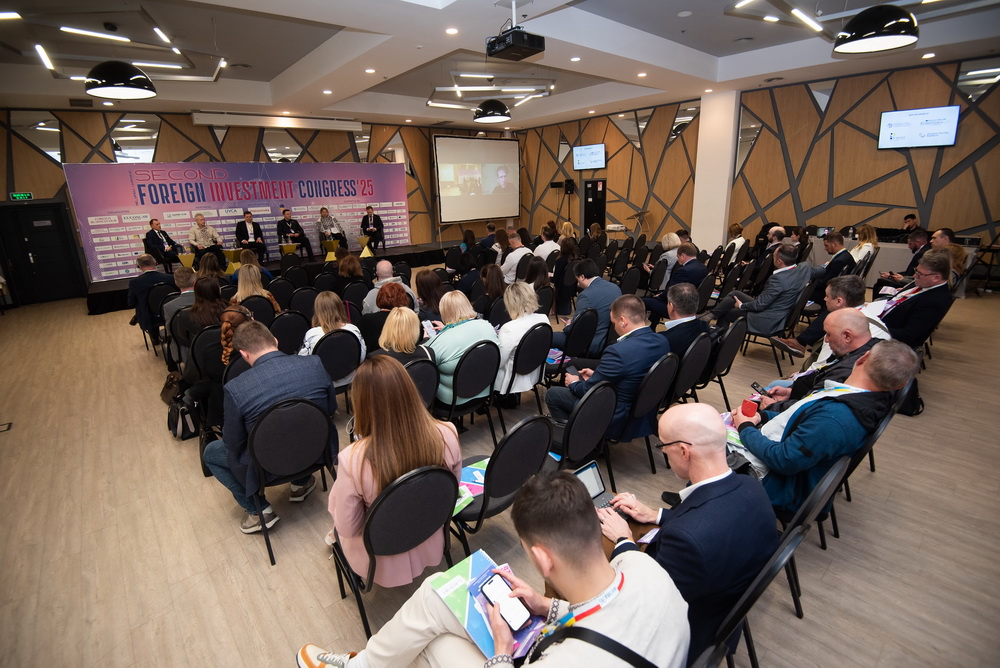
During the second panel discussion: “Doing Business in Ukraine: The Role of State Institutions in Building Trust, Transparent Rules, Protection and Guarantees for Investors”, the speakers discussed topics related to the modernization of state institutions in the context of attracting foreign investments to Ukraine. The importance of transparency, reforms, harmonization with EU standards, digitalization of processes, and protection of investors’ rights were emphasized.
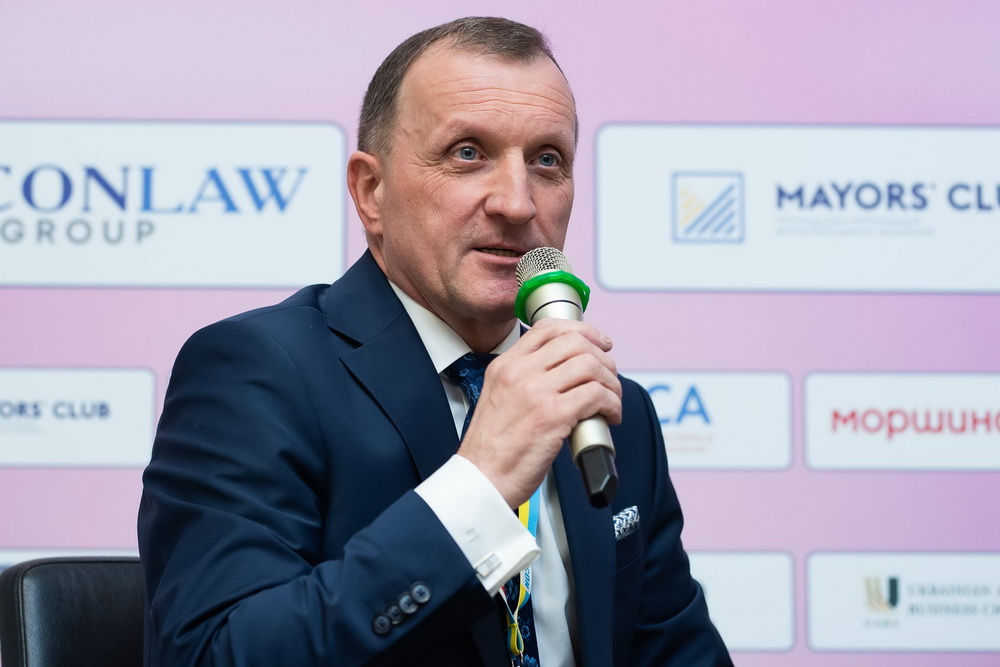
The panel moderator, Yaroslav Romanchuk, Сo-chair of the International Organizing Committee and Managing partner of EUCONLAW Group, opened the session by stressing that only through the interaction of the public sector, private capital, and international investors can large-scale tasks related to Ukraine’s reconstruction be effectively implemented. “Synergy is the key to trust, sustainable development, and results,” the moderator emphasized.
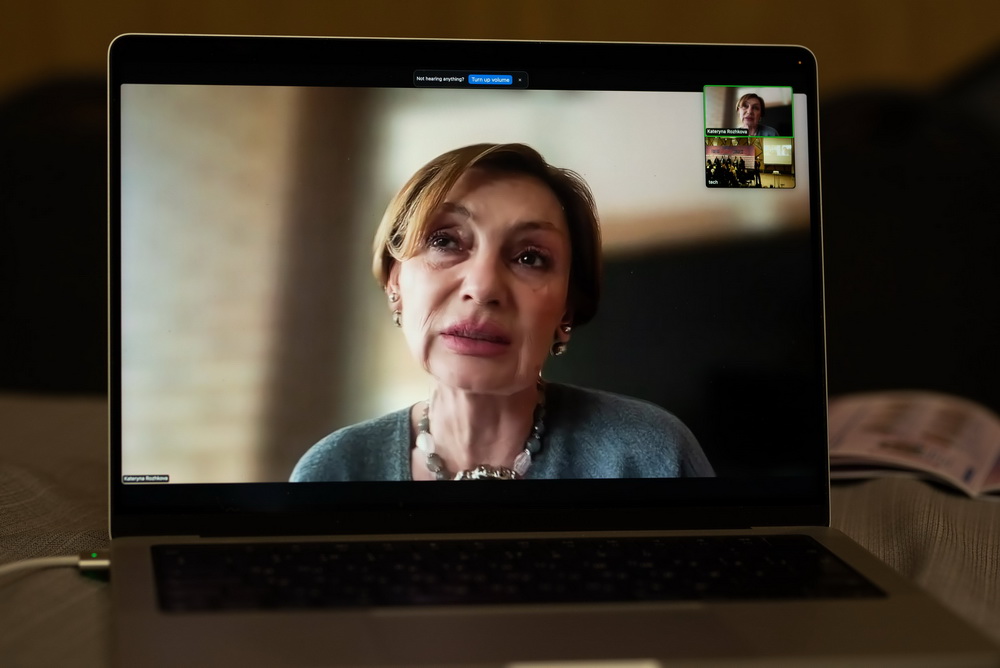
Kateryna Rozhkova, First Deputy Governor of the National Bank of Ukraine, noted in her speech that despite the war, Ukraine’s financial system remains stable and capable of supporting the economy. Thanks to cooperation with the IMF, ongoing reforms, and digitalization, the banking sector is profitable, and inflation has been reduced to 5%. The NBU is implementing currency liberalization and preparing for a transition to a flexible exchange rate—steps that build investor confidence and create prerequisites for attracting private capital.
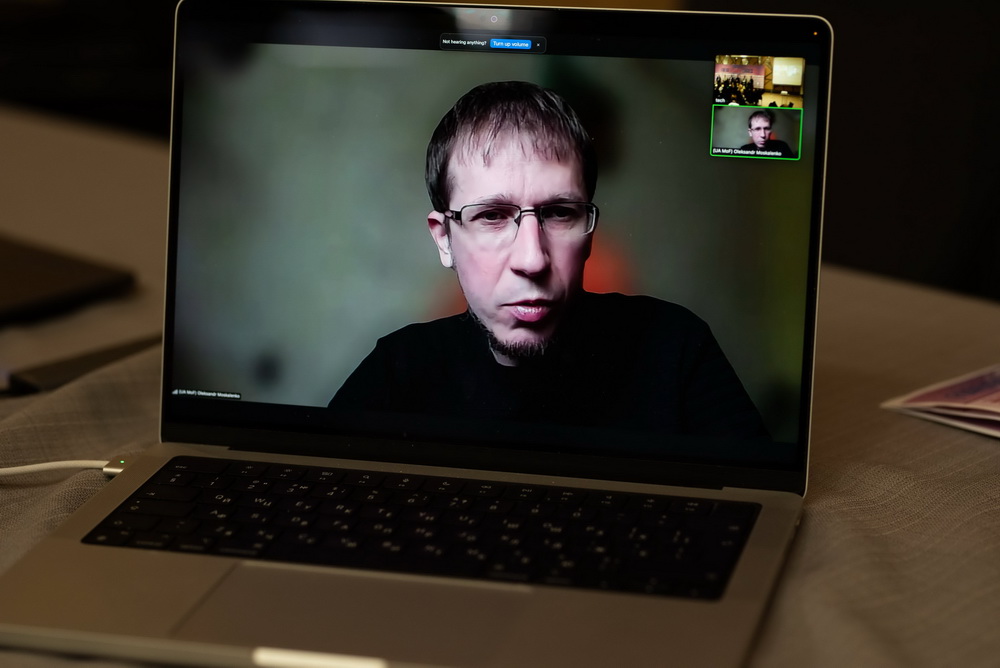
In his speech, Oleksandr Moskalenko, Director of the Customs Department at the Ministry of Finance of Ukraine, emphasized the importance of adapting customs legislation to European Union standards as a key prerequisite for attracting foreign investments. He noted that Ukraine has already implemented over 85% of EU norms, and recent amendments to the Customs Code received some of the highest ratings in EU reports. Special attention is being paid to digitalization and the need to implement IT systems compatible with European ones. Ukraine is gradually preparing for a full transition to the European Customs Code, ensuring transparency, stability, and convenience for businesses.
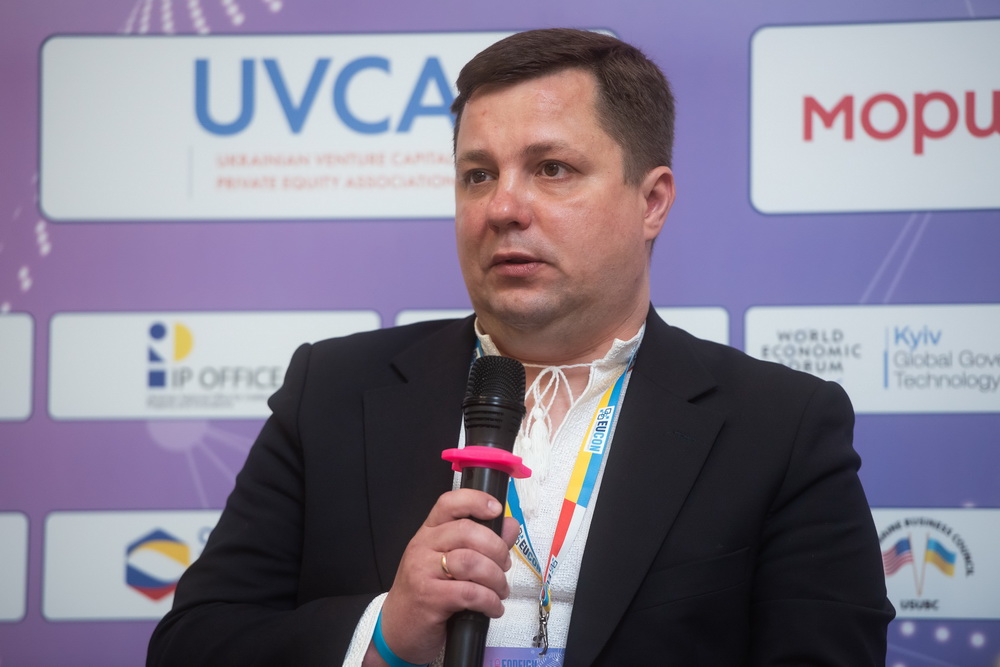
Vladyslav Suvorov, Deputy Head of the State Customs Service of Ukraine, has spoken about key areas of customs reform within the National Revenue Strategy until 2030, including anti-corruption measures, digitalization, and cooperation with business. Notably, the number of Authorized Economic Operators (AEOs) has grown from one in 2023 to 88 in 2024, with only three holding AEO security and safety status. When this number reaches 10, Ukraine will be able to start negotiations with the EU on mutual recognition. Important steps include Ukraine’s accession to the Convention on a Common Transit Procedure, allowing businesses to transport goods without additional guarantees across Europe, Turkey, and EFTA countries. “As of April 2024, over 4,000 export declarations have been processed automatically without customs officials’ involvement, accounting for about 5% of all export operations. A customs service overhaul is also underway, including re-certification of all personnel and granting the service operational investigative powers to combat smuggling and corruption,” the speaker emphasized.
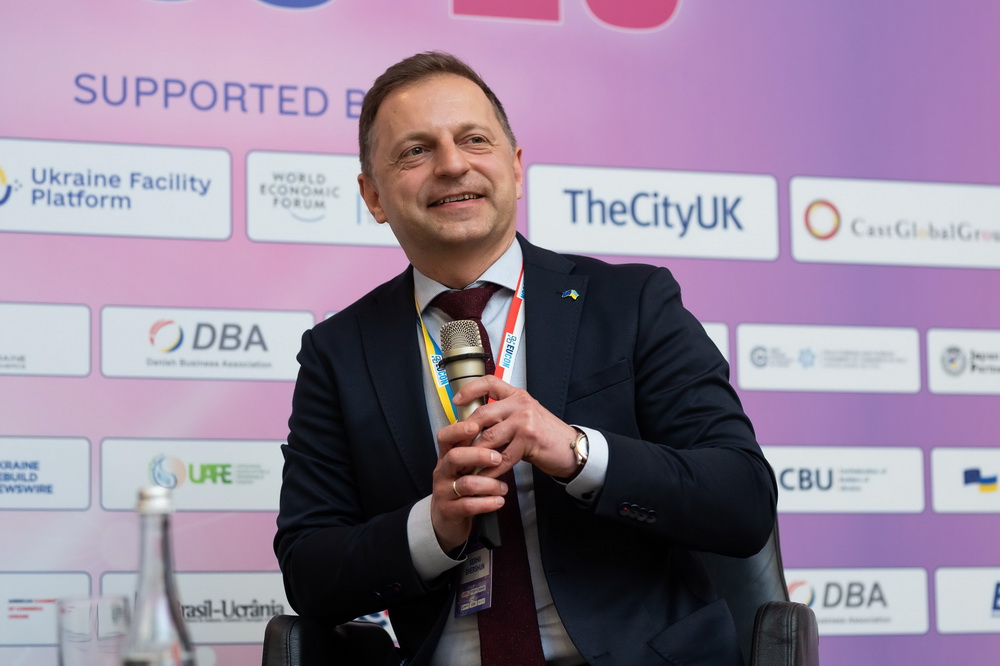
Serhii Shershun, State Commissioner of the Antimonopoly Committee of Ukraine, highlighted the key role of competition in the country’s recovery and the creation of a level playing field for investors. He stressed that Ukraine’s competition legislation is already largely harmonized with European law, and the Committee has the authority to influence even state bodies in cases of business barriers. He cited examples of unfair competition cases (such as Lego brand copying and pharmaceutical sector manipulations) and successful interventions in public procurement and state aid control. The speaker also emphasized active international cooperation, particularly with the OECD, and the importance of investor protection tools through transparent competition mechanisms.
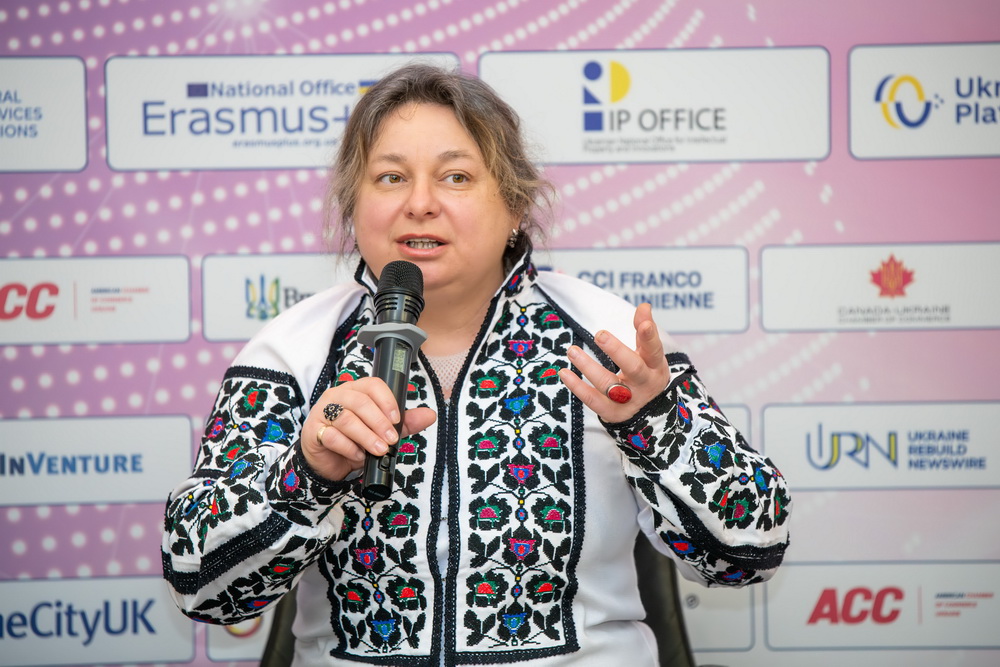
Olena Orliuk, Director of the Ukrainian National Office of Intellectual Property and Innovations, highlighted the growing importance of investments in intangible assets, which now account for up to 80% of modern investments. She noted that Ukraine is actively harmonizing its intellectual property legislation with EU law, including implementing norms post-2016 and adopting a national strategy until 2030. Ms. Orliuk also emphasized the role of international partnerships, development of IP commercialization services, establishment of a Mediation Center, and systemic work against counterfeiting and piracy. In conclusion, she stressed that intellectual property should become a key element of Ukraine’s investment attractiveness and a foundation of trust for business.
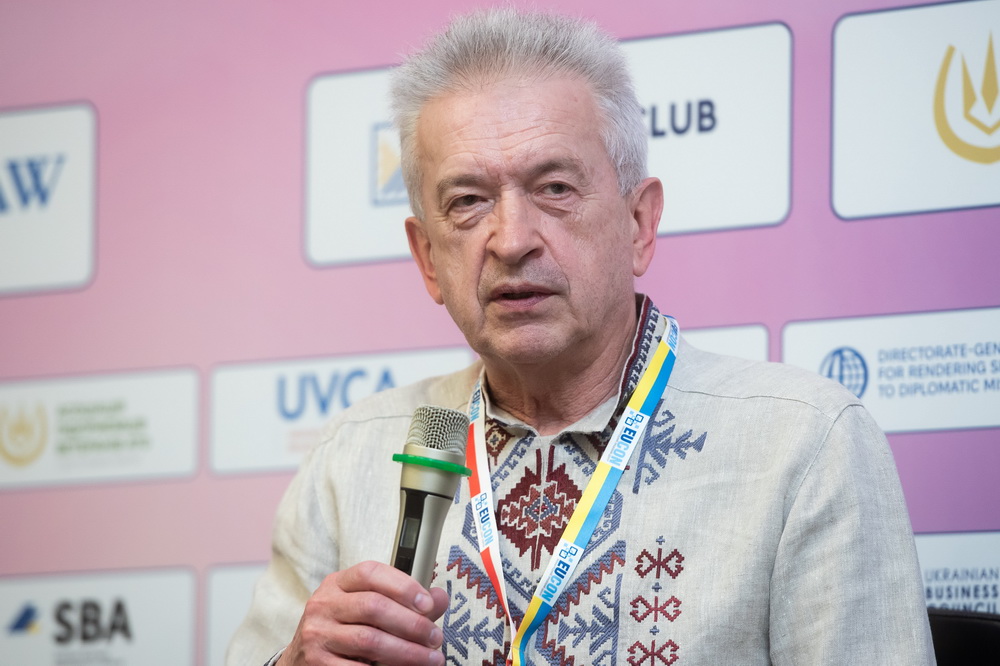
Oleksandr Melnychenko, Acting Executive Director of UkraineInvest, has spoken about the results of the state mechanism supporting large investments amid the war, focusing on practical achievements. “Currently, 40 investment projects are underway, involving both Ukrainian and foreign investors. Special investment agreements have been signed, providing investors with significant benefits: tax incentives, compensation for infrastructure connection costs, privileges on importing new equipment, etc.,” said Mr. Melnychenko. He informed that UkraineInvest actively cooperates with other state bodies, conducts regular webinars for foreign businesses and diplomatic missions, thus ensuring foreign investors today have access to a transparent, understandable, and effective infrastructure for investing in Ukraine.
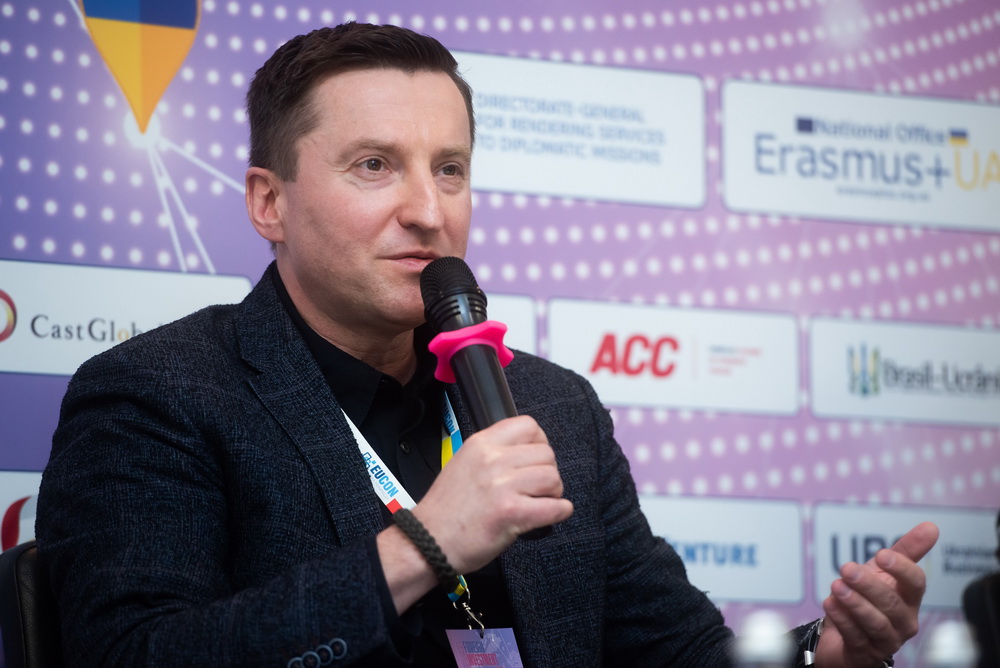
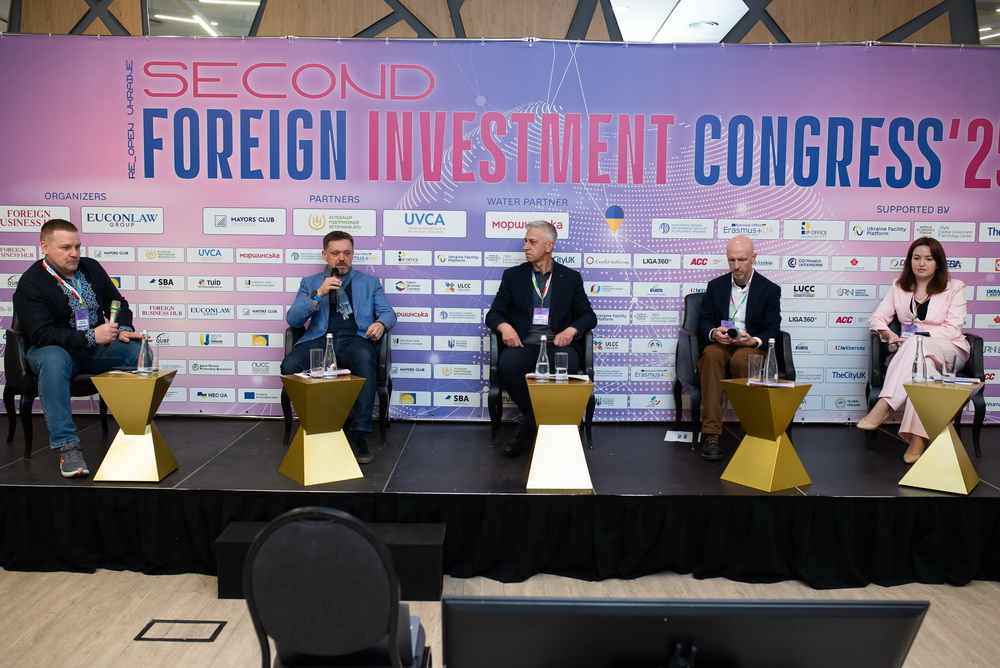
Panel Discussion: “Financial Diplomacy 4.0: How International Institutions, Innovative Tools, and Digital Solutions Accelerate the Reset of Ukraine’s Economic Architecture and the Birth of a New Investment Ecosystem”. This panel was dedicated to explore effective mechanisms for attracting investment amid war, post-war reconstruction, and the European integration process. Participants have discussed the role of international financial institutions, available EU support instruments, the potential of digital solutions, and innovative approaches to financing small and medium-sized businesses. Special attention was given to the challenges related to the implementation of ESG requirements that Ukrainian businesses face under new realities
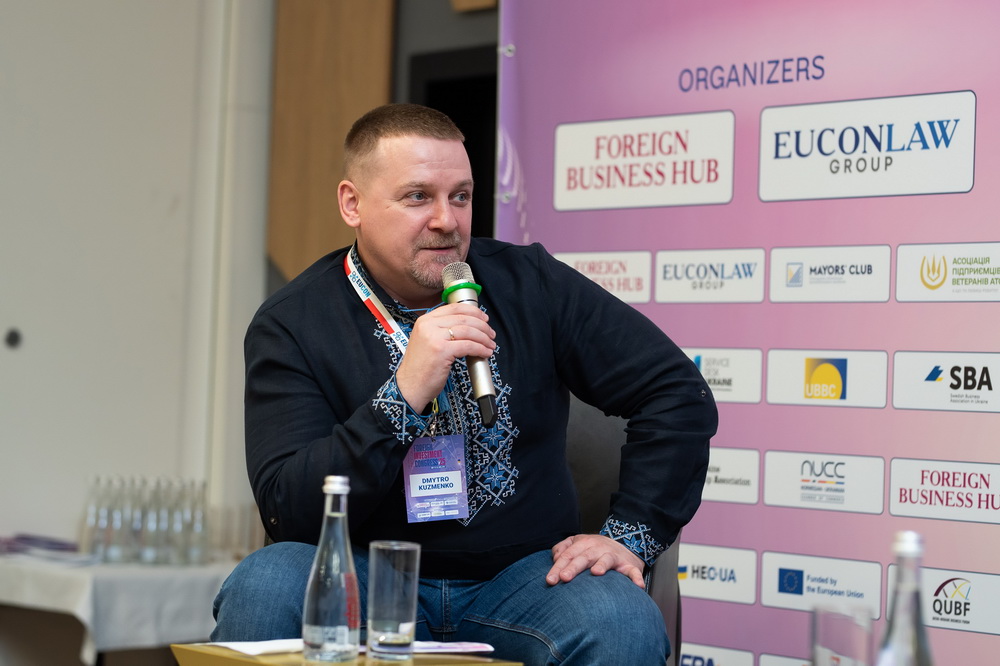
The panel opened with moderator Dmytro Kuzmenko, CEO of Ukrainian Venture Capital and Private Equity Association, introducing all speakers.
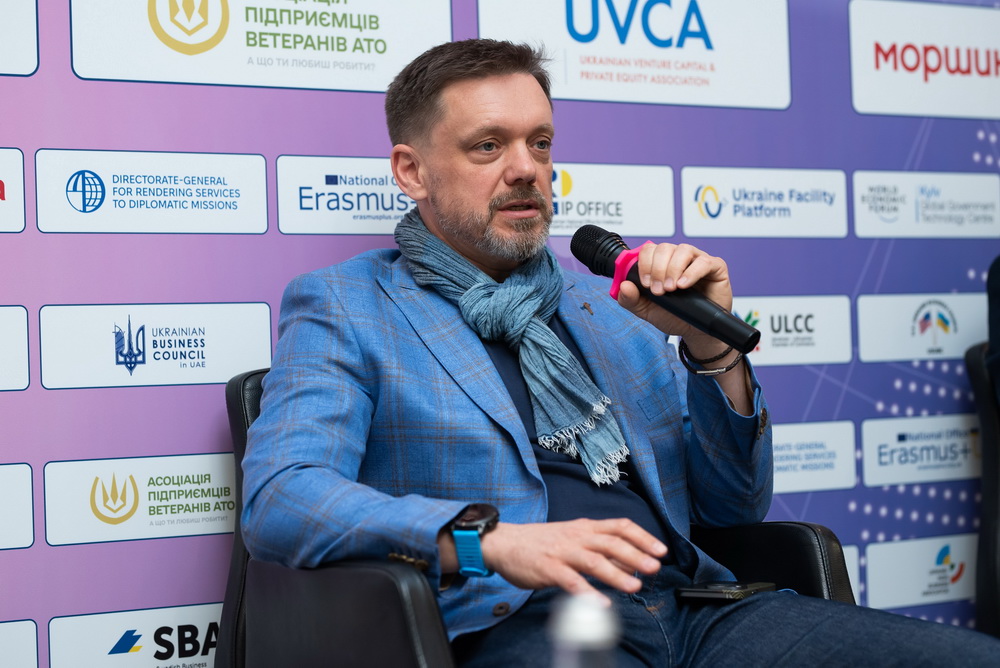
Ievgen Metsger, Head of the Ukrainian Financial Housing Company, shared a successful case of digital transformation in Ukraine’s mortgage market. He noted that during the war, his company developed and launched a unique digital platform that now accounts for over 70% of the country’s total mortgage portfolio. “In 2024 alone, the company issued mortgages worth UAH 15 billion, exceeding the pre-war figures of the entire banking system,” said Mr. Metsger. He emphasized that digital tools, process transparency, and readiness for integration with international institutions create new opportunities for attracting investment into Ukraine.
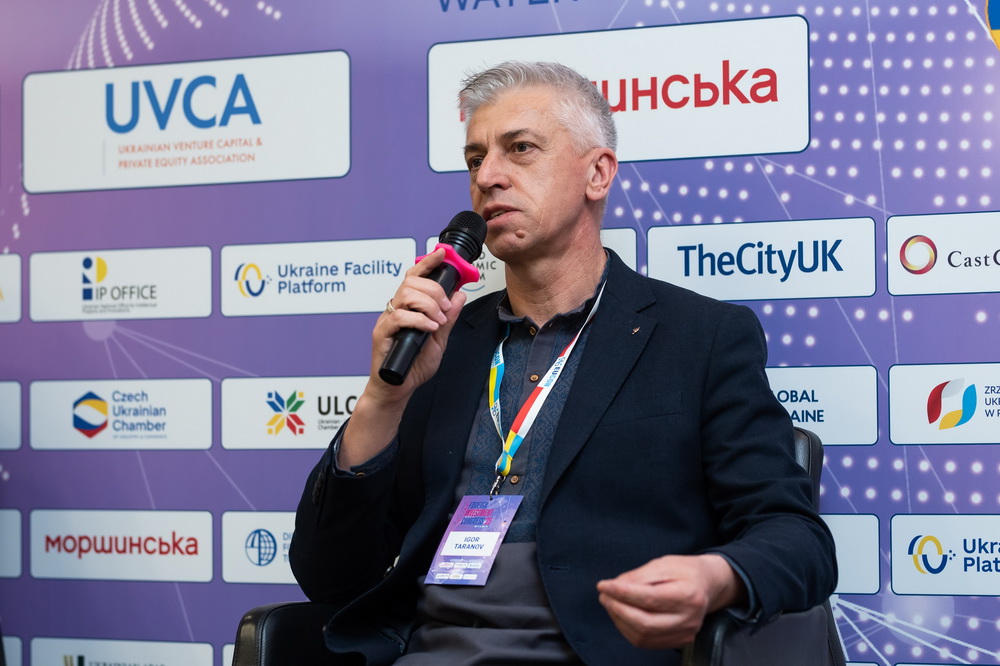
In his address, Igor Taranov, PhD in Economics, Associate Professor, and Head of the Horizon Europe Office in Ukraine at the National Research Foundation of Ukraine, highlighted the strategic role of science and innovation in the country’s post-war recovery. He reported that under the Horizon Europe program, Ukrainian organizations have already attracted €62 million— surpassing the total of the seven-year Horizon 2020 program (€48 million). He added that over €7 billion in new calls are planned for 2025, with Ukraine eligible to fully participate as an associated country. Mr. Taranov emphasized that the growing activity of Ukrainian universities and researchers, supported by special European Commission tools, reflects high trust in Ukraine’s research community.
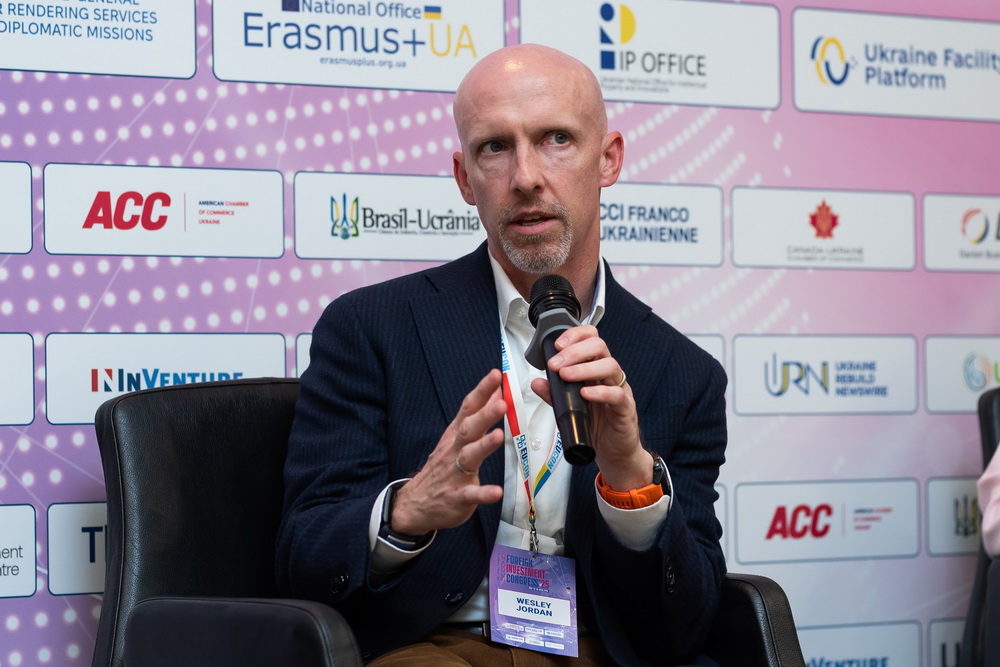
Wesley Jordan, CEO of VisionFund Ukraine, focused on the challenges of implementing ESG standards in Ukraine. He noted that stringent regulations and complex procedures related to environmental, social, and governance standards often act as barriers to financing, especially for SMEs. Jordan emphasized the need to simplify these processes and adapt ESG requirements to the Ukrainian context to effectively support business and attract investment. Without such adaptation, he warned, Ukraine risks losing potential investors who seek transparent and efficient collaboration mechanisms.
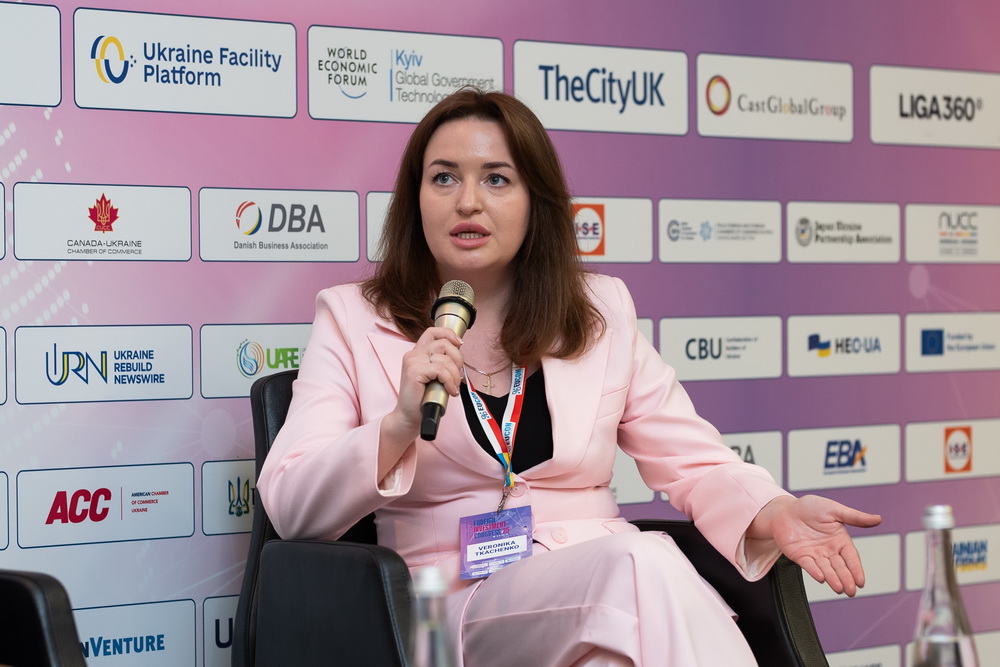
Veronika Tkachenko, Project Manager at the National Erasmus+ Office in Ukraine, underlined the growing importance of international educational cooperation as a key investment in human capital. She stated that Ukrainian organizations are currently implementing over 6,000 projects under Erasmus+, covering higher education, vocational education, youth, and sports. Funding ranges from large-scale innovation alliances with budgets of up to €4 million to smaller initiatives. Ms. Tkachenko stressed that the program is building a cohesive educational ecosystem and contributes to the sustainable development of Ukraine’s human potential.
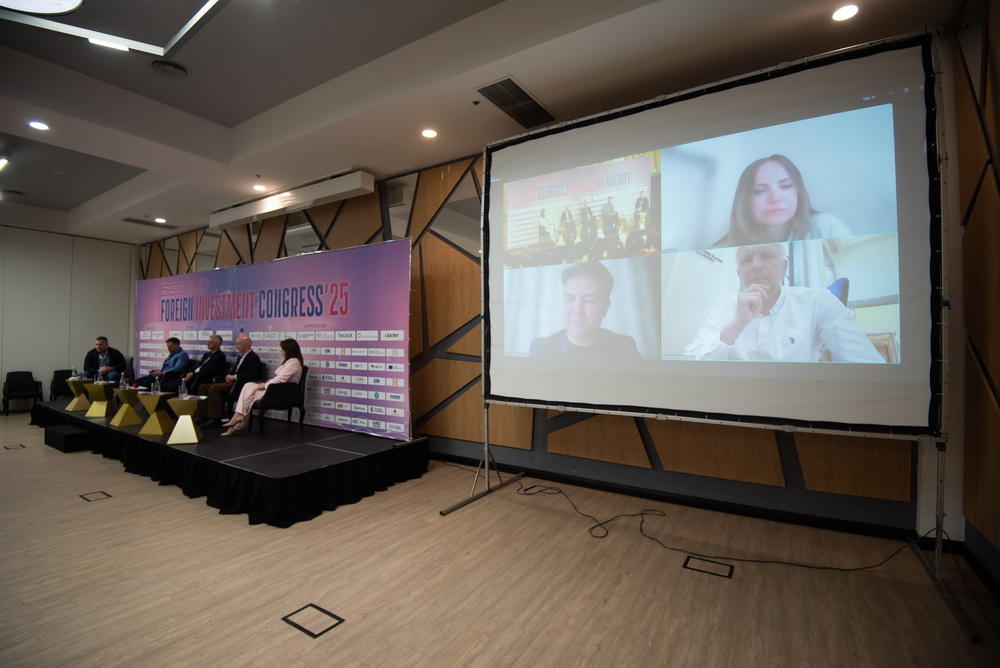
Alexander Romanishyn, Board Member at ISE Group and Former Deputy Minister of Economy of Ukraine, has spoken about innovative approaches for supporting Ukrainian tech businesses during the wartime. He cited the launch of a startup support fund initiated after a meeting with Google’s CEO. “Within a few weeks, $5 million was allocated to over 50 Ukrainian startups, later increased up to $10 million,” Mr. Romanishyn noted. He emphasized that a major challenge now is Ukraine’s low absorption capacity, which must be improved to efficiently utilize resources from European programs.
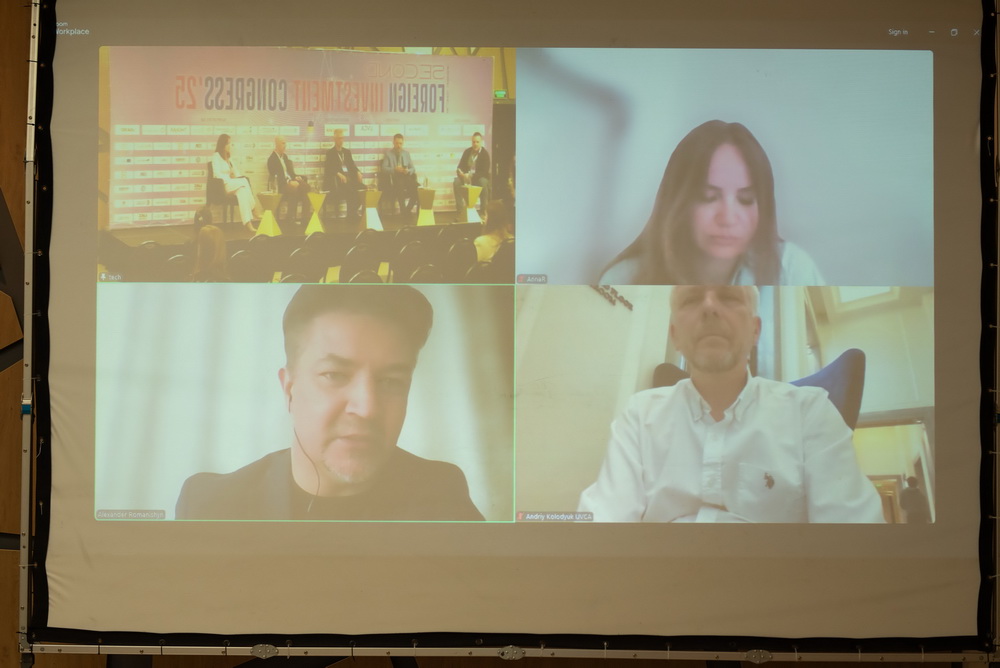
Andriy Kolodyuk, Chairman of the Supervisory Board of Ukrainian Venture Capital and Private Equity Association, focused on key barriers and opportunities for developing Ukraine’s investment ecosystem. He reported that over the past decade, Ukrainian companies have attracted more than $9 billion into direct investment. However, since the full-scale war began, only Horizon Capital has launched a new investment instrument. “Currently, 27 Ukrainian funds have prepared project pipelines worth over $4 billion but require external capital and guarantees to scale,” Mr. Kolodyuk said.
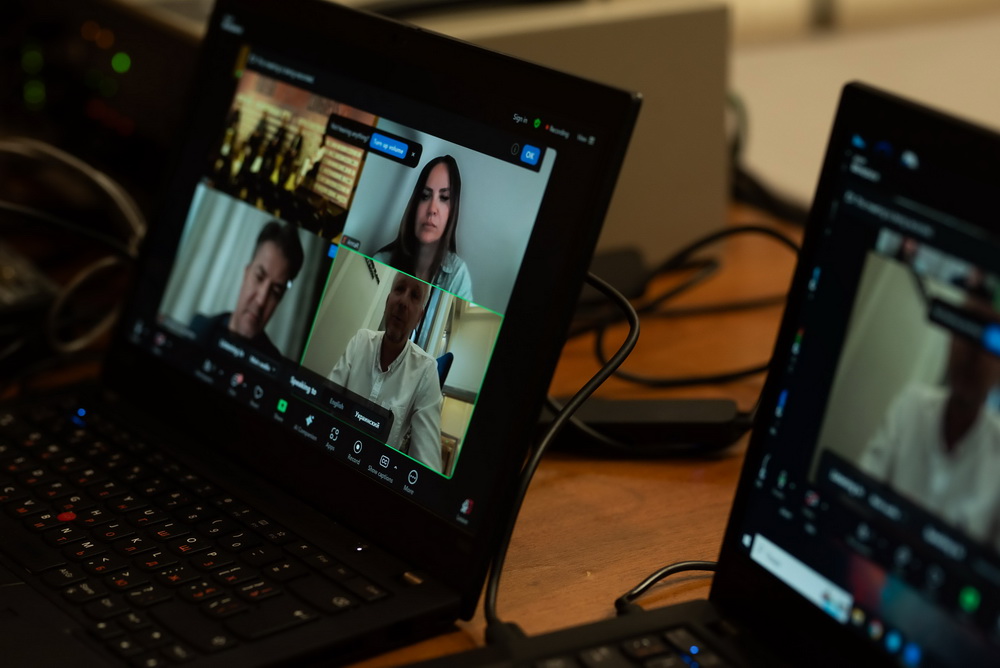
Anna Rogers, Director of International Development at TheCityUK, highlighted specific actions taken by the UK private sector to support Ukraine’s economic recovery. She noted that in January 2024, TheCityUK signed a memorandum of cooperation with Ukraine’s Ministry of Economy to attract foreign investment and strengthen Ukraine’s financial ecosystem. According to Ms. Rogers, the initiative prioritizes export support, development of professional services, building investor trust, and assisting both public and private institutions. She added that UK companies are already successfully operating in Ukraine, particularly in technology, construction, and defense.
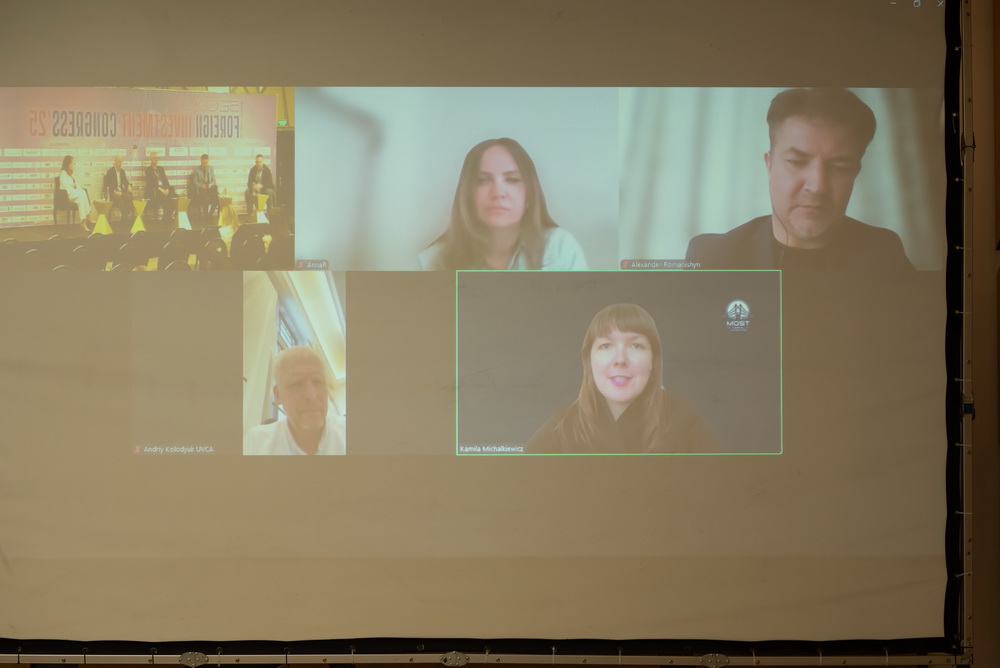
Kamila Michalkiewicz, Co-founder and CEO of Most Capital Connections, has spoken about supporting Ukrainian entrepreneurs in blockchain and Web3 sectors. She shared that her team helps startups prepare investment pitches, develop fundraising strategies, and connect with suitable investors, grants, or accelerators. Ms. Michalkiewicz also noted that many Ukrainian founders now working in Switzerland or the U.S. are actively launching new ventures. She emphasized that Ukrainian startups are increasingly shifting from traditional IT to Web3 technologies — a positive sign for the future of Ukraine’s digital economy.
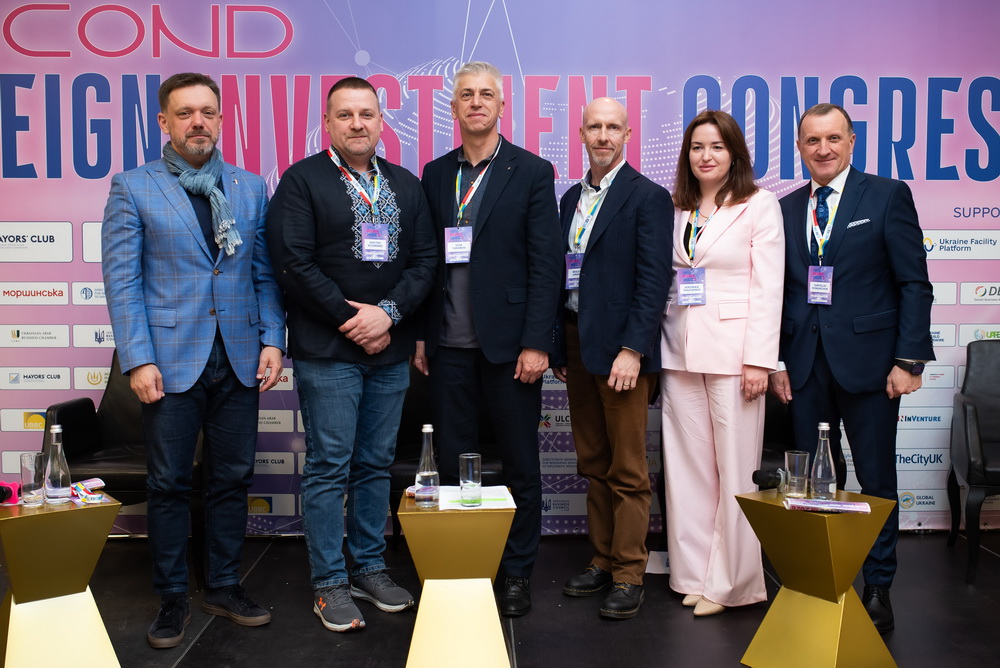
In conclusion, moderator Dmytro Kuzmenko, CEO of Ukrainian Venture Capital and Private Equity Association, emphasized the need for a new investment system to help Ukraine recover faster after the war. He highlighted that international programs should be simpler and better adapted to Ukrainian conditions and called for greater cooperation between the government, businesses, and international partners.
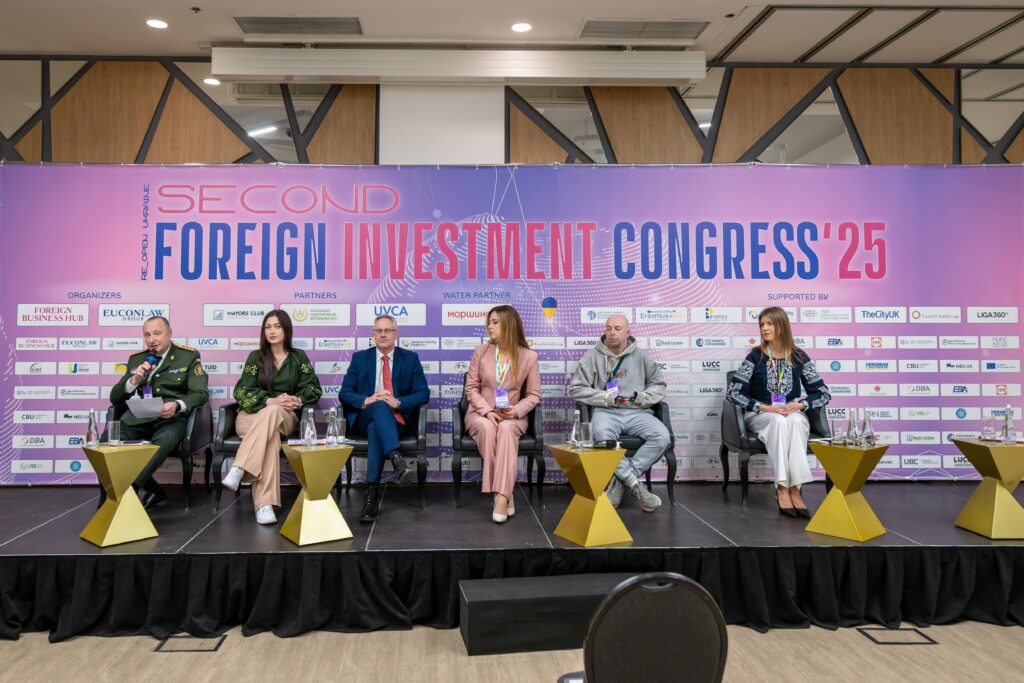
Panel Discussion: “Veteran Investments: How Supporting Veteran-Owned Businesses Opens New Investment Opportunities, Changes Heroes’ Lives, and Shapes the International Image of a Responsible Investor”. The panel discussion was focused on the development of veteran entrepreneurship, the reintegration of servicemen and women into civilian life, and international cooperation in this field. Participants explored the effectiveness of governmental and non-governmental support programs, employment prospects for veterans in large corporations, and successful examples of adapting military experience for business purposes.
The panel was moderated by Sergii Pozniak, Veteran, Head of the Association of ATO Veteran Entrepreneurs.
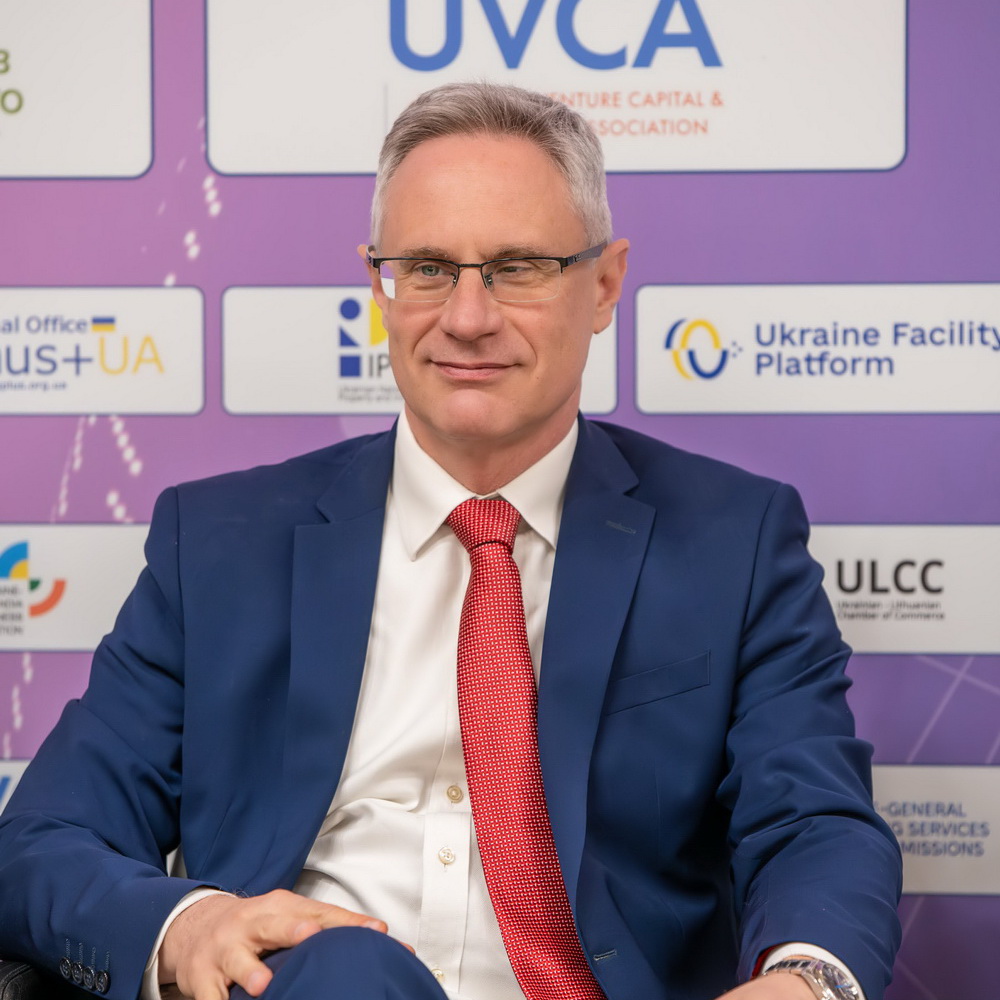
Michael Brodsky, Ambassador Extraordinary and Plenipotentiary of the State of Israel to Ukraine, shared Israel’s unique experience in reintegrating military personnel.
Ambassador Brodsky emphasized the crucial role of the army in building social capital, which enables many Israelis to launch startups and businesses after their military service. He cited Unit 8200, an intelligence division whose veterans have gone on to found major companies such as Waze and Checkpoint. He stressed that the army is the backbone of Israel’s startup ecosystem. While noting that the Israeli model cannot be fully replicated in Ukraine, he pointed out that certain elements—particularly veteran self-organization and strong support from both the government and civil society—can be effectively adapted.
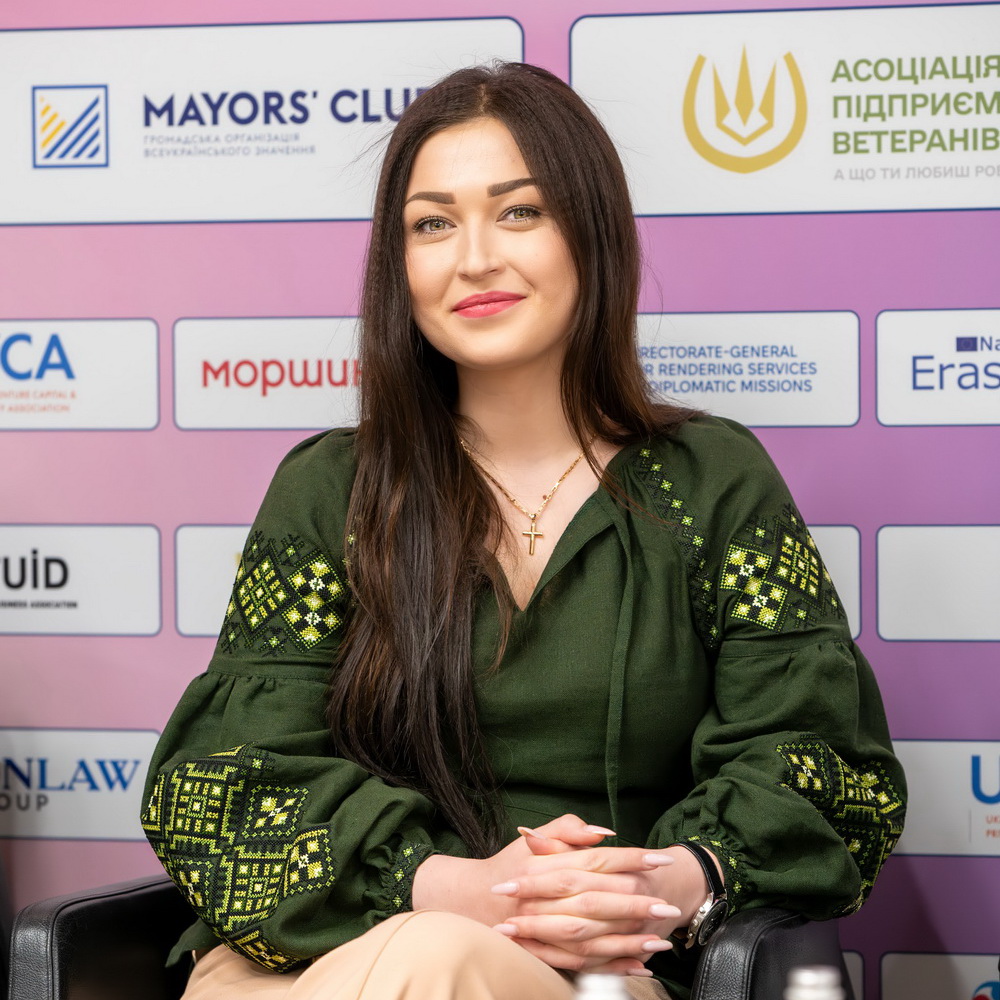
During the panel, Yuliia Kirillova, Deputy Minister at the Ministry of Veterans Affairs of Ukraine, emphasized the importance of integrating veterans into the labor market without state coercion. She underlined that veterans are a valuable human capital resource who can significantly strengthen businesses, especially amid demographic challenges and labor shortages. Ms. Kirillova discussed Ministry initiatives such as the reform of professional standards to reflect military experience, the launch of a platform for employers, and the creation of a veteran-friendly business community. “Veterans don’t need privileges—they need opportunities to realize their potential,” she stated.
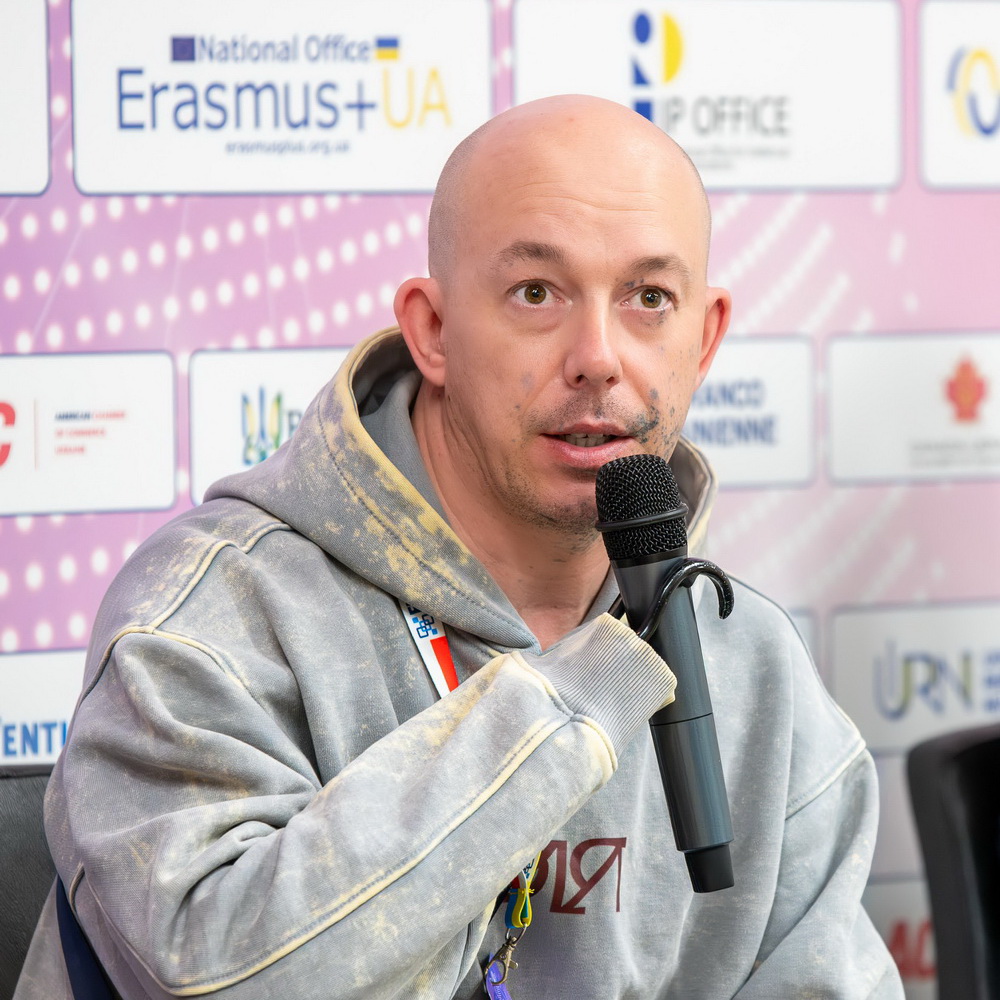
Veteran entrepreneur Serhii Zhukovskyi, founder of the Ukrainian craft brand “Sushena Radist” (“Dried Joy”), shared his personal story of launching and growing a business after being wounded and returning from the front. He explained how participation in grant programs, including those by the Ukrainian Veterans Foundation, helped him scale his business and create jobs for other veterans. He emphasized the importance of not only financial but also mentoring support, highlighting that veteran-owned businesses are powerful tools for adaptation and growth.
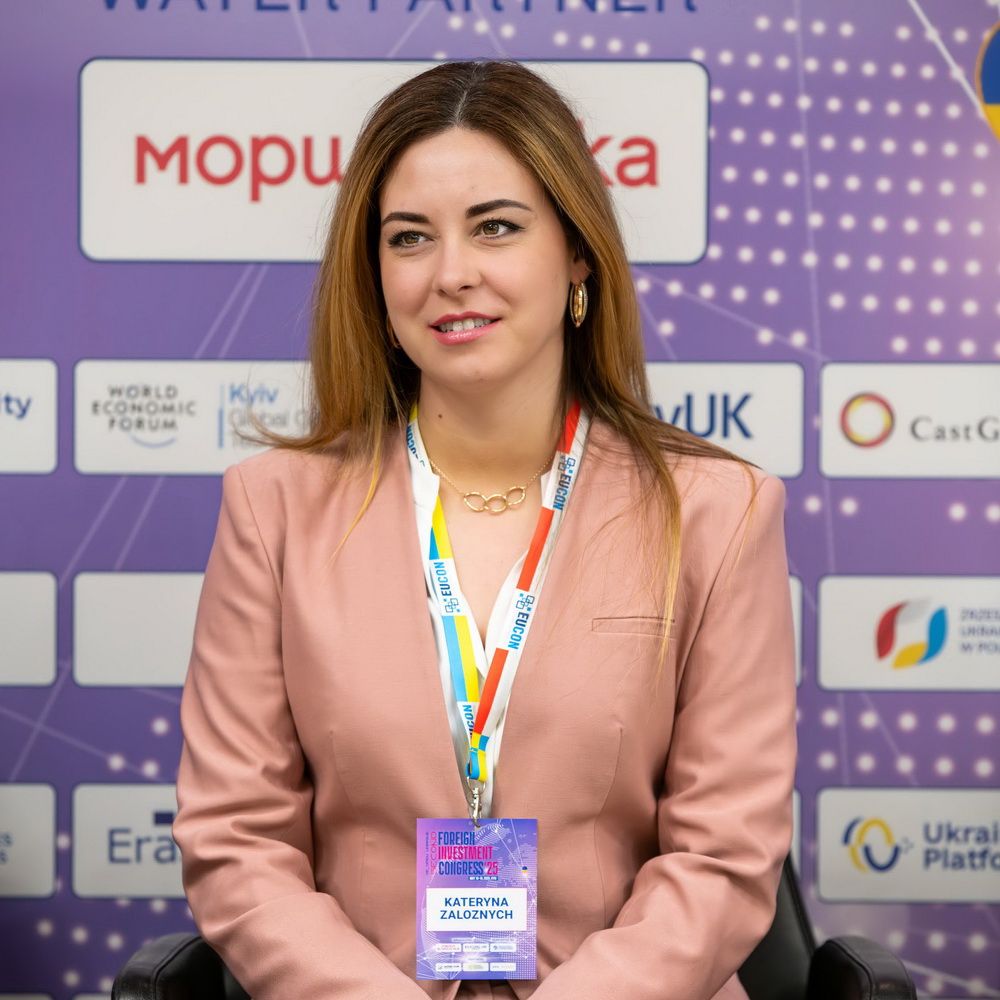
Kateryna Zaloznyh, HR Director at ArcelorMittal Kryvyi Rih, stressed the importance of employing veterans in large corporations, especially during a labor crisis. She has noted that 3,000 company employees are currently mobilized, and that veterans possess valuable leadership and technical skills that are hard to find in the market. The company has developed its own support ecosystem, including retraining, reintegration, grant opportunities, and mentorship.
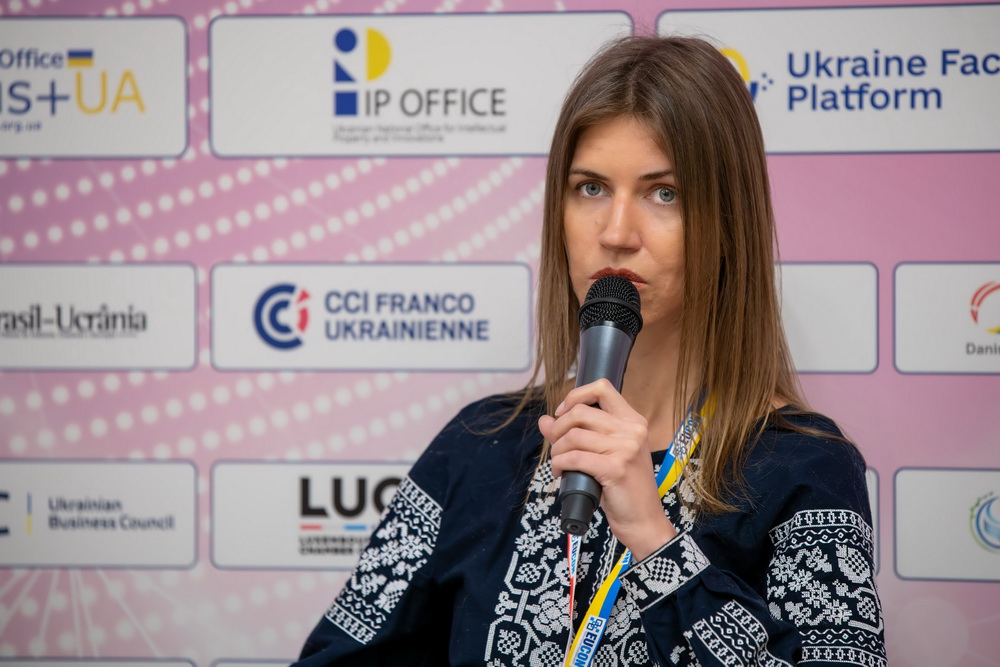
Karina Doroshenko, Executive Director of Ukrainian Veterans Foundation, presented grant support mechanisms for veteran-owned businesses under the “VARTO” program, which offers up to 1 million UAH in funding. She explained that applications undergo a technical review and are assessed by an independent commission. The programs are open to both individual entrepreneurs and LLCs where veterans or their family members are among the founders. Ms. Doroshenko also introduced the “Veteran Career” platform, that helps translate military experience into civilian professions.
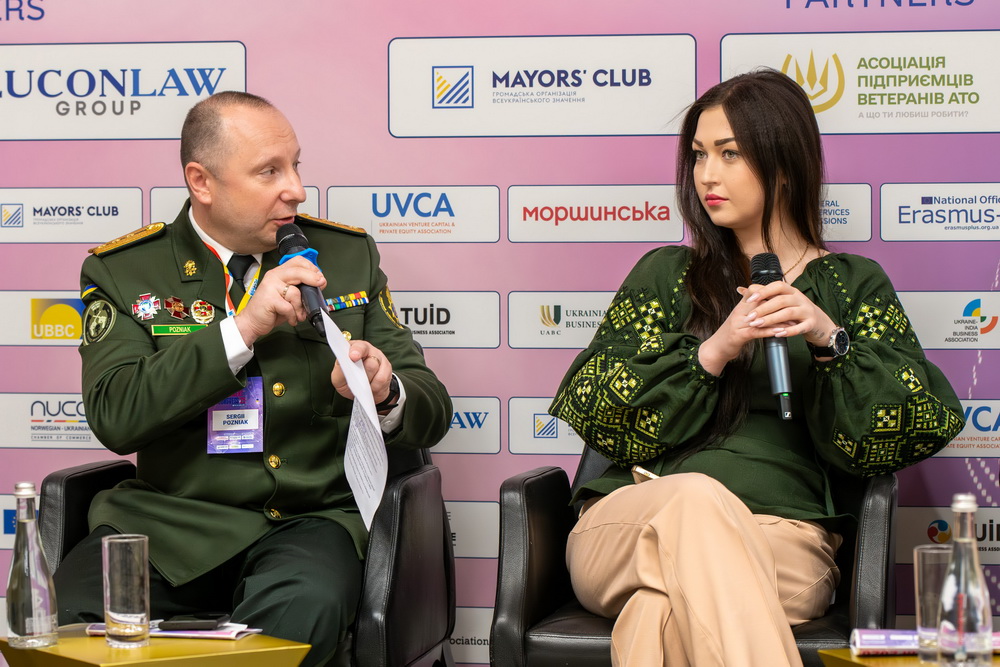
Summing up the panel, moderator Sergii Pozniak, Veteran, Head of the Association of ATO Veteran Entrepreneurs, emphasized that veteran entrepreneurship is not only an economic issue, but also one of national security, reintegration, and building public trust. He underlined that Ukraine has a unique opportunity to create its own model of veteran support based on international best practices, particularly those from Israel. However, achieving this requires systemic cooperation between the state, business, and civil society to transform military experience into a driver of national development.
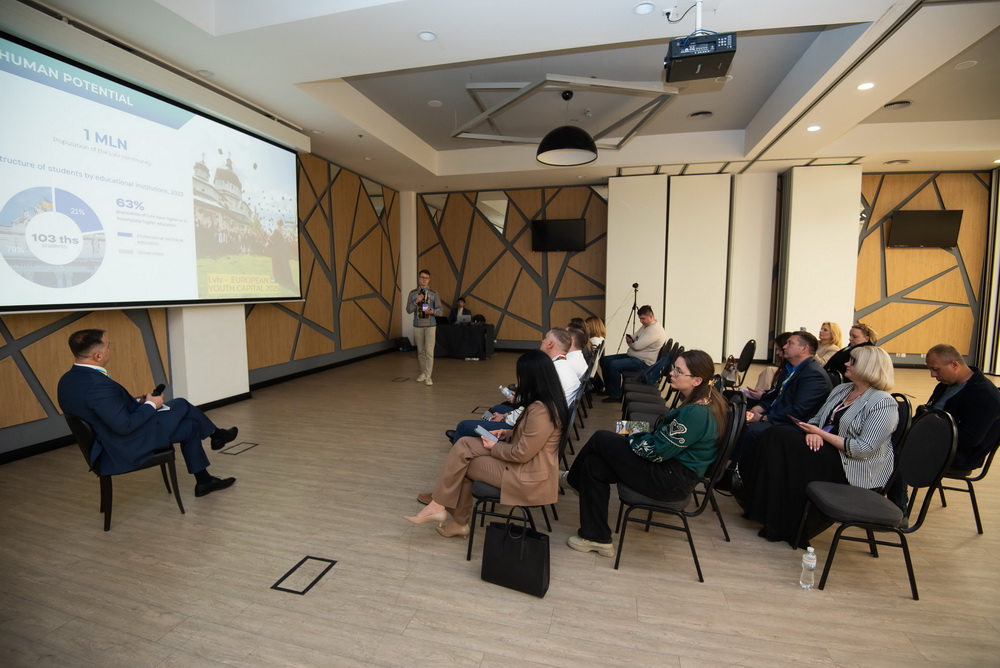
As part of the event, local communities presented their investment projects. In particular, projects were showcased by the cities of Odesa, Chernihiv, Lviv, as well as the Rivne and Kreminna communities. Additionally, Maryana Oleskiv, Director of Tourism at Capital European Affairs and Advisor to WTTC – Europe, delivered a presentation highlighting Ukraine’s tourism potential.
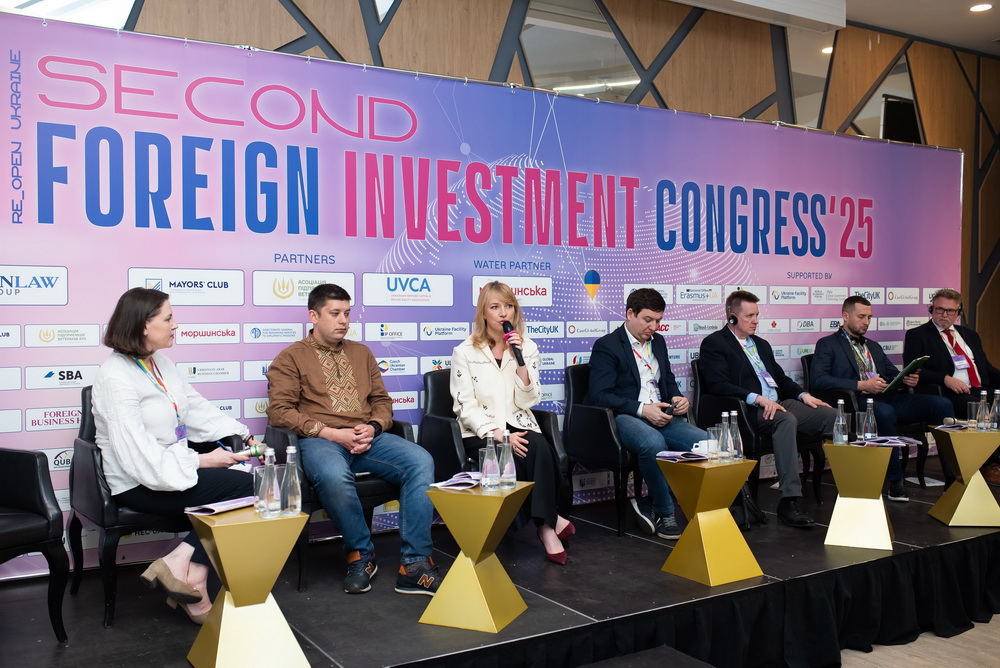
Panel Discussion: “Investment Corridors: Public-Private Models in the Recovery, Modernization, and Construction of Social and Logistical Infrastructure as a Driver of Transformation in Ukraine and Eastern Europe.” Participants discussed the potential of public-private partnerships (PPPs), Ukraine’s investment appeal, key infrastructure challenges, and new approaches due to planning, technical regulation, digitalization, and financing in the context of the country’s post-war recovery.
The panel was moderated by Nadiya Bigun, Chair of Supervisory Board, SE DOT Ukraine and Former Deputy Ministry of Economy of Ukraine.
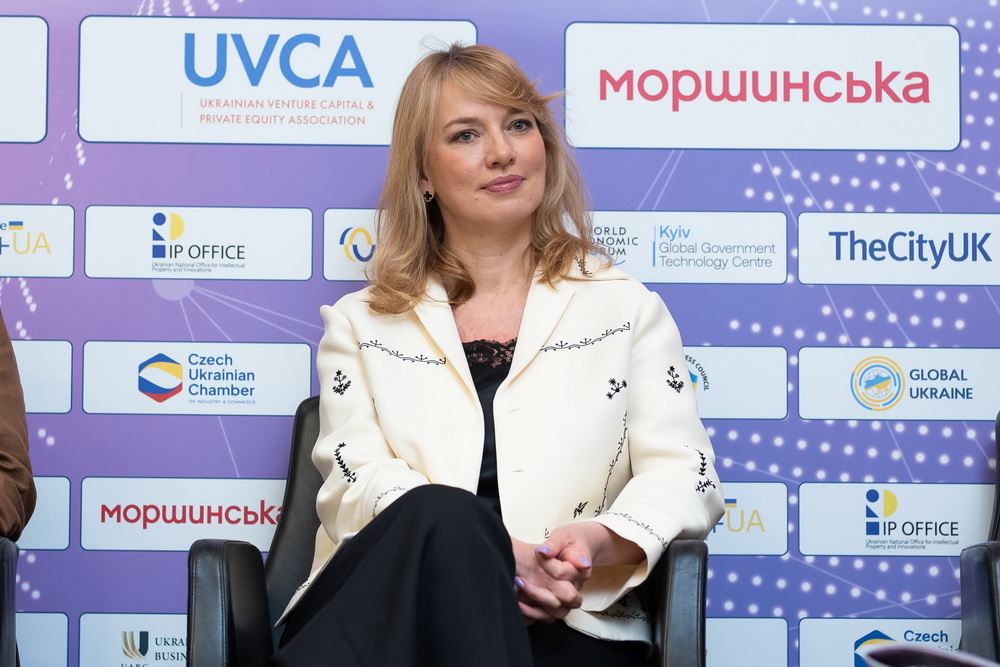
In her remarks, Olena Shuliak, Head of the Committee on the Organisation of State Power, Local Self-Government, Regional Development and Urban Planning of the Verkhovna Rada of Ukraine, emphasized that Ukraine’s successful recovery is impossible without investment trust — built on transparent and predictable rules, as well as effective cooperation between the state, business, and local communities. She drew attention to the urgent need for proper planning, noting that only around 20% of municipalities have updated their urban planning documentation, which has led to a deadline extension until 2028. Ms. Shuliak also stressed the importance of updating outdated construction standards, digitalizing permitting procedures, and implementing artificial intelligence tools.
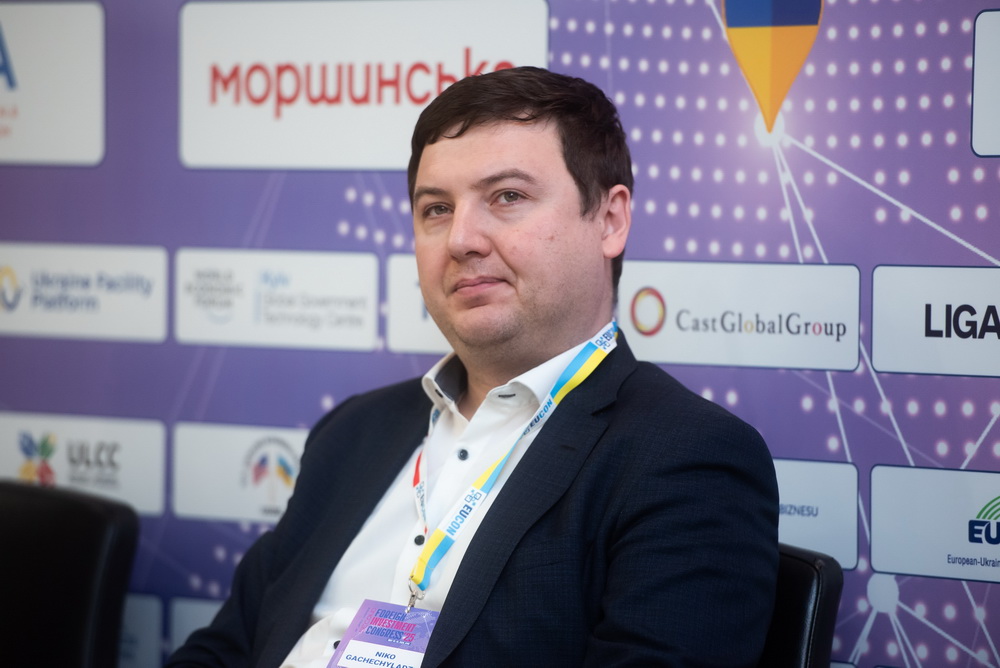
Niko Gachechyladze, Director, State Organization “Agency on support of Public-Private Partnership”, presented the Agency’s updated role, which is now focused on providing practical support to local communities in preparing high-quality infrastructure projects to attract the investment. He explained that under the ongoing public investment reform, it will become possible to implement small-scale projects (up to €5 million) without the need for complex feasibility studies. Additionally, the speaker noted that new support tools are planned for local authorities to ensure that communities are not left alone to face the challenges of project preparation.
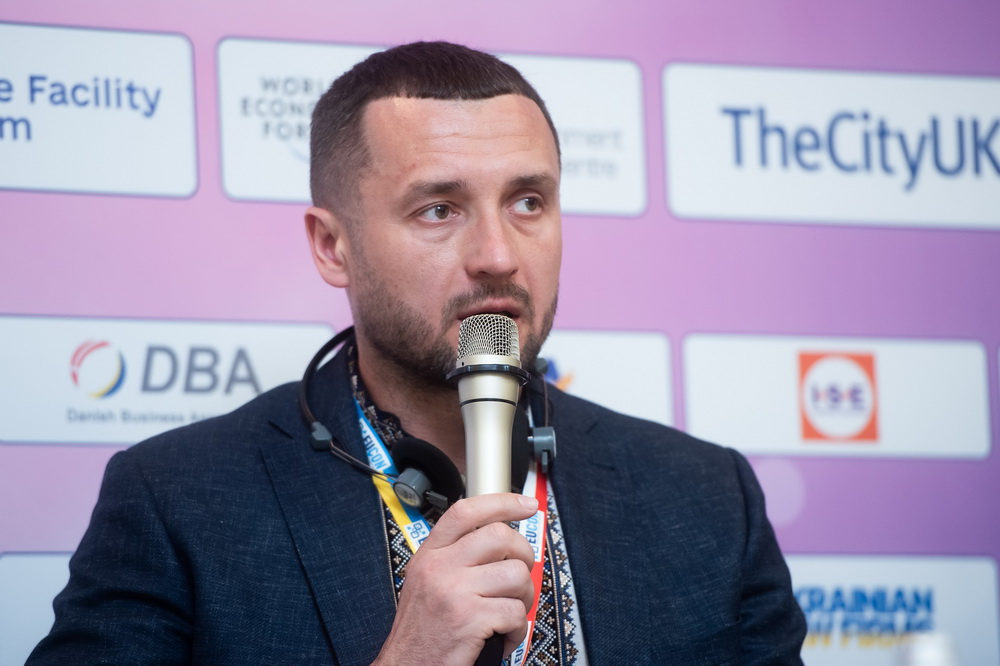
Yurii Bolokhovets, Director General, SFE “Forests of Ukraine”, has spoken about the forestry sector reform and the transformation of over 360 state forestry enterprises into a single entity — SE “Forests of Ukraine.” In its first year of operation, the consolidated enterprise completely abandoned state subsidies and generated a profit of UAH 3.5 billion. The funds are being reinvested into modernization, including the construction of nine modern forest seed production facilities. The speaker emphasized that the corporatization of the enterprise will pave the way for large-scale public-private partnerships and the attraction of the foreign investment, particularly in wood processing and timber-based construction.
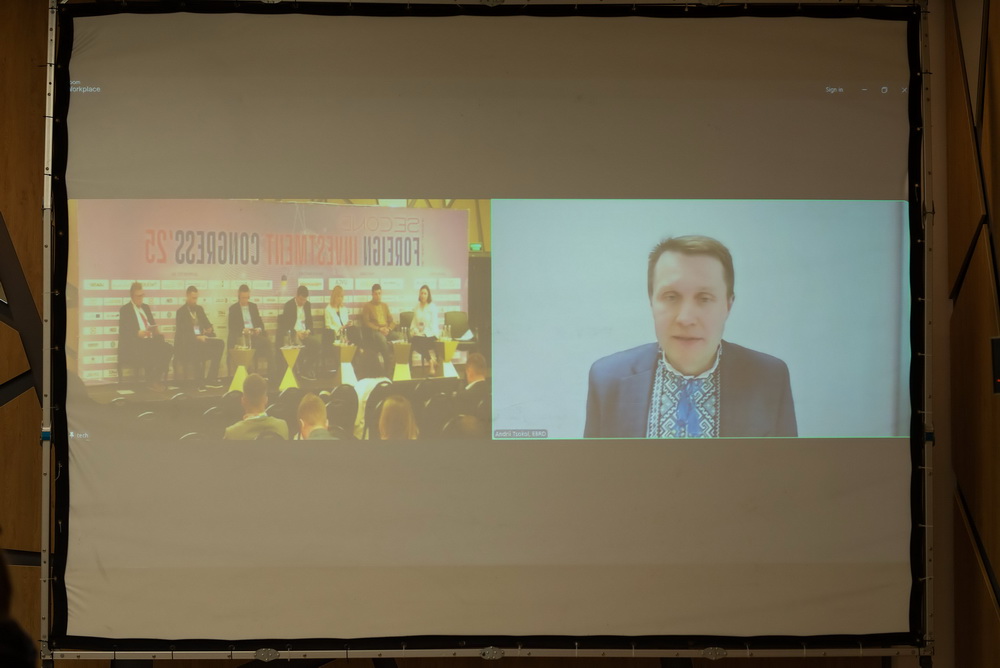
Andrii Tsokol, Associate Director of Infrastructure Team at the European Bank for Reconstruction and Development (EBRD), emphasized that public-private partnership (PPP) is an effective tool for large-scale infrastructure projects, but it requires thorough preparation — including feasibility studies, audits, and compliance with international standards. He highlighted that the EBRD actively supports the development of PPPs in Ukraine, particularly through its involvement in preparing concession projects in the ports of Olvia, Kherson, and Chornomorsk. The speaker also noted that the EBRD advocates for the creation of a sustainable PPP market involving not only international financial institutions but also commercial financing — including bonds and local banks, following the example of Poland.
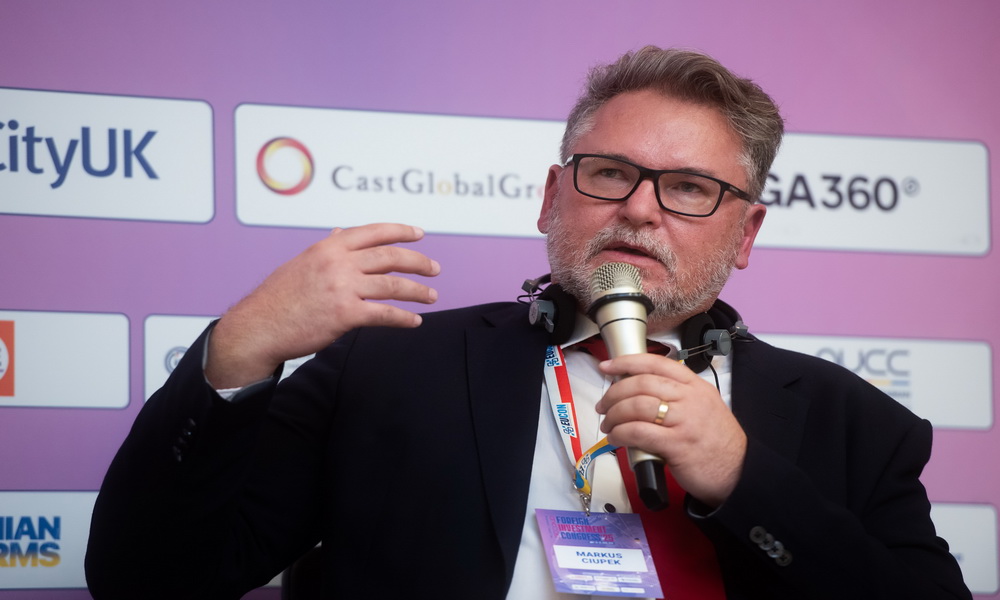
Dr Markus Ciupek, Investor, COO, Time&Space Ukraine; Head of Working Group Manufacturing, German-Ukrainian Chamber of Commerce, shared his personal experience of doing business in Ukraine and emphasized that trust — not just numbers — is the key factor for investors. He cited the example of his company, that lost 80% of its automotive orders during the war but managed to increase production in the home appliance sector by 200% with the support of the foreign partner.
The speaker stressed that Ukraine holds competitive advantages as a logistics hub, as well as a highly skilled engineering and IT base — assets that should be more actively promoted abroad.
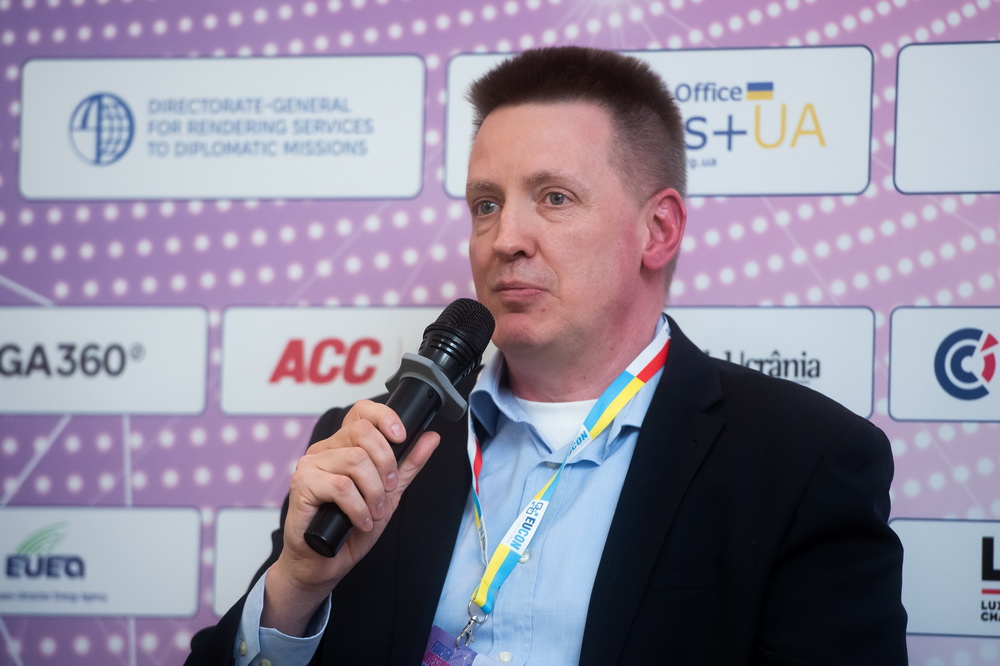
Daniel Aspleaf, Director, CDM Engineering Ukraine, emphasized that the Prozorro system is not suitable for engineering and construction projects, as it focuses solely on the lowest price rather than on quality. He advocated for the adoption of European approaches, particularly FIDIC contracts, which take into account the experience and professionalism of contractors. The speaker also stressed that fighting corruption is the responsibility of law enforcement, not the procurement system itself, adding that quality must be the top priority in procurement for reconstruction.
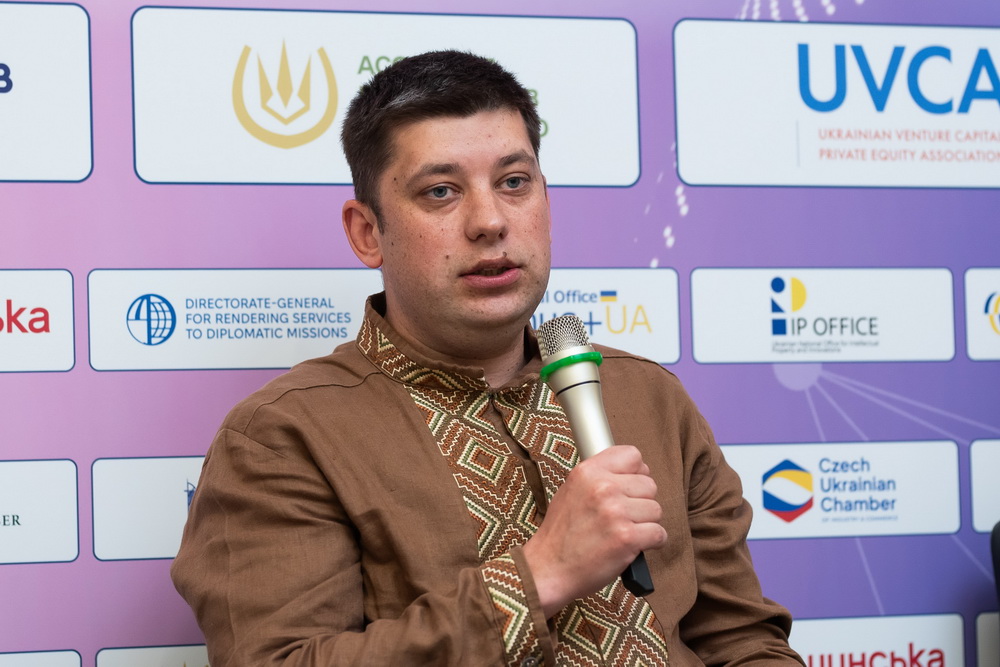
Roman Komendant, Deputy Head of the State Agency for Restoration and Infrastructure Development of Ukraine for Digital Development, Digital Transformation, and Digitalization, spoke about the launch of a large-scale social housing project. “The first stage will cover 15 communities and includes the construction of approximately 6,500 apartments. Funding is expected from the European Investment Bank in the amount of €400 million, half of which will be provided as a grant. The projects are planned to be implemented using BIM modeling, which will simplify future operation,”- Mr. Komendant stated. He also emphasized the importance of public-private partnerships in the recovery process, particularly in the energy and infrastructure sectors, and called for a shift away from price-based tendering in a favor of quality and long-term efficiency.
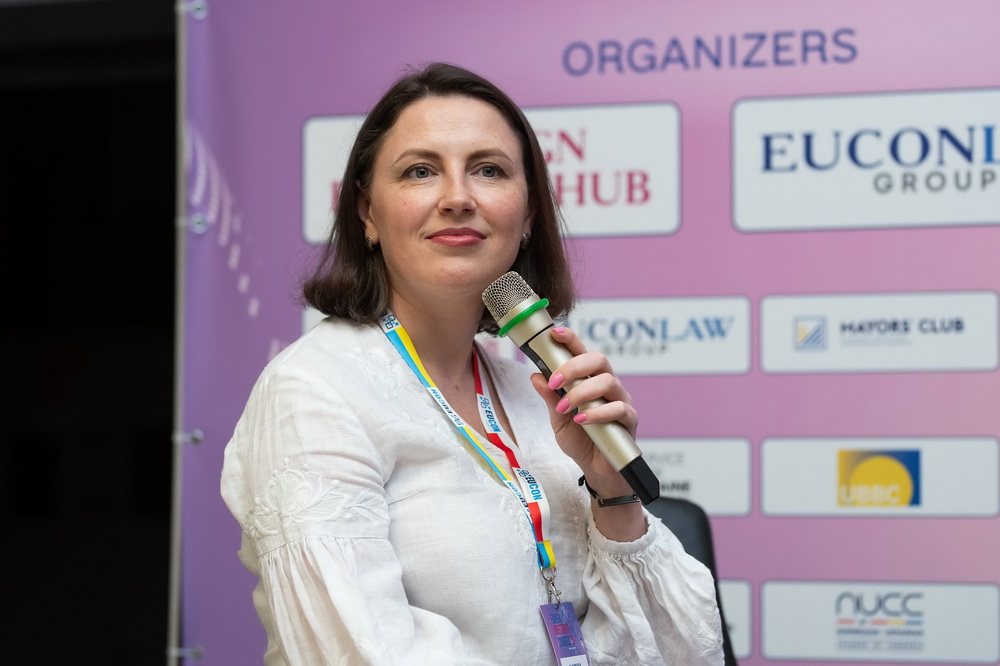
Summarizing up the panel, Ms. Nadiya Bigun, Chair of Supervisory Board of SE DOT Ukraine and Former Deputy Ministry of Economy of Ukraine, emphasized the importance of uniting the efforts of the state, local communities, and businesses to turn the challenges of reconstruction into new opportunities for Ukraine.
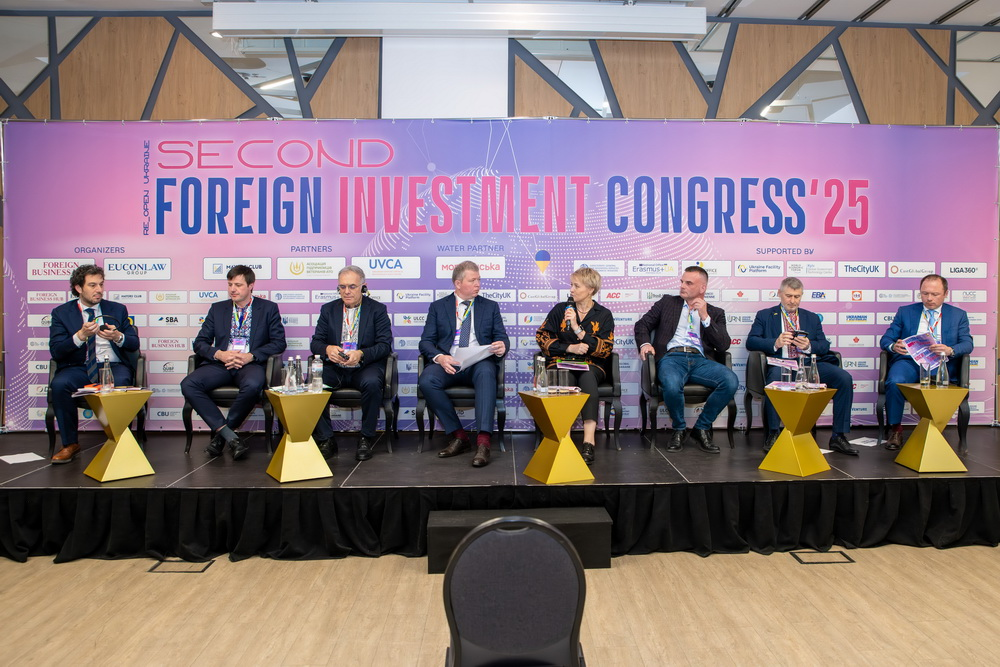
During the panel discussion “AgroInvest Ukraine: How to Make Ukraine’s Agricultural Sector a Magnet for International Capital and an Attractive Force for Global Food Security”, participants discussed the key challenges and opportunities related to attracting foreign investment. The discussion focused on market access, labor shortages, development of financial instruments, digitalization of the agri-food sector, and the implementation of ESG-oriented financing.
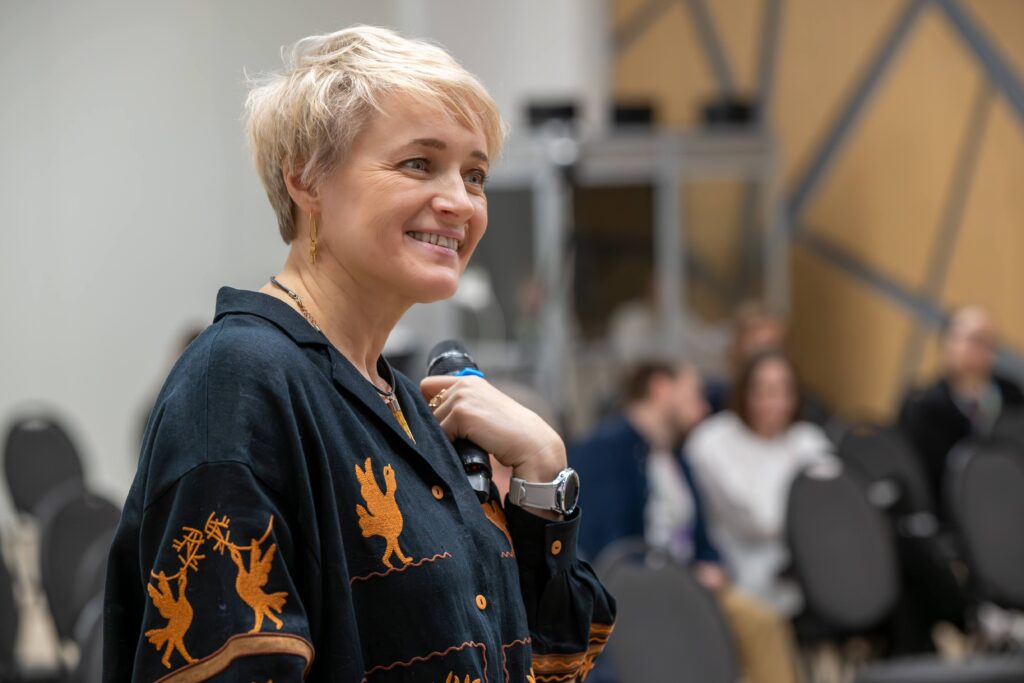
Opening the panel, moderator Olga Trofimtseva, Sectoral Leader for Agriculture and Biodiversity at Ukraine Facility Platform, emphasized that Ukraine’s agri-food sector is not only a vital part of the national economy but also a strong contributor to global food security — even under the conditions of the full-scale war. “Ukraine’s agricultural sector has always been attractive to foreign investors, and despite the war, it remains a stable destination for long-term investment,” Ms. Trofimtseva noted.
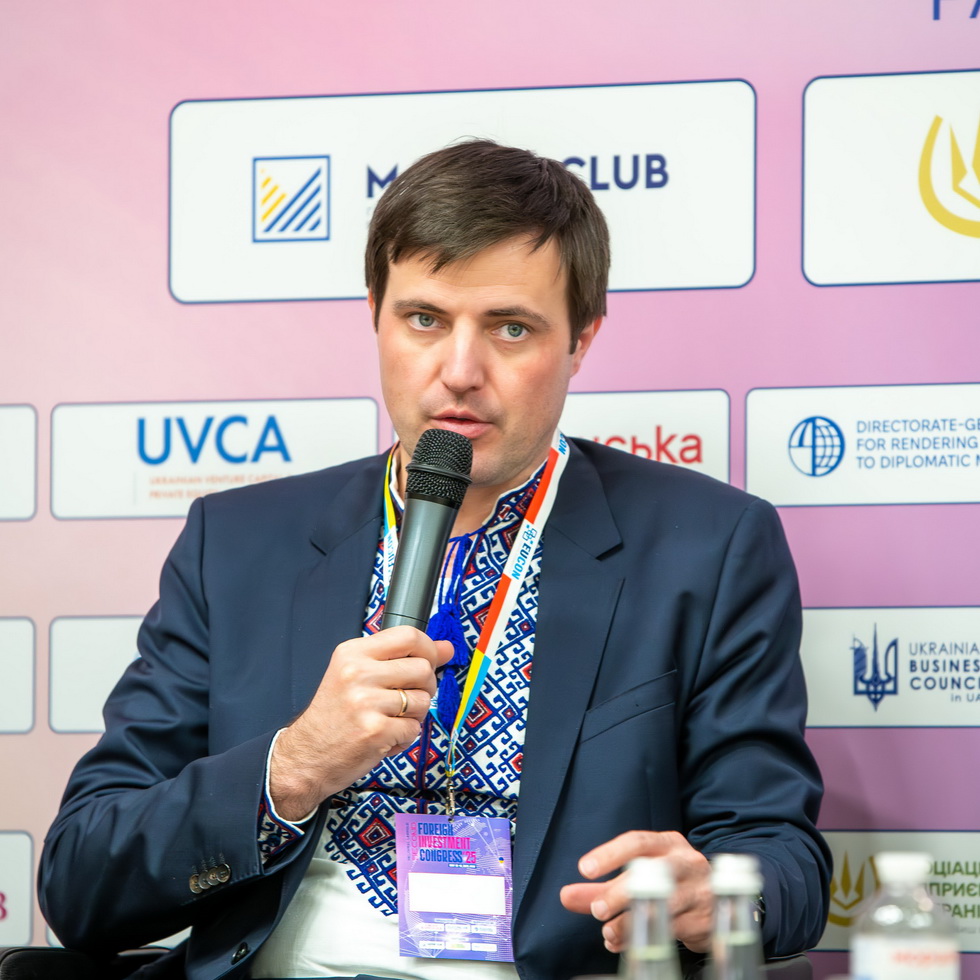
Taras Vysotskyi, First Deputy Minister of Agrarian Policy and Food of Ukraine, outlined key steps needed to boost foreign investment in Ukraine’s agricultural sector. These include deregulation, ensuring long-term access to export markets — particularly the EU, UAE, and South Asia — and the development of financial instruments such as agri-notes. He stressed that Ukraine’s agri-sector remains investment-worthy despite the ongoing war. According to Mr. Vysotskyi, new trade agreements signed in 2023 open up promising opportunities for the export of high value-added products. “To maintain our position as a global player in agriculture, we must ensure clear rules, predictable policies, and effective support mechanisms for investors,” the Deputy Minister concluded.
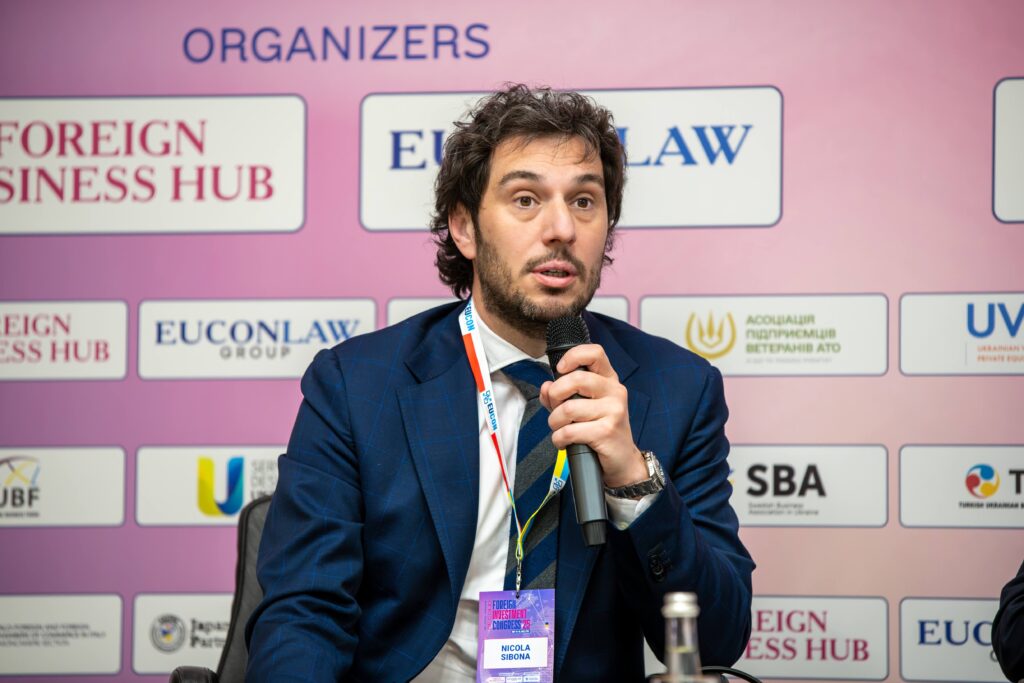
Mr. Nicola Sibona, Head of Trade and Economic Section at EU Delegation to Ukraine, emphasized that despite the ongoing war, the European Union continues to support Ukraine, particularly through the Ukraine Facility, which provides for up to €40 billion in investment. He highlighted that the second pillar of this program — the Ukraine Investment Framework — is designed to boost the involvement of European businesses in the agri-food sector. The speaker also pointed out a new phase of cooperation: the transition from emergency trade preferences to long-term economic partnership and regulatory convergence on Ukraine’s path toward EU membership.
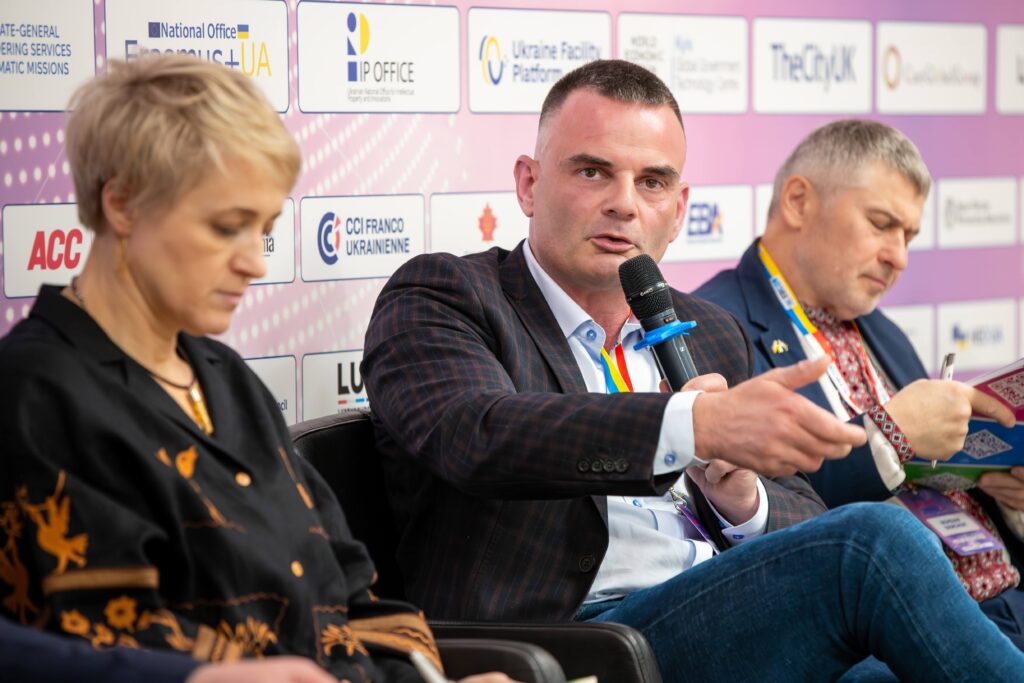
Gerard de La Salle, Business Leader, Elicit Plant in Ukraine; Founder at Alfagro; Foreign Trade Advisor of France, outlined key barriers for new foreign investors in Ukraine’s agri-food sector — in particular, challenges with capital repatriation and a severe labor shortage. According to him, current investments are primarily made by companies already established in Ukraine and familiar with the local landscape. He also emphasized the need for a strong family policy to encourage the return of the workforce. “Without addressing structural issues — especially related to human capital and capital repatriation — it will be difficult to attract new players to the market,” the speaker noted.
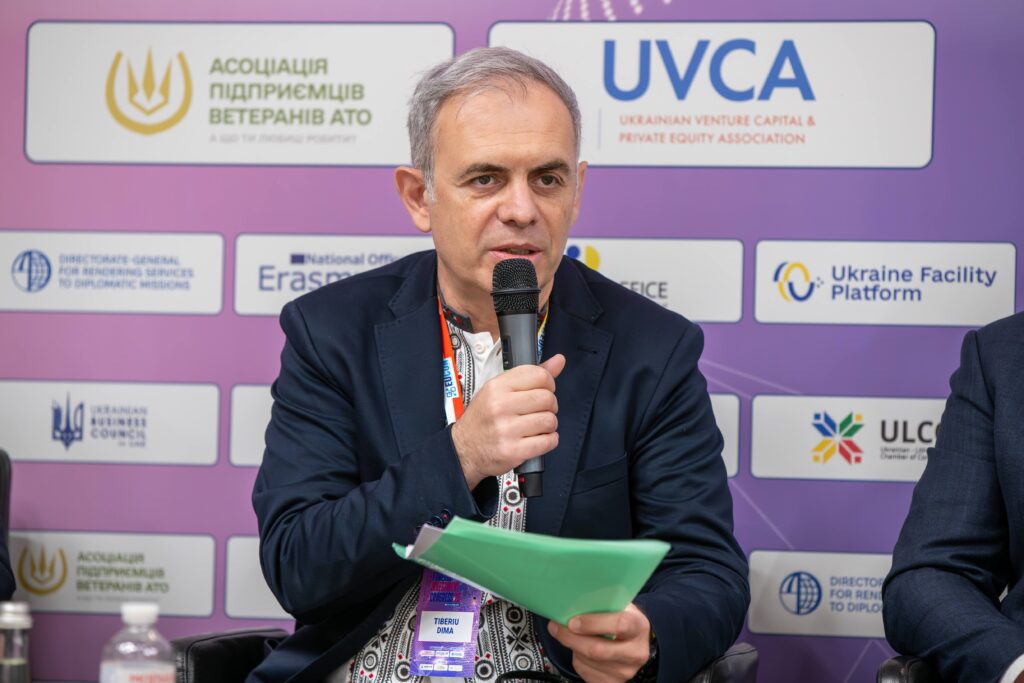
Tiberiu Dima, Managing Director of BASF Ukraine and President of the European Business Association (EBA), emphasized that Ukraine’s post-war recovery represents a unique opportunity for international investors. He noted that since 2022, EBA member companies have already announced investments exceeding USD 3 billion, reflecting strong confidence in Ukraine’s economic potential. The speaker highlighted the importance of transparent rules and effective public-private cooperation, stressing that those who invest now gain a competitive advantage in terms of market share and brand recognition. He also shared practical advice for companies entering the Ukrainian market — to engage experienced legal and financial advisors and collaborate with business associations to effectively navigate the complex regulatory environment.
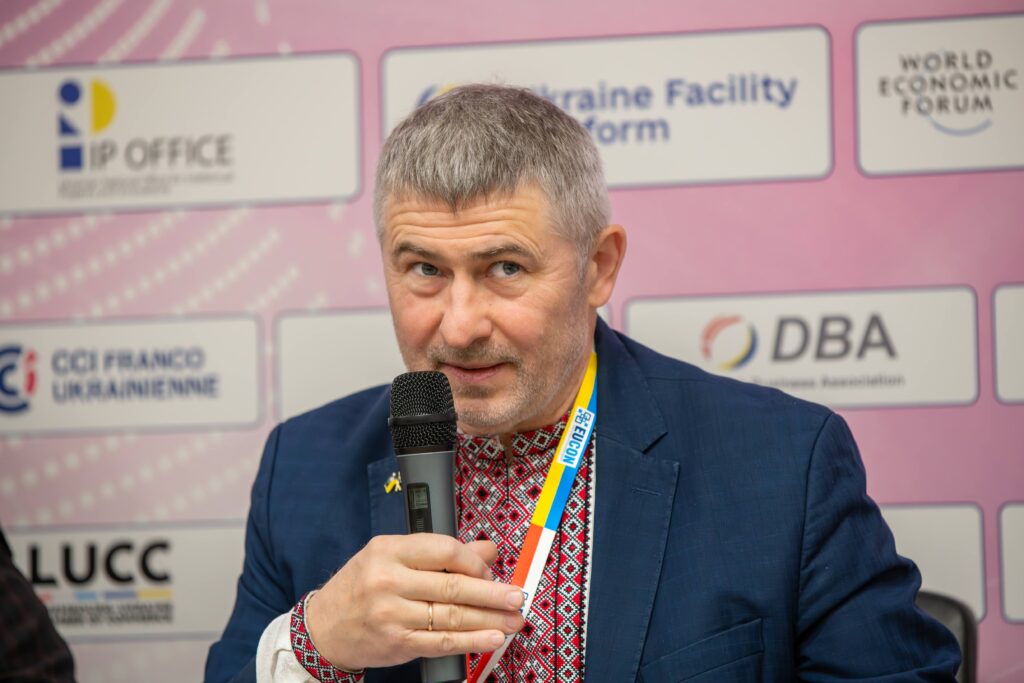
Bohdan Senchuk, Swedfund Representative in Ukraine, has spoken about the fund’s interest in financing sustainable development projects, particularly in the agricultural sector. He emphasized that the key criterion for funding is a positive environmental impact — for example, supporting the conversion of agricultural waste into biogas and organic fertilizers. “Swedfund is already cooperating with local communities and private companies, and the amount of grant financing for the feasibility study stage can reach up to €1 million. The fund also partners with similar institutions from Denmark, Norway, Finland, and the Netherlands, and is currently actively screening projects in Ukraine,” Mr. Senchuk noted.
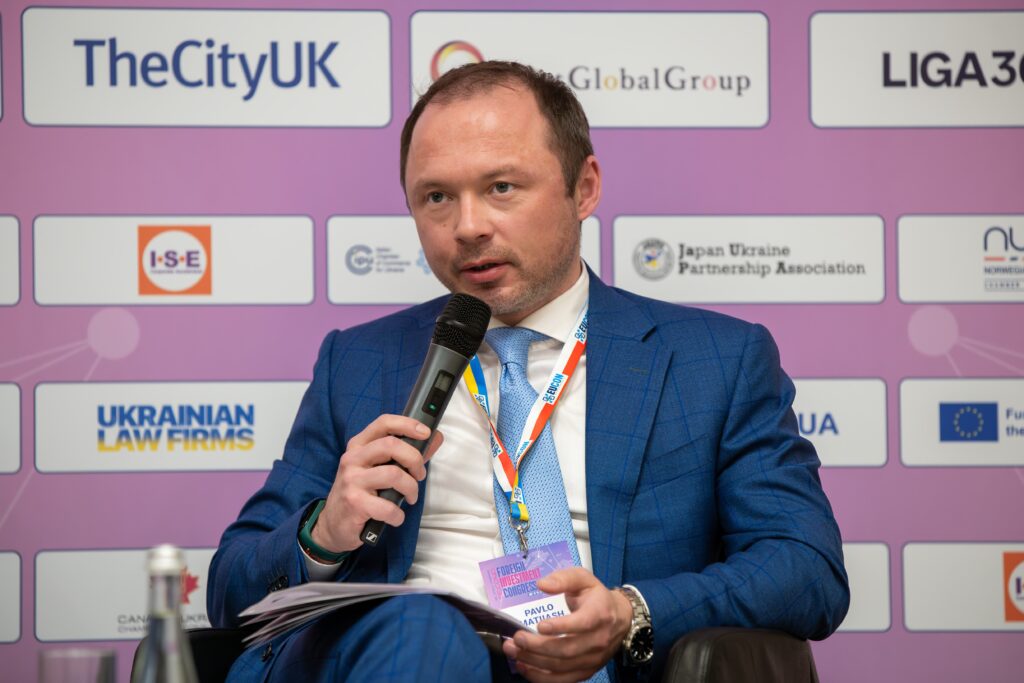
Pavlo Matiiash, CEO, Fintech Company Activitis, presented an innovative financing tool for the agricultural sector — the 2agro installment program, which operates under a B2B BNPL (Buy Now, Pay Later) model and provides farmers with fast access to working capital. “In its first year, the service received 1,863 financing applications totaling UAH 2.25 billion, of which 845 were approved for a total of UAH 760 million. Agreements are signed entirely online, and the fastest payment to a supplier was completed in just 42 minutes. The company also invests in digital education for farmers, developing its own ecosystem for learning and knowledge sharing,” the speaker noted.
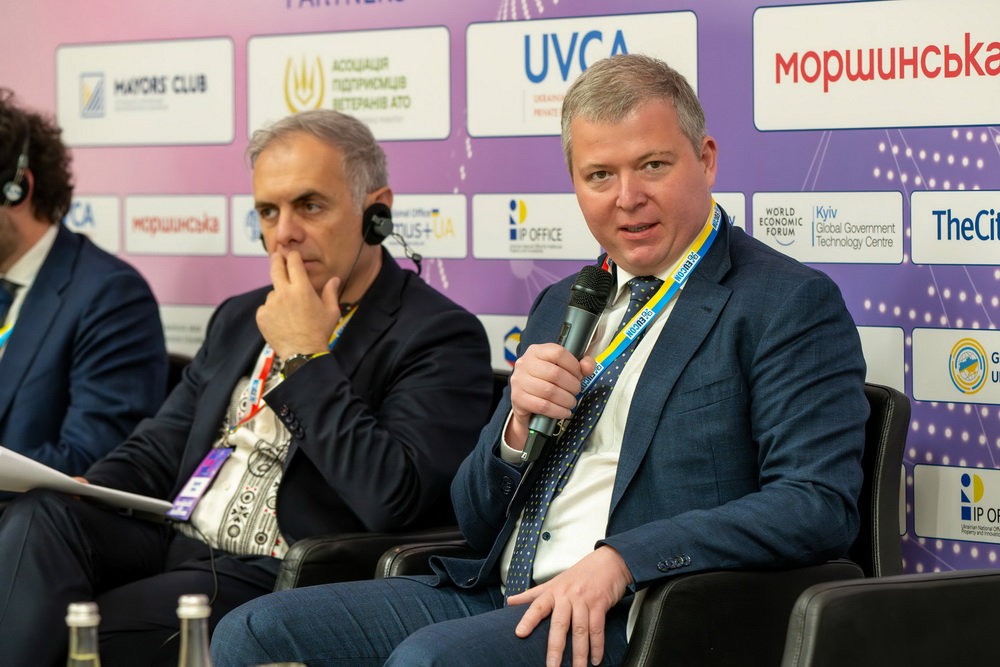
In his speech, Arsen Ilyin, Member of the National Securities and Stock Market Commission of Ukraine, emphasized the importance of developing the capital market as a vital part of the financial infrastructure to support the agricultural sector. He highlighted the potential of new financing instruments, particularly agricultural bonds, which could serve as an accessible alternative to traditional bank loans. The speaker noted that, in the context of war, it is crucial to establish transparent and effective capital-raising mechanisms that meet European market standards.
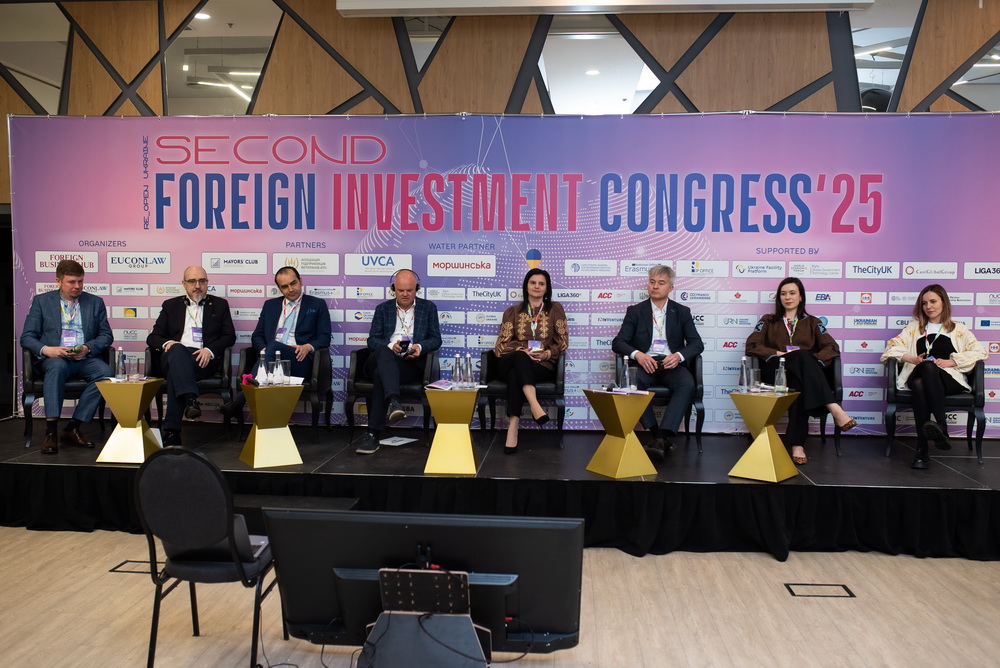
The panel discussion “Decentralization of Ukraine’s Energy Sector: A Window of Opportunity for Foreign Investors and Financial Institutions” was focused on the current state, challenges, and development prospects of Ukraine’s energy system in the context of war and post-war recovery. Participants discussed energy decentralization, the development of distributed generation, energy security, and the strategic role of the energy sector in Ukraine’s overall economic strategy.
The panel was moderated by Stanislav Ignatiev, Chairman of the Council, Ukrainian Association of Renewable Energy; Head of R&D department, Ukrtransgaz.
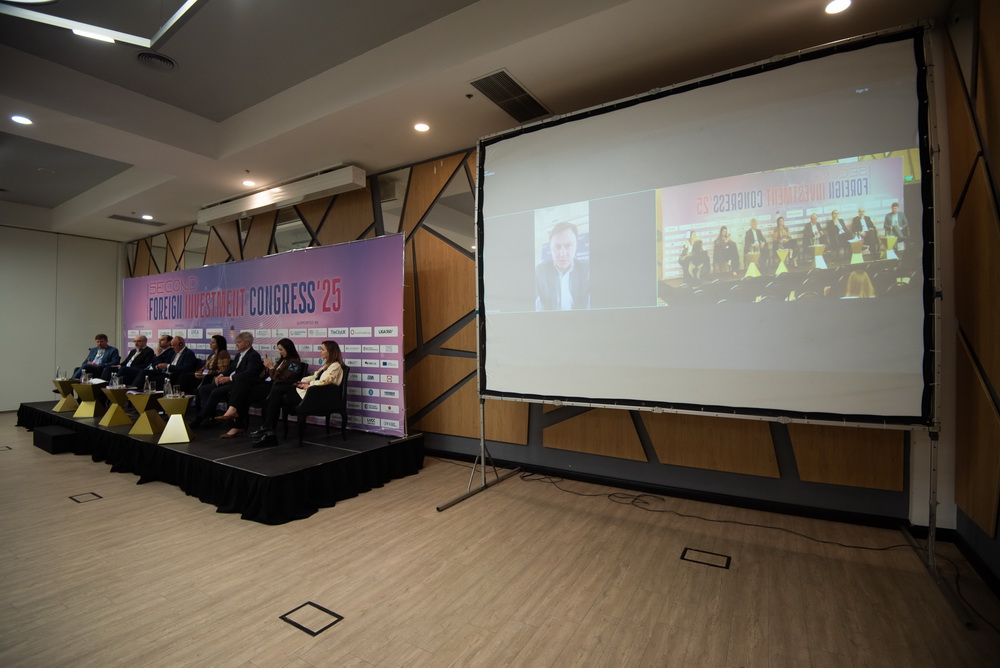
Mykola Kolisnyk, Deputy Minister, Ministry of Energy of Ukraine, outlined the key priorities of the energy sector in his speech, namely the implementation of a large-scale repair campaign, the development of distributed generation, and the formation of an emergency reserve. He emphasized that energy decentralization and the active involvement of local communities open new opportunities to enhance the resilience of the system. «Among notable examples are the restoration of local CHP plants at industrial enterprises and community-led wind farm initiatives. The energy sector is becoming the one of the key drivers of post-war recovery and Ukraine’s investment appeal», – noted Mr. Kolisnyk.
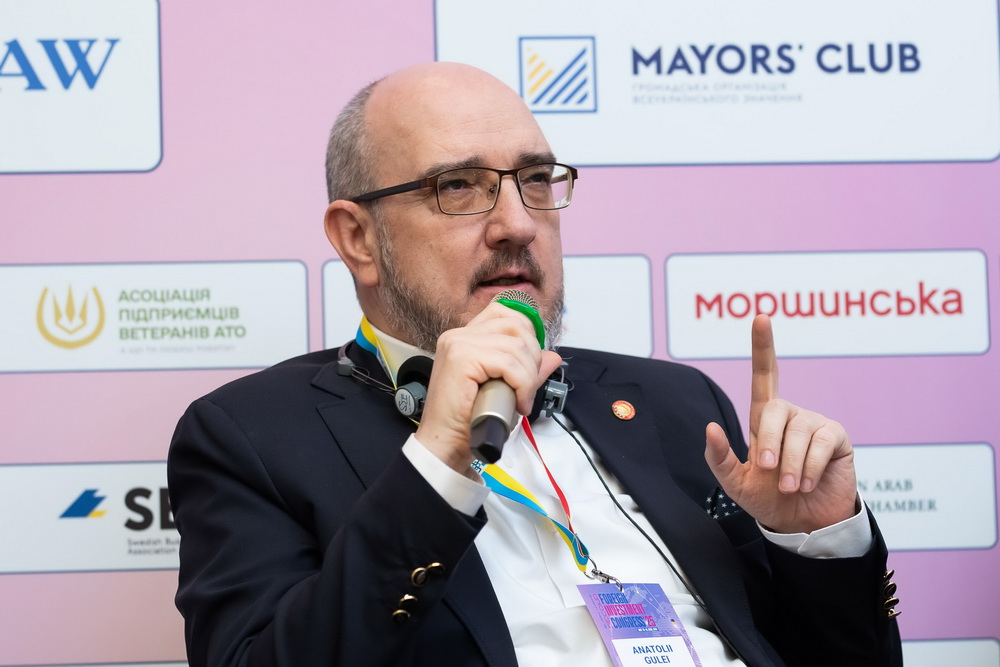
Anatolii Gulei, Deputy Chairman, Supervisory Board of PrJSC NPC Ukrenergo, stated that Ukraine’s energy system successfully withstood massive attacks in the fall of 2022 and even became a source of expertise for European colleagues — particularly during the blackout in Spain and Portugal. He emphasized that Ukrenergo’s human and technical potential enables effective response to crisis challenges. “To fully modernize the energy system, Ukraine needs to reach a GDP level of $200–250 billion. Ukraine’s energy sector has already proven its resilience — now it’s time to move toward large-scale modernization and attract investors,” the speaker concluded.
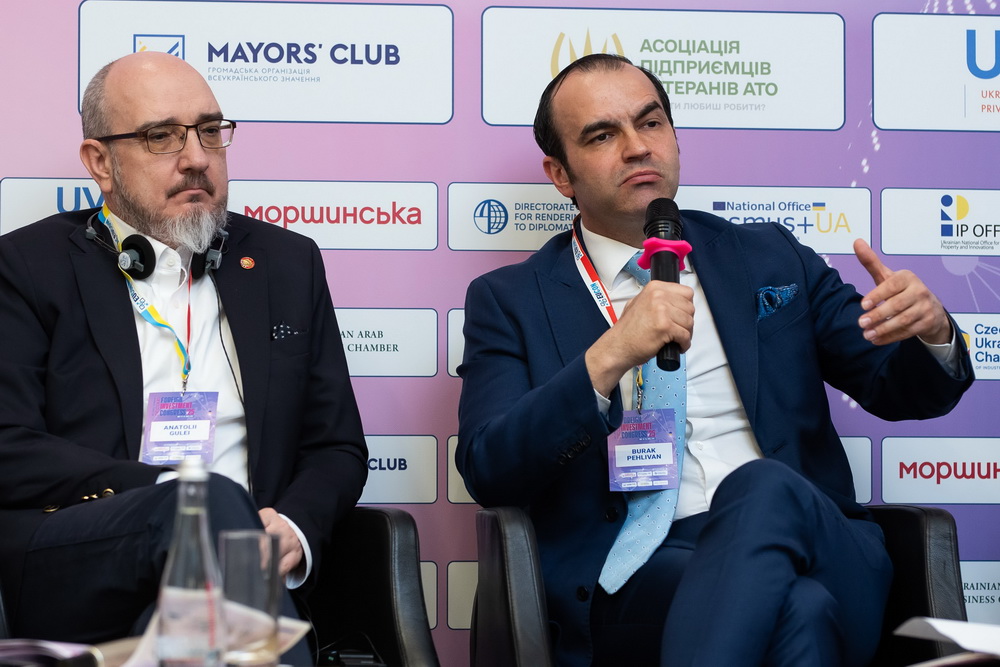
Burak Pehlivan, Chairman, Turkish-Ukrainian Business Association; Member of the Board, Inventerra Energy, emphasized that Turkey is the largest foreign investor in Ukraine’s renewable energy sector. “Even before the start of the full-scale war, more than 500 MW of capacity had been installed, and an additional 400 MW have been added since then. In total, Turkish investors currently account for around 8% of Ukraine’s renewable energy capacity, and this share is expected to grow to 10% upon completion of ongoing projects,” the speaker has noted. Mr. Pehlivan also highlighted the point of Ukraine’s strong potential as an energy market and stressed the importance of decentralization and the development of energy “islands” as a key element of energy security.
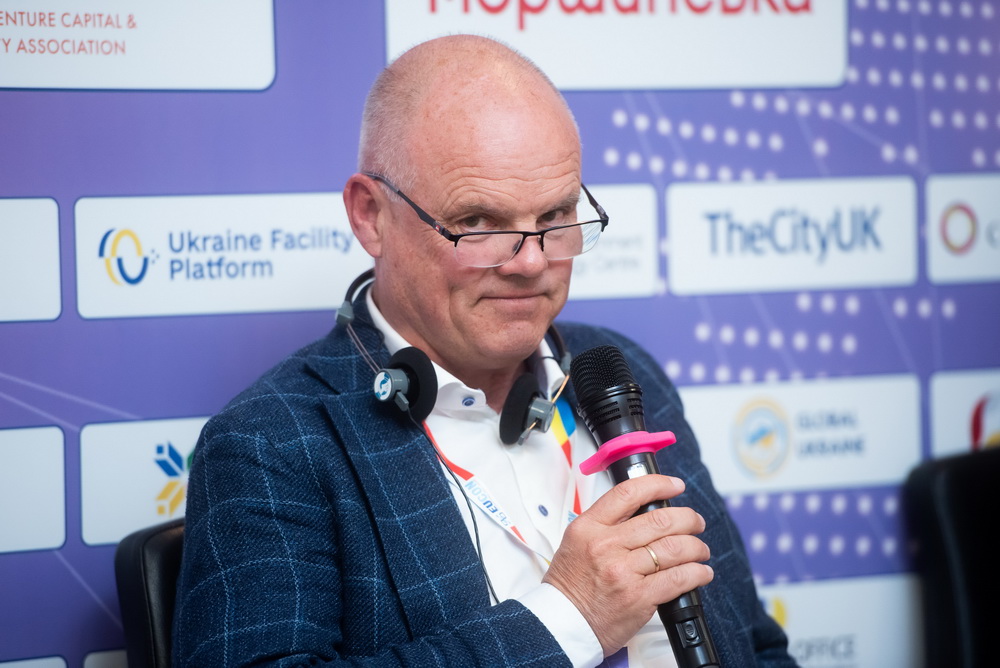
Jon Erik Hogberg, COO, Itera Group, emphasized the importance of investments in Ukraine’s renewable energy sector, particularly in wind and solar energy, as well as the strategy for exporting energy from Ukraine to Europe. He noted that Ukraine plans to produce 360 GW of renewable energy, with 40% of it being exported to Europe over the next 15-20 years. The speaker highlighted that Norway has significant potential for cooperation in the development of Ukraine’s energy infrastructure, which will be a key factor in achieving Europe’s energy security.
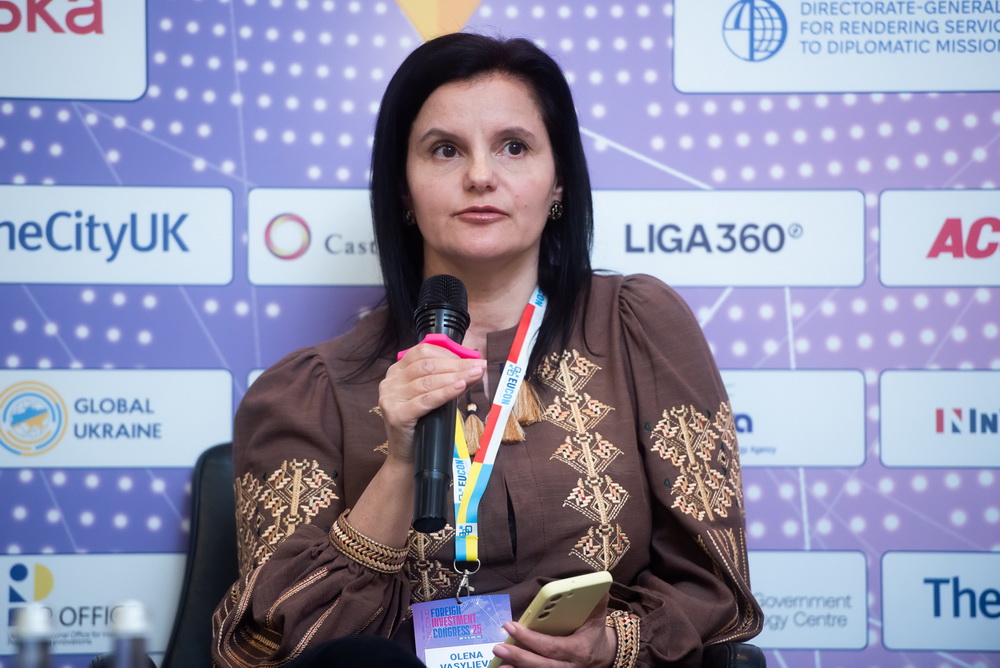
Olena Vasylieva, Head of Marketing at LIGA360, has spoken about the LIGA-360 system, which integrates important information for professionals in the energy sector, including legislative changes, companies, and court cases. She emphasized the importance of transparency and sustainability for both business and government, highlighting the need to adhere to ESG standards and transparency in the decentralization of energy. The speaker also noted that the LIGA-360 system provides comprehensive information about companies, which helps to make informed investment decisions.
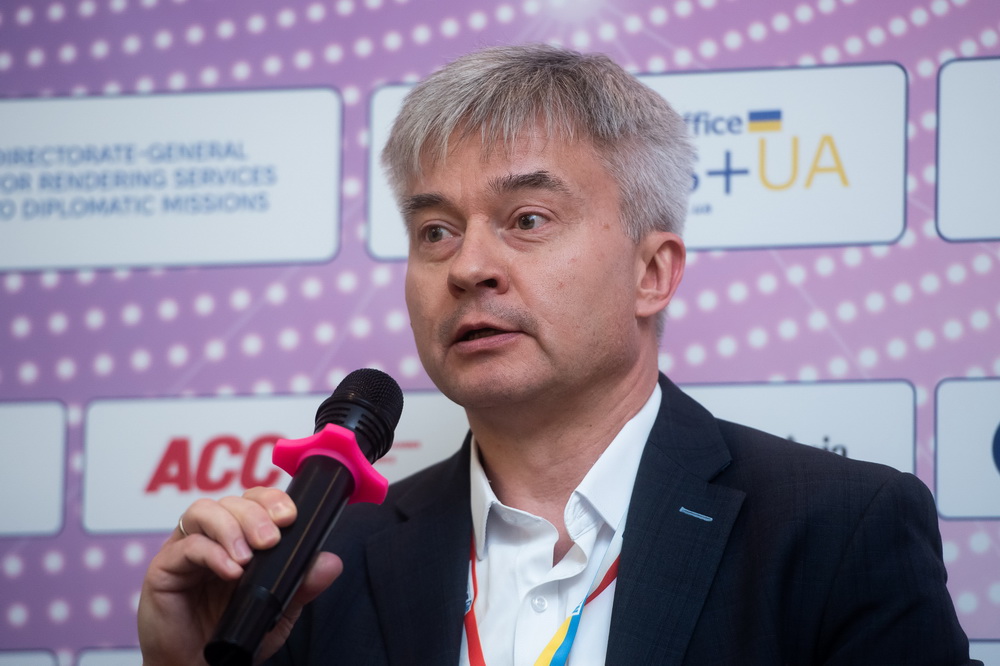
Oleksiy Parkhomchuk, Investment Director and Representative in Ukraine, Investment Fund for Developing Countries, has spoken about the Fund’s activities, emphasizing that it invests in viable projects without subsidies or guarantees, enabling the financing of commercially successful projects even amid war. He noted that despite the war, Ukrainian projects continue to operate and meet their credit obligations, and the fund has already invested in 6 new projects, including in bioenergy and wind energy. The speaker also highlighted the high liquidity of the Ukrainian banking system and stated that Ukraine is one of the best markets for investment.
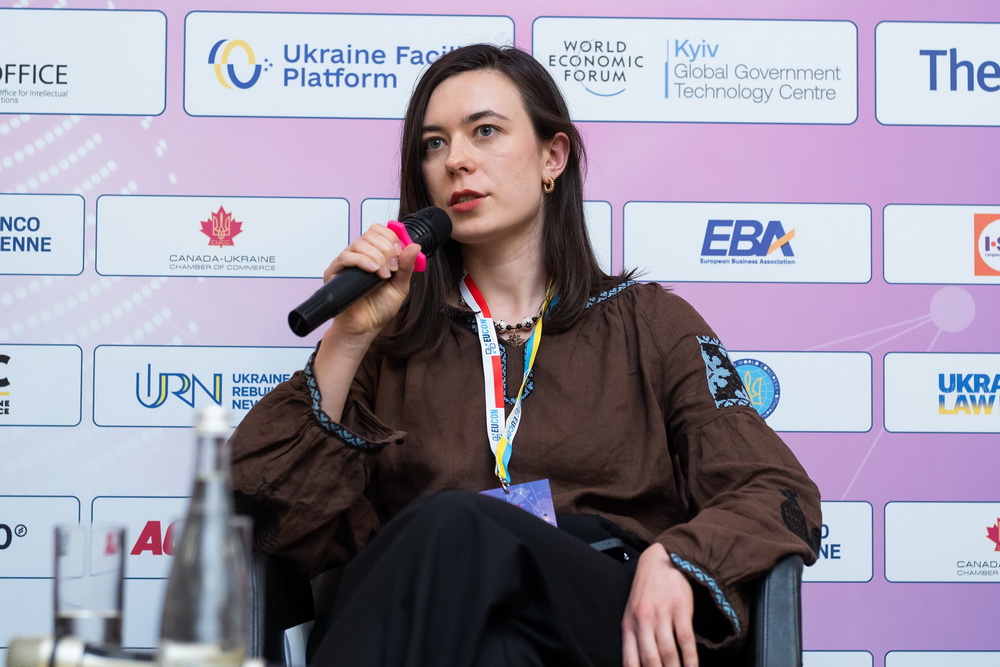
During her speech, Anastasiia Vereshchynska, CEO, European-Ukrainian Energy Agency, noted that despite the challenges of the war, international investors who had lost assets continue to build new projects in Ukraine, particularly in wind energy, where ready-to-build projects already total 4 GW. She also emphasized the importance of creating an electricity price guarantee fund, which should ensure the financing of new projects, particularly through the support of the European Commission and major European development banks. The speaker also highlighted the issue of access to war risk insurance, which remains a serious barrier to attracting investment.
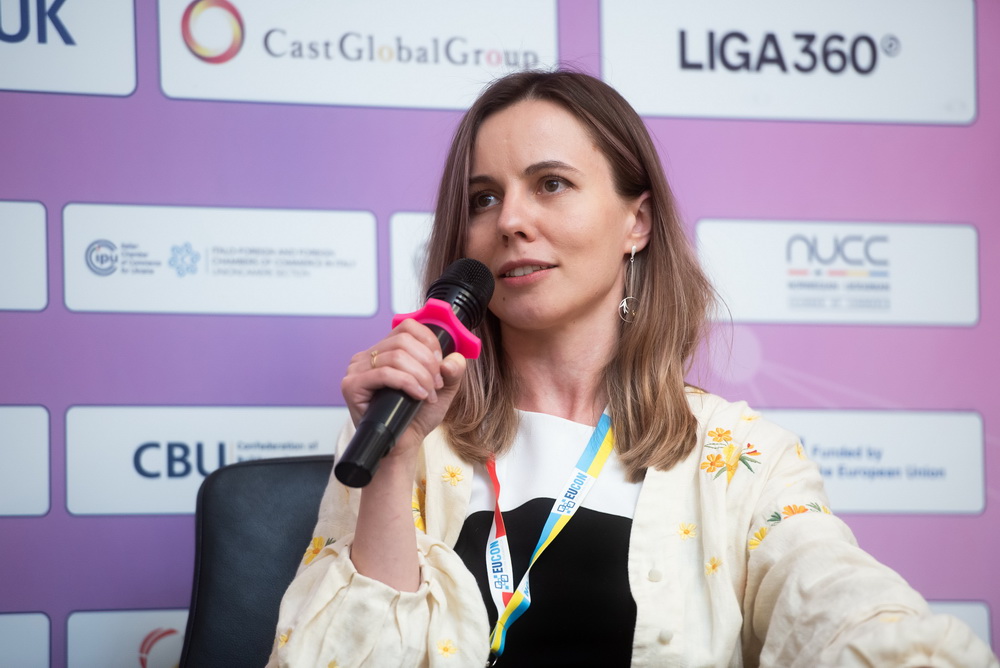
Victoria Pysmenna, General Councel, Elementum Energy, shared her experience of successfully developing wind farms in Ukraine despite the challenges of war and the pandemic, emphasizing the importance of new projects in the western regions, particularly in the Odesa region. She noted that there are currently up to 400 MW of wind power capacity in Ukraine, and an important aspect of development is finding private buyers for electricity through corporate contracts. The speaker also highlighted the importance of improving conditions for investors, such as the cash method for VAT and income tax, as well as the issue of priority disconnection of green generation.
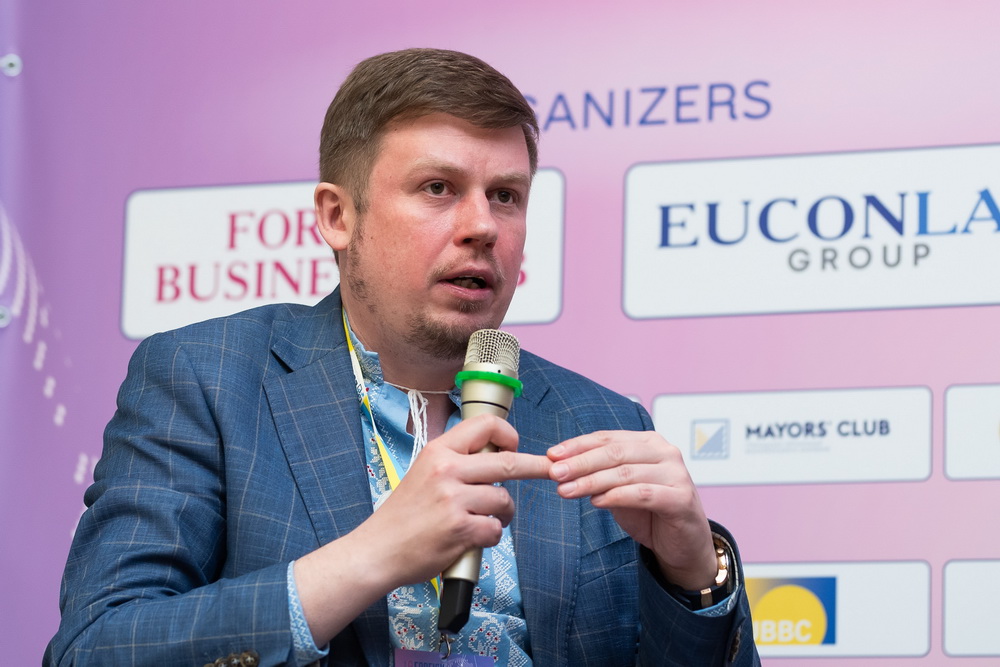
Summarizing the panel, Stanislav Ignatiev emphasized the significant potential for the development of renewable energy in Ukraine, despite the challenging conditions of the war. He highlighted the resilience of international investors who, despite losing assets, continue to invest in new projects, particularly in wind energy. The moderator also pointed out the importance of collaboration with the government to support these projects, particularly through green auctions and other support mechanisms. He stressed that, despite the instability, there are positive trends, and investors continue to look with optimism at the development of energy infrastructure in Ukraine.
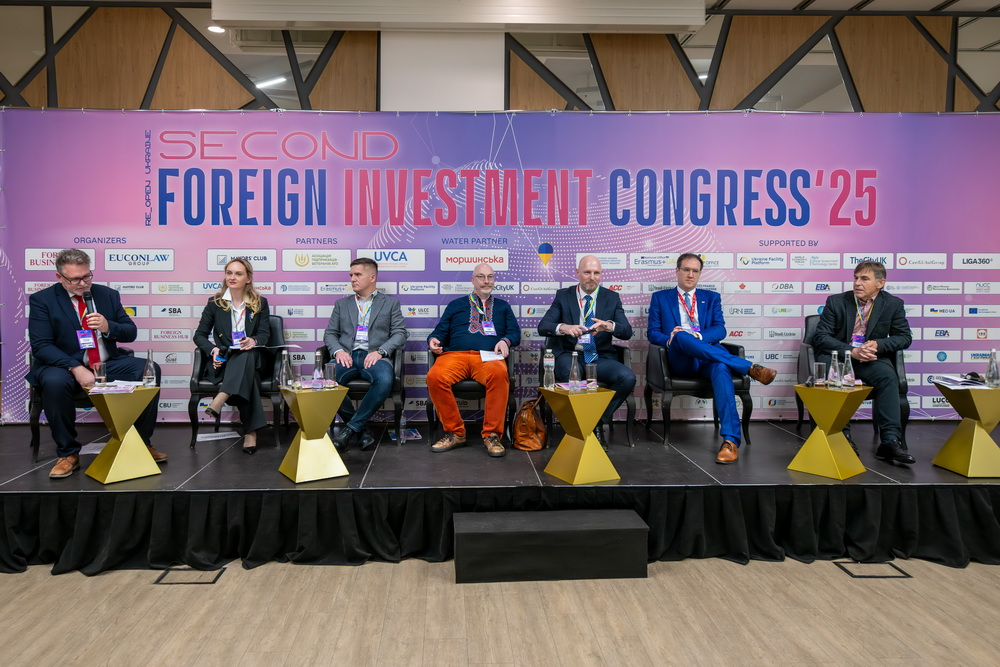
Panel Discussion “Localization of Production in Ukraine: Promoting Sustainable Development, Accelerating Economic Recovery, Ensuring Long-Term Prosperity, and Strengthening Trust Among Foreign Investors”
During the panel, participants discussed key issues related to the localization of production in Ukraine amid the war, particularly the challenges for investors and opportunities for growth. The main topics included the importance of infrastructure development, the implementation of new technologies and automation, as well as addressing the shortage of skilled labor.
The panel was moderated by Dr Markus Ciupek, Investor, COO at Time&Space Ukraine; Head of Working Group Manufacturing; German-Ukrainian Chamber of Commerce.
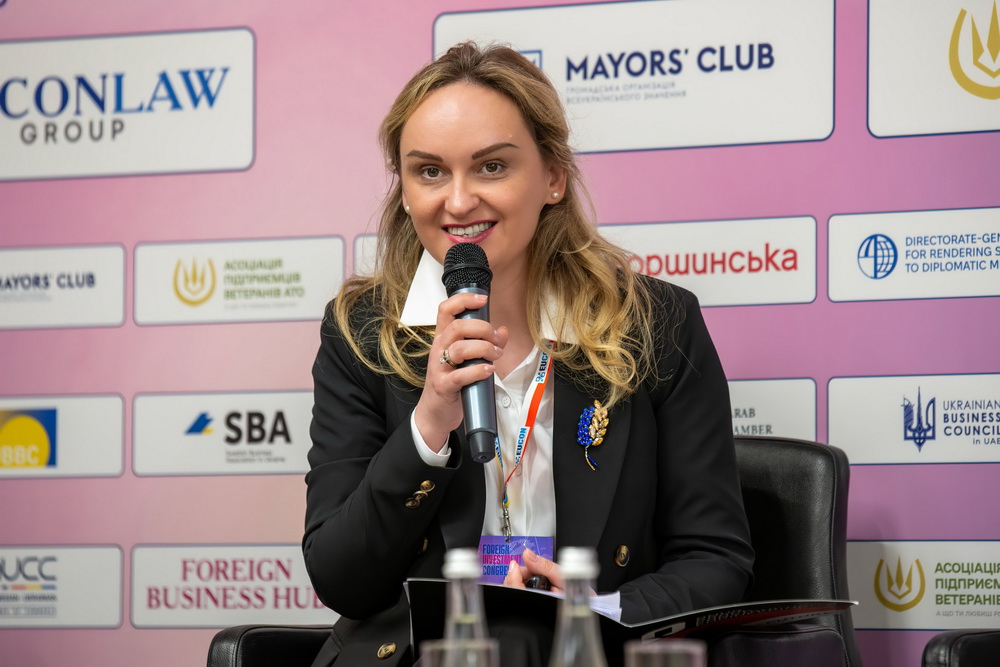
Olena Chepurnova, Investment Analyst at Onur Group, presented the company’s successful experience in Ukraine, emphasizing the importance of infrastructure investments even during the war. “The company has invested over half a billion dollars in Ukraine and plans to double this amount by 2030,”- noted Ms. Chepurnova. She also highlighted that the localization of production is a key factor in supporting the local economy and reducing the dependence on imports.
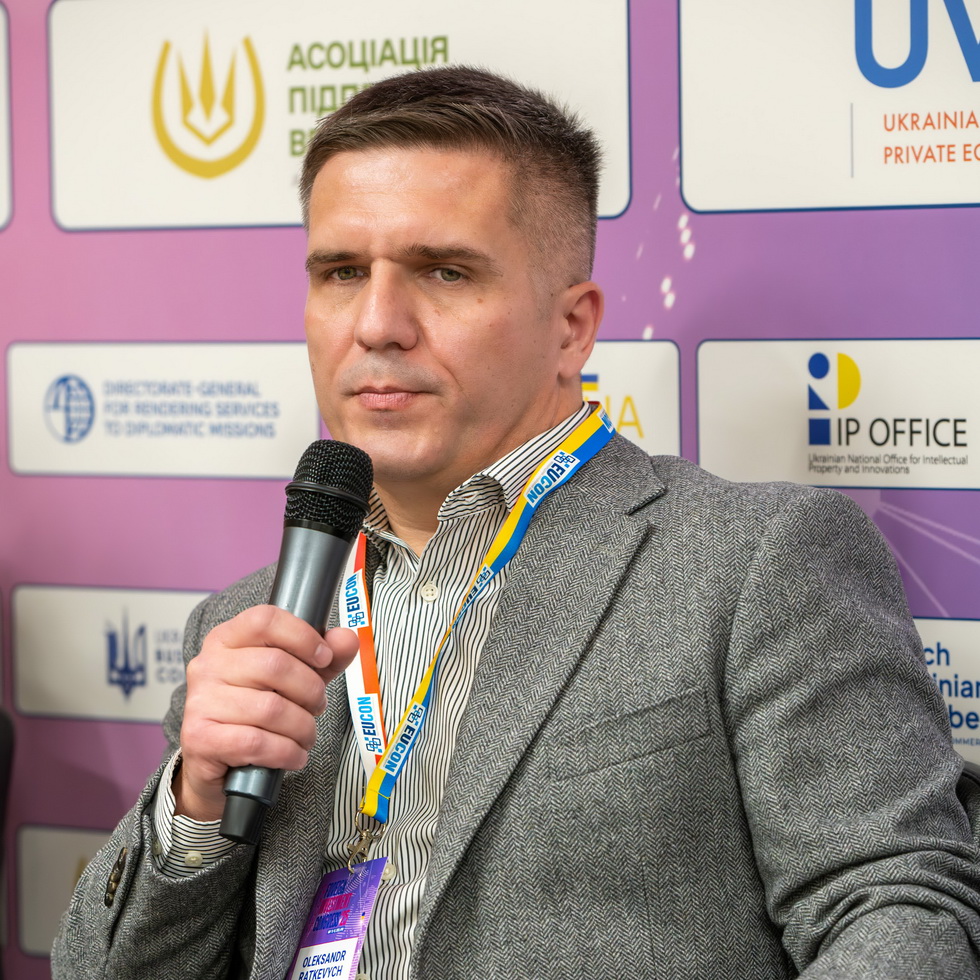
Oleksandr Ratkevych, Managing Director at Robert Bosch Production Ukraine, shared the experience of localizing production at the Robert Bosch plant in Ukraine, highlighting the high qualification level of the staff and the efficiency of the manufacturing processes. “The plant has been operating since 2003, producing over 350,000 units annually and achieving a significant 50% increase in productivity over the last 6 years,” emphasized the speaker. Mr. Ratkevych also noted the importance of implementing innovative technologies such as computer vision and artificial intelligence to enhance production efficiency.
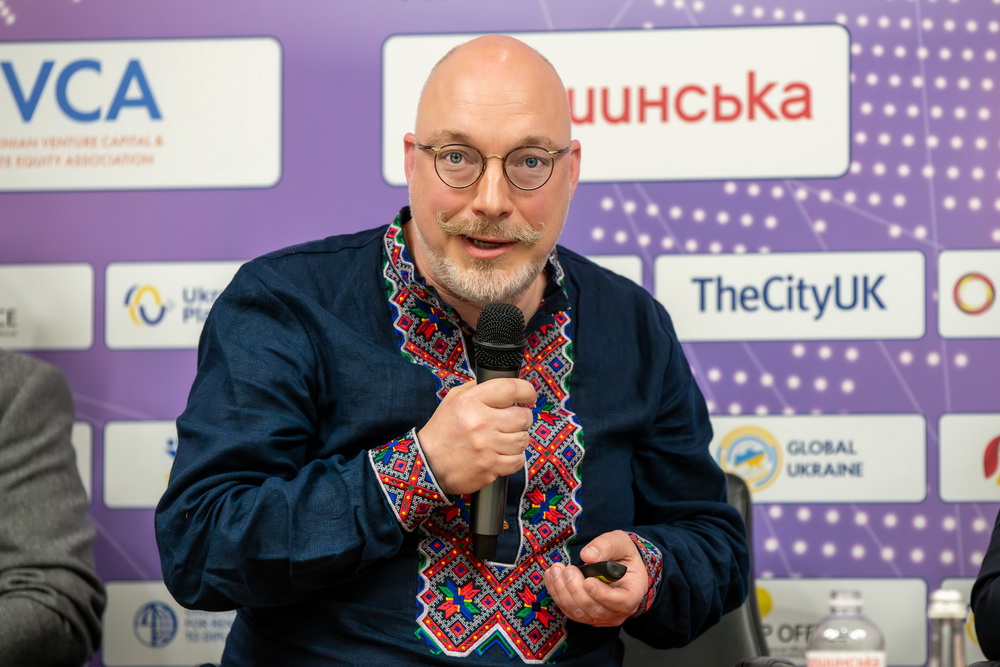
Håkan Jyde, CEO | Managing Director of Scania Ukraine, shared the company’s resilience and strategic decisions in the face of the war. He mentioned that despite all the challenges, Scania opened a new service center near the Brovary Ring Road in 2022. “Last year, Scania sold nearly 800 trucks, almost double the usual sales volume, addressing critical logistical needs caused by the war,” the speaker noted. Furthermore, Mr. Jyde emphasized the importance of addressing the driver shortage and informed the audience about the launch of a program to train women as drivers and mechanics, which will not only support business development but also contribute to the recovery of the workforce in Ukraine.
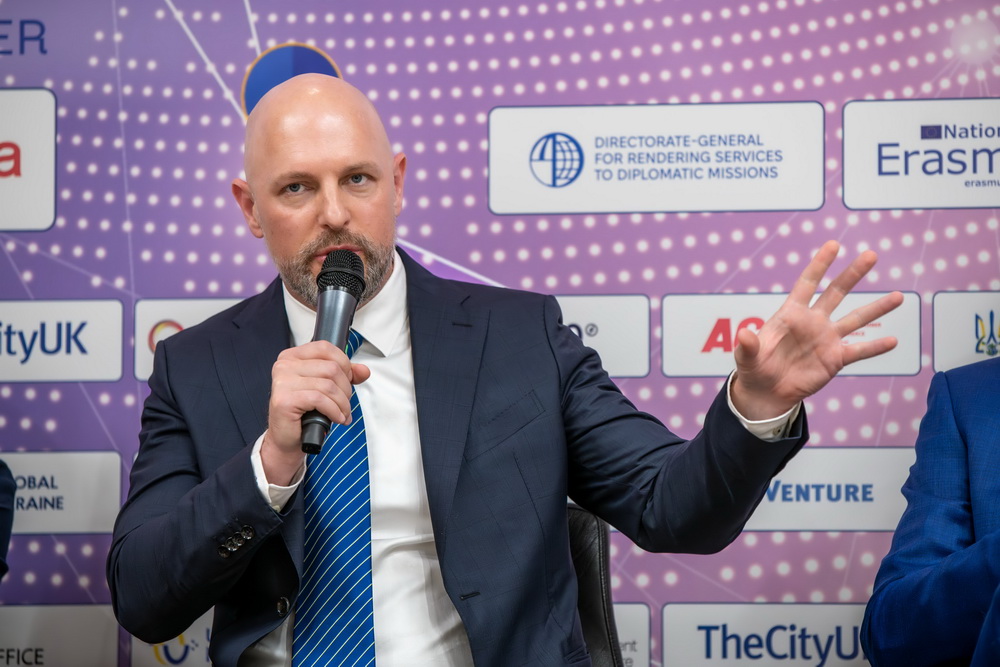
Markus Kollau, Commercial Director, Kromberg & Schubert Ukraine, also shared his experience working in Ukraine. “The company has been operating in Lutsk and Zhytomyr for 20 and 10 years, respectively, with over 8,500 employees. Despite the war, the company was able to quickly resume production after just a two-week break, which was critically important for clients, especially automotive manufacturers,” Mr. Kollau said. He noted that attracting new investments is becoming increasingly difficult due to the uncertainty caused by the war. This is particularly true for foreign investors, such as German automotive manufacturers, who require stability to make investments.
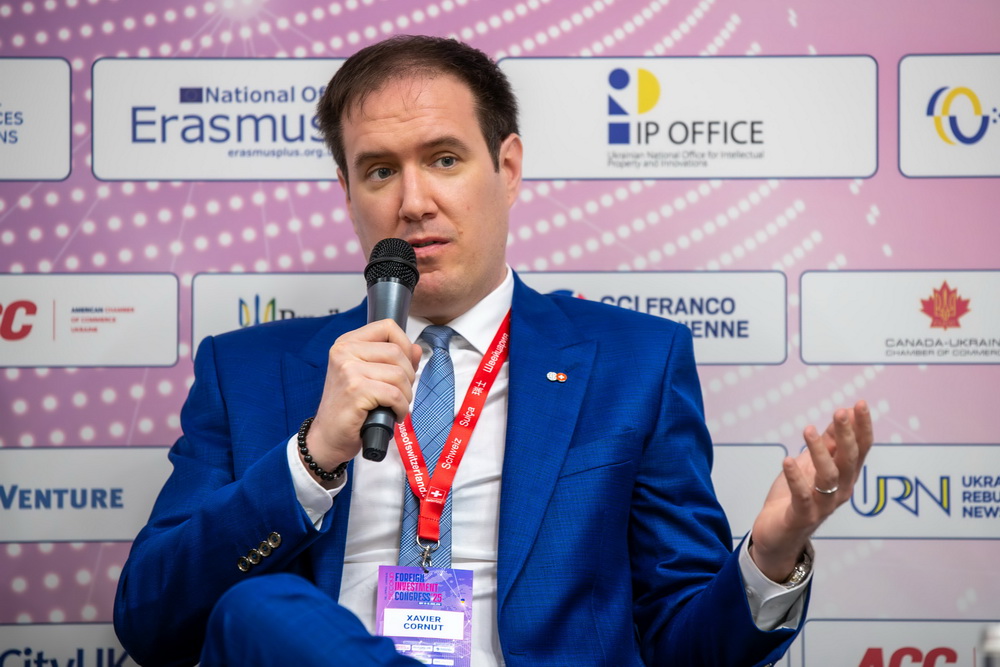
Xavier Cornut, Consultant for Europe & CIS, Switzerland Global Enterprise, shared his experience working with Swiss investors who show great interest in Ukraine but have many questions regarding the country’s security, transparency, and future. He noted that Switzerland, despite being a small country, is a major investor in international markets, ranking 6th among investors in the U.S. and 3rd in Kazakhstan. Mr. Cornut also emphasized the importance of informing and educating foreign investors, as many of them still lack sufficient information about Ukraine.
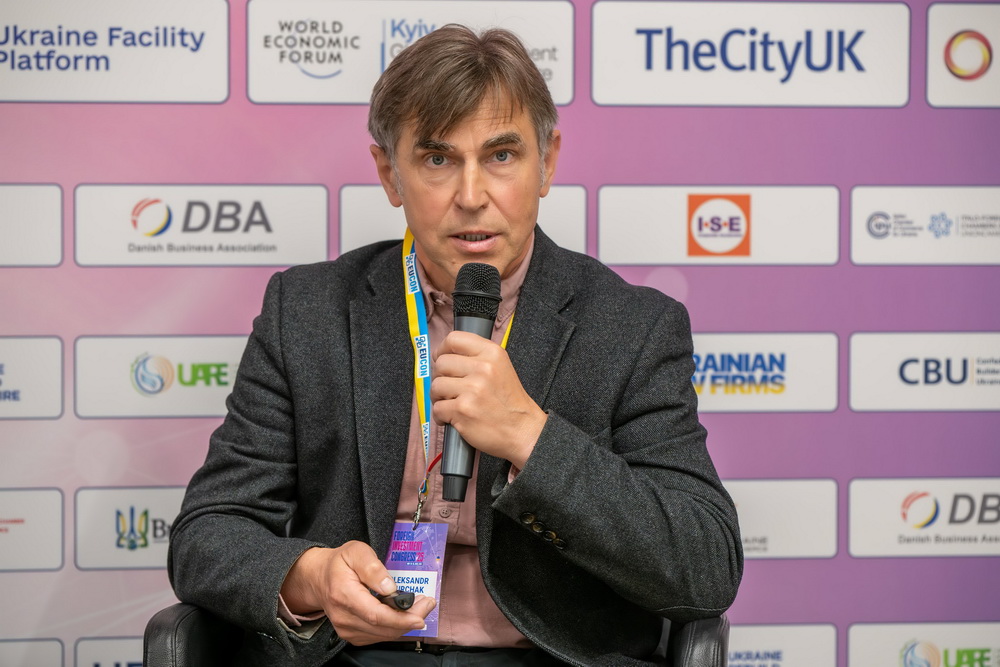
Oleksandr Yurchak, General Director of the Association of Industrial Automation Enterprises of Ukraine, in his speech shared the experience of developing Industry 4.0 in Ukraine, emphasizing the importance of creating an innovative ecosystem. He has noted that the Association unites more than 60 members and is actively working on implementing Western automation technologies to modernize Ukrainian enterprises. Alexander also highlighted the importance of education and development for small and medium-sized enterprises, as well as supporting national innovators and startups.
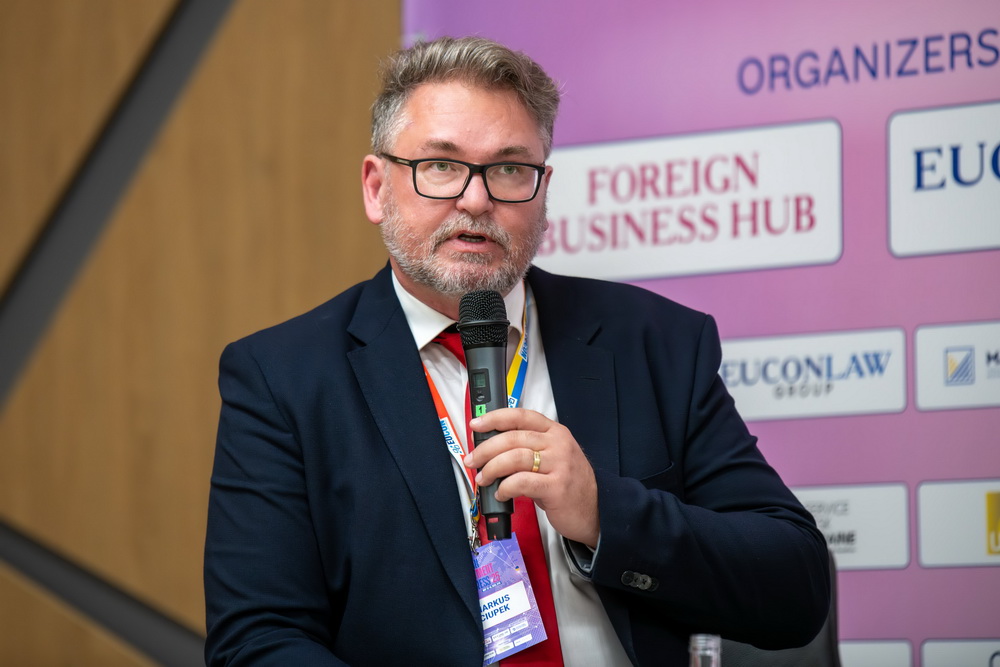
Summing up the panel, Dr Markus Ciupek, Investor, COO at Time&Space Ukraine, Head of Working Group Manufacturing, German-Ukrainian Chamber of Commerce, emphasized the need to support small and medium-sized businesses through education, investment, and partnerships with international companies. Ukraine has significant potential for integrating Western technologies, which will contribute to sustainable economic growth and strengthen the national economy.
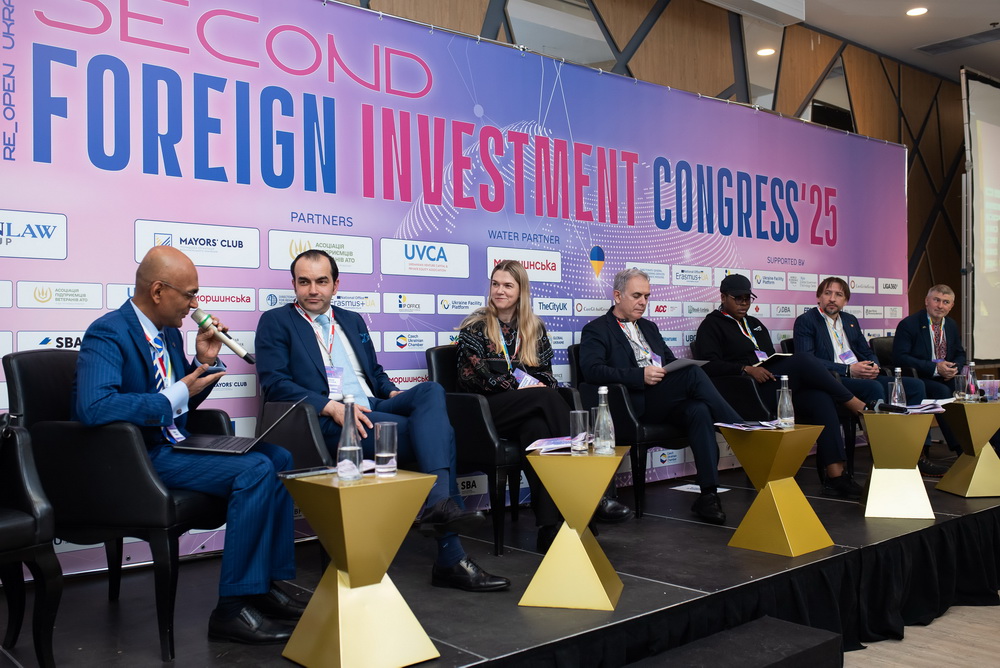
The final panel of the first day was a discussion on the topic: “Economic Ambassadors: How International Associations Build Trust in Ukraine and Open the Door to Global Capital”. During the panel, speakers discussed issues related to the economic recovery of Ukraine, investment attractiveness, and the support provided by international business associations. The speakers emphasized the necessity of reconstruction and ensuring sustainable development in Ukraine, which is a crucial factor for attracting foreign investments despite the current challenges.
The panel was moderated by Dr Binay Singh, Chairman of Ukraine-India Business Association.
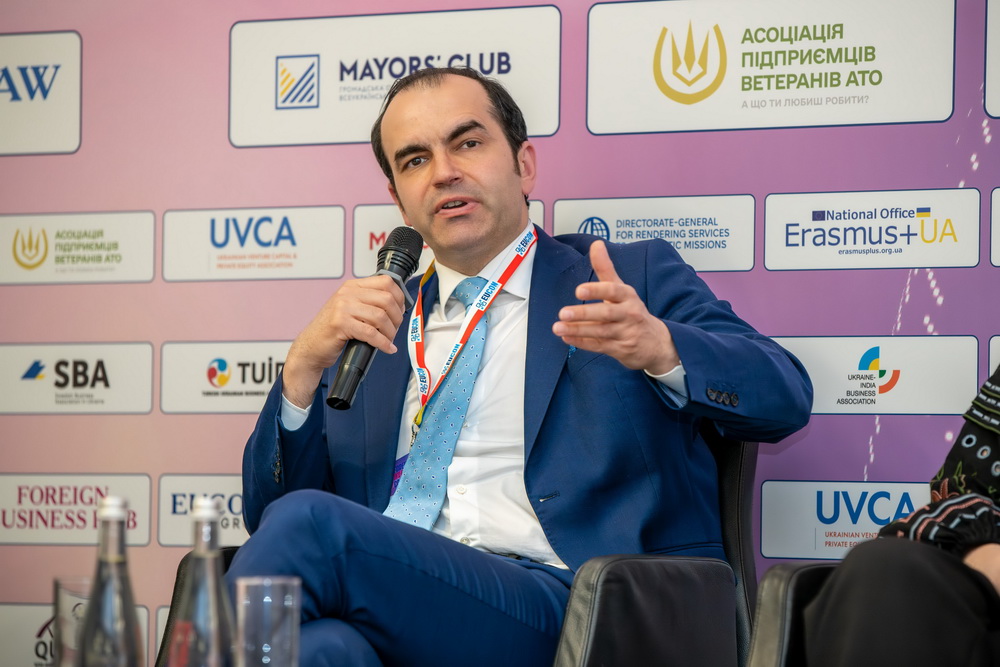
Burak Pehlivan, Chairman of Turkish-Ukrainian Business Association, shared specific examples of international cooperation and investment support for Ukraine. He mentioned that Turkish companies have already implemented over 300 infrastructure projects in Ukraine, totaling $10.4 billion. “Since the start of the war, an additional $1.2 billion has been invested in the reconstruction and development of Ukraine’s infrastructure,” noted Mr. Pehlivan.
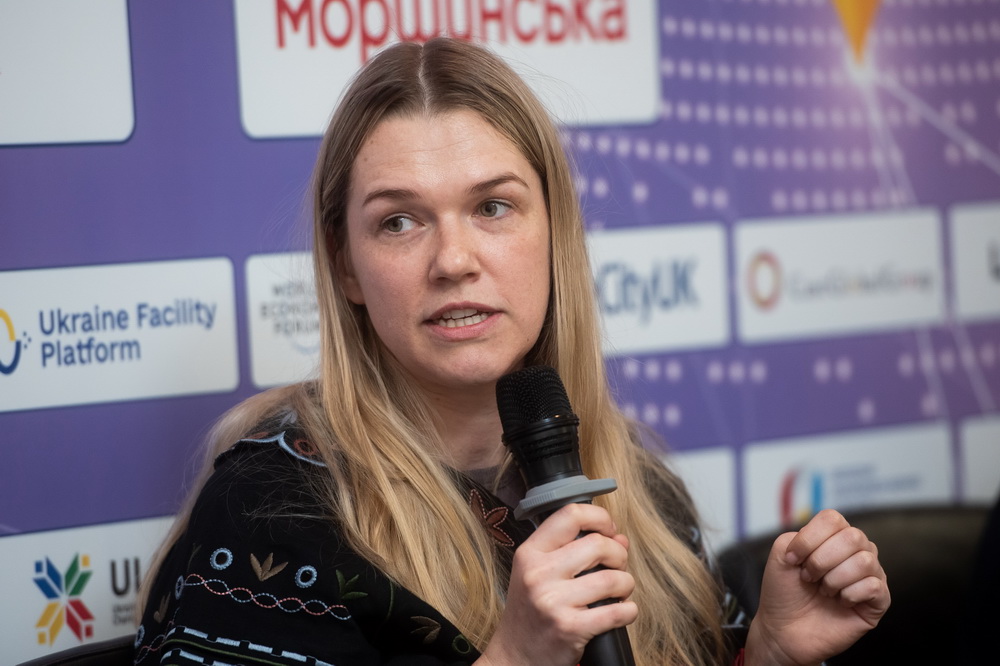
Anastasiia Antonyk, Country Manager for Ukraine of the Norwegian-Ukrainian Chamber of Commerce, has spoken about the organization’s role in supporting Norwegian investors and companies entering Ukraine. She mentioned that since 2022, the number of Chamber members has increased, indicating growing interest in the Ukrainian market. The speaker particularly emphasized the energy, infrastructure, IT, and agriculture sectors, where Ukraine has significant potential for cooperation with Norway.
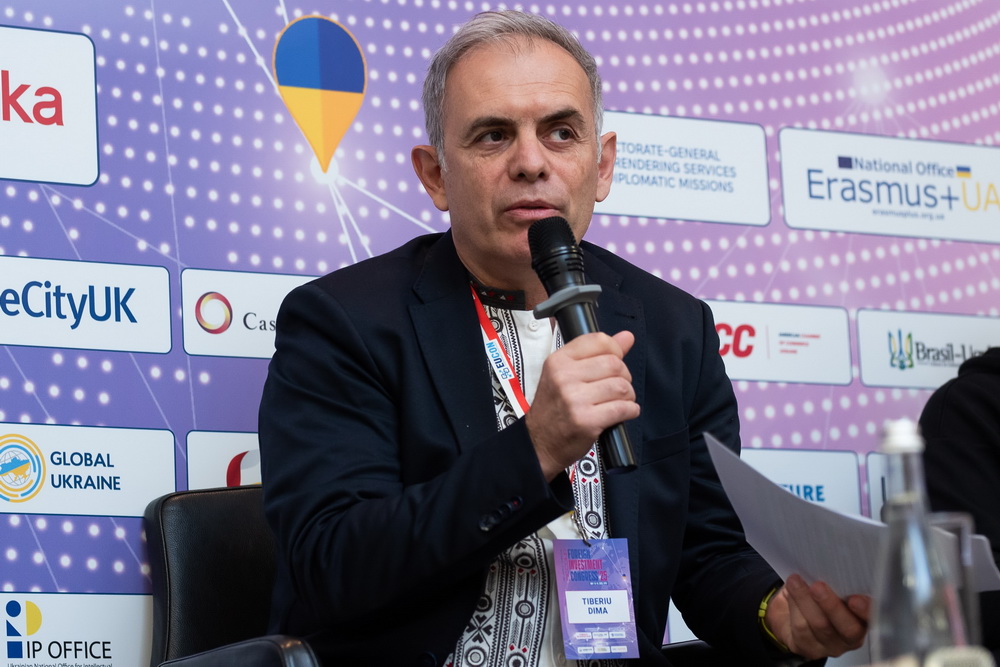
In his speech, Tiberiu Dima, President of European Business Association (EBA), has spoken about the important role of EBA in improving the business climate in Ukraine. The association, which brings together over 900 members, actively works on lobbying reforms and improving communication between business and government. He mentioned that last year, EBA successfully implemented 70% of 216 collective lobbying initiatives and achieved success in 88% of more than 100 individual initiatives. “This helps facilitate Ukraine’s integration into Europe and create favorable conditions for business development in the country,” noted Mr. Dima.
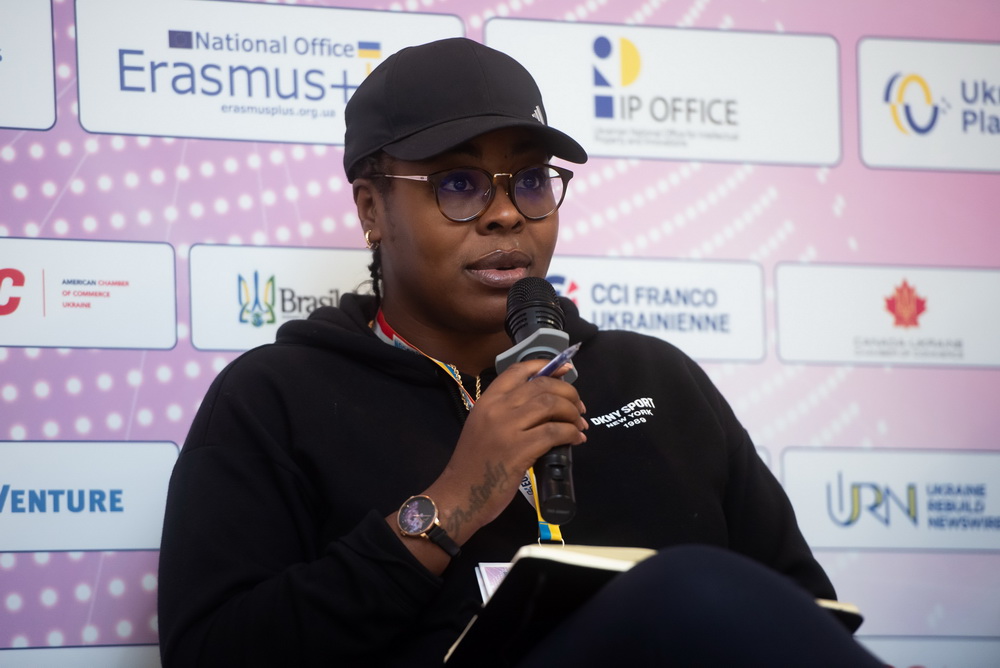
Bamidele Seun Owoola, Founder & CEO of Welcome2Africa International, has spoken about the vast potential for collaboration between Ukraine and Nigeria, particularly in the agricultural sector. She emphasized that Ukrainian agricultural practices and yields could be beneficial for Nigerian farmers, who are willing to invest in new technologies and machinery. The speaker noted that Africa, and Nigeria in particular, is a large market that presents significant opportunities for Ukrainian companies, especially through joint ventures and investment projects.
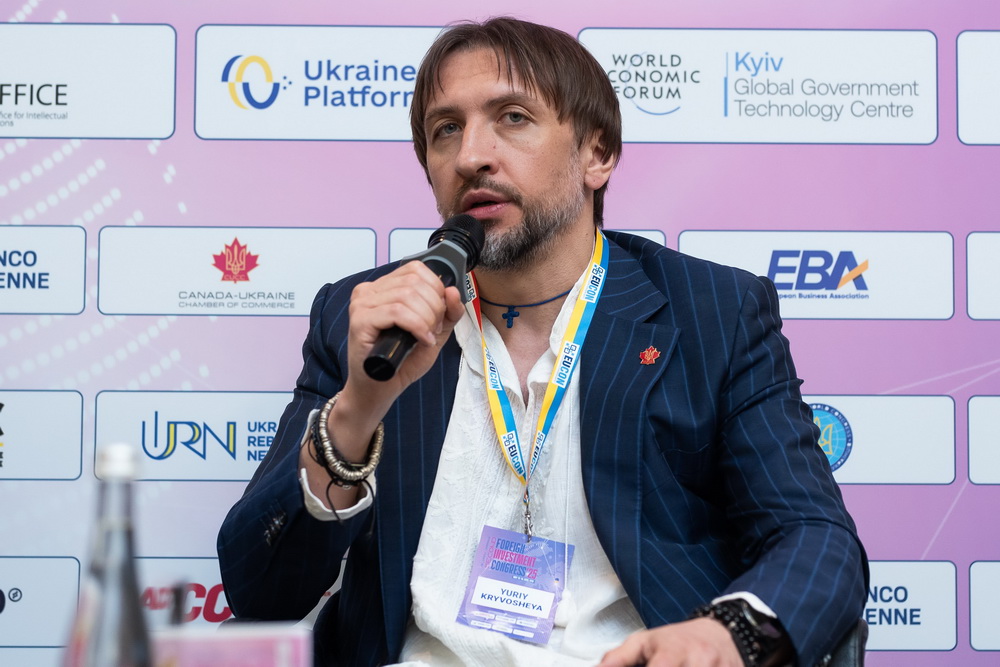
In his speech, Yuriy Kryvosheya, Vice-President of Canada-Ukraine Chamber of Commerce, emphasized the importance of supporting investments in Ukraine, particularly by increasing focus on market opportunities. The speaker has noted that many Canadian investors are already actively supporting Ukraine, and their interest is growing. He also mentioned that the Canada-Ukraine Chamber of Commerce is working to reduce risks for Canadian investors and enhance their business opportunities in Ukraine.
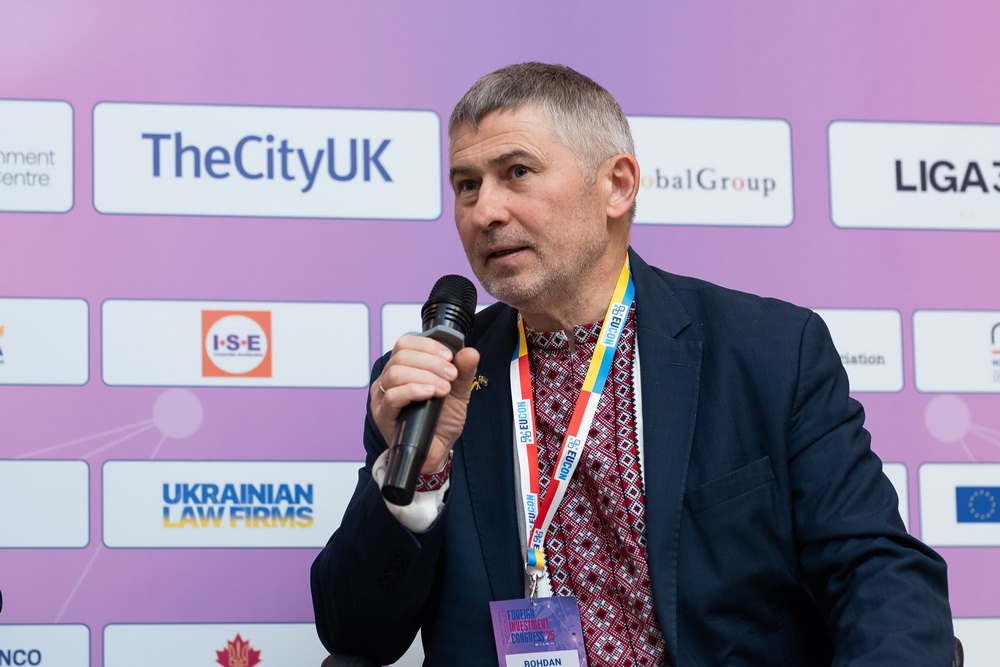
Bohdan Senchuk, President of Swedish Business Association in Ukraine, shared his experience of cooperation between Ukraine and Sweden, emphasizing the importance of trust in business. He has spoken about the activities of the Swedish Business Association, that fosters the development of this trust, and gave an example of how one phone call quickly organized the delivery of metal plates for body armor to the Ukrainian army. The speaker also highlighted the importance of attracting investments and ensuring their protection, particularly in construction and metallurgy.
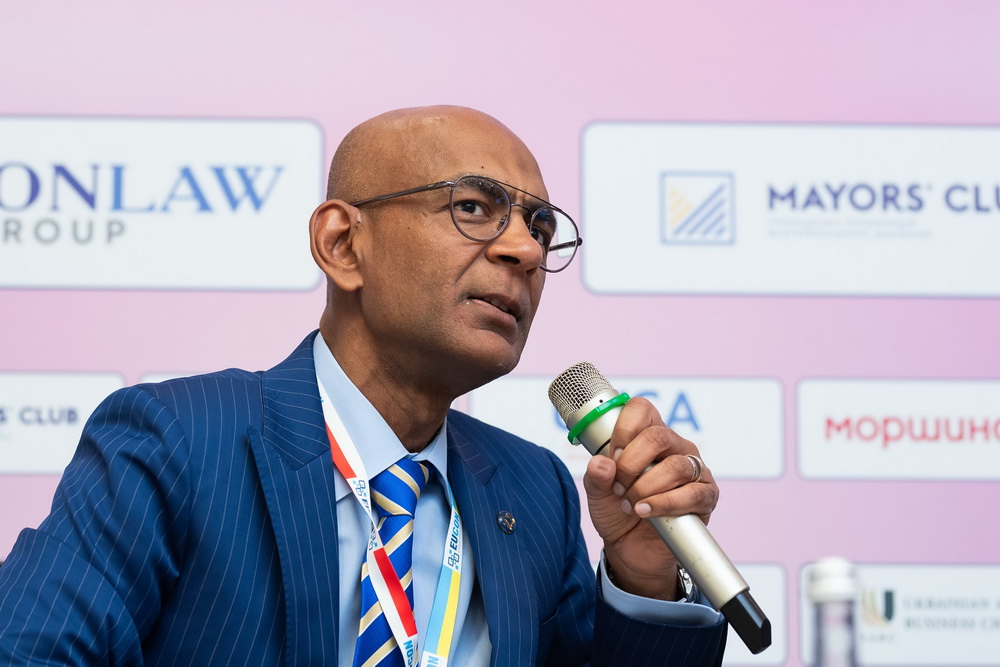
Summarizing the panel, Dr Binay Singh, Chairman of Ukraine-India Business Association, emphasized the importance of international cooperation and the role of business associations in the economic recovery of Ukraine. He noted that despite current challenges, Ukraine remains attractive for investments, and international partners continue to support the country. Mr. Singh also highlighted the significance of building trust in Ukraine through cooperation with various countries, which opens new opportunities for global capital and contributes to the development of Ukrainian business.
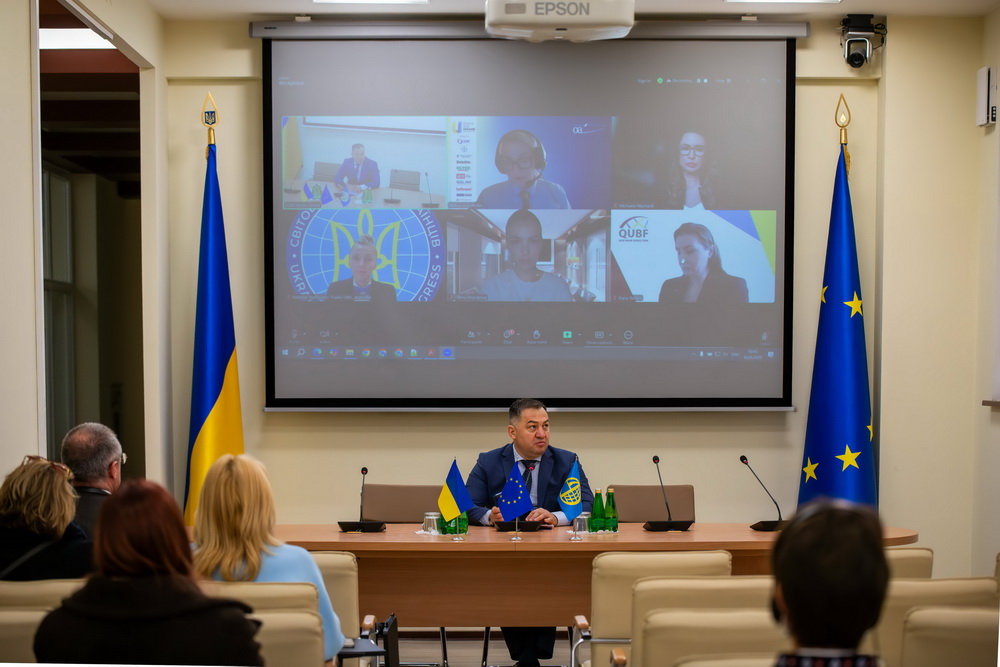
The second day of the Congress was started with the panel discussion: “Economic Ambassadors: How International Associations Build Trust in Ukraine and Open the Door to Global Capital 2.0”. The panel was moderated by Andrew Andreykiv, Advisor to the Chairman, Lviv Regional State Administration.
Michaela Macharik, President of Czech-Ukrainian Chamber of Industry and Commerce, shared her experience of doing business in Ukraine. She mentioned that her company, which manufactures parts for the automotive and household appliance industries, continues to operate even during the war, reducing its workforce from 350 to 200 employees. The speaker emphasized the importance of attracting foreign investments, particularly from the Czech Republic and Slovakia, and highlighted that Ukraine has great potential for development despite the challenges posed by the war. She also underscored the significance of organizing business delegations visiting Ukraine to create new opportunities for collaboration and investment in the post-war period.
Nataliya Poshyvaylo-Towler, Vice-President of Ukrainian World Congress, has spoken about the importance of international support for Ukraine, particularly through the “Energize Ukraine” initiative aimed at restoring energy resources. The speaker mentioned that the Canadian government has invested 150,000 Canadian dollars into this project and emphasized the importance of attracting international investments for the country’s recovery. She also mentioned the reduced tariffs on Ukrainian goods introduced by the Australian government until 2026, creating new opportunities for business. Ms. Poshyvailo-Towler also highlighted the importance of partnerships with Asian and Middle Eastern countries for the development of Ukraine’s economy.
Kateryna Kyslenko, Head of Service Desk Ukraine at German Eastern Business Association, has spoken about the importance of developing Ukrainian-German cooperation during the war. She highlighted that Germany is one of Ukraine’s largest trading partners, with bilateral trade volume in 2024 reaching 11 billion euros. The speaker emphasized that despite security challenges, German companies continue to invest in Ukraine, particularly in infrastructure restoration. Kateryna also stressed the importance of improving compliance processes and ensuring transparency to attract new investments.
Olena Shyrokova, Co-Founder of Ukrainian-Arab Business Chamber, shared her experience of Ukraine’s cooperation with the Arab world, particularly with the UAE, Qatar, and Saudi Arabia. She emphasized the growing interest in Ukrainian businesses, especially in the IT and agri-food sectors, and noted that the signing of a free trade agreement between Ukraine and the UAE opens new opportunities for collaboration. Olena also highlighted the importance of partnerships for the development of Ukraine’s economy and the attraction of investments in the post-war period.
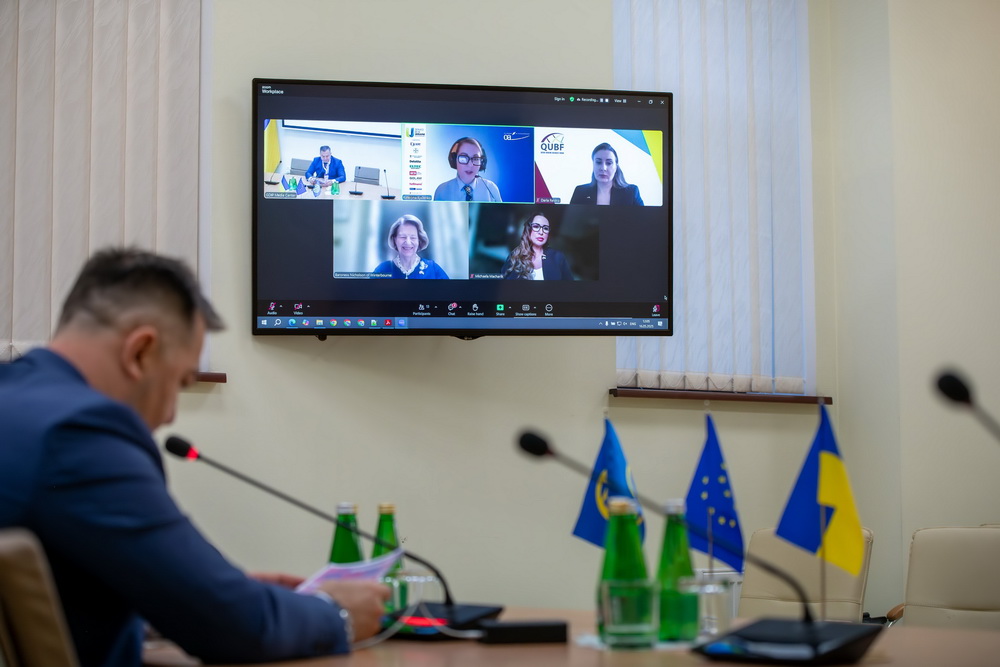
Daria Revina, Сo-Founder, Vice-Chair of Qatar-Ukraine Business Forum, emphasized the importance of trust in international investments, noting that it is the foundation for long-term projects between Ukraine and Qatar. The speaker shared successful examples of cooperation, including attracting investments into Ukraine’s renewable energy sector. She also highlighted the significance of innovation and technology for the development of Ukraine’s economy and the further attraction of international investments in the post-war period.
Dr Violeta Moskalu, Founder and CEO of Global Ukraine, spoke about the importance of developing a strategy for the effective use of intellectual and financial capital from the global Ukrainian diaspora. She emphasized that Ukraine has great potential due to its highly qualified workforce and the international experience of Ukrainians working around the world. The speaker stressed the need to strengthen cooperation between Ukraine and European countries through partnership initiatives and specialized training programs for Ukrainians, preparing future international project managers.
In her speech, Baroness Nicholson of Winterbourne, Chair of Ukraine Britain Business Council; President of Iraq Britain Business Council, shared her experience of creating similar initiatives in countries with unstable situations, particularly in Iraq, where the association unites 72 leading companies. She emphasized the importance of coordination with the government and international partners to accelerate private investments in Ukraine despite the challenges of the war. The speaker also pointed out the need for guarantees from the Ukrainian government for investors, particularly through cooperation with the international insurance industry, which would help attract additional investments. She expressed confidence in Ukraine’s future and highlighted the support from the UK in political, strategic, and business contexts.
Andrew Andreykiv, Advisor to the Chairman, Lviv Regional State Administration, summarized the discussion, noting that Ukraine’s investment attractiveness largely depends on international coordination and the presence of clear guarantees for investors. He emphasized the importance of strategic partnerships with European and international companies, as well as the need to create a stable legal environment to attract long-term investments.
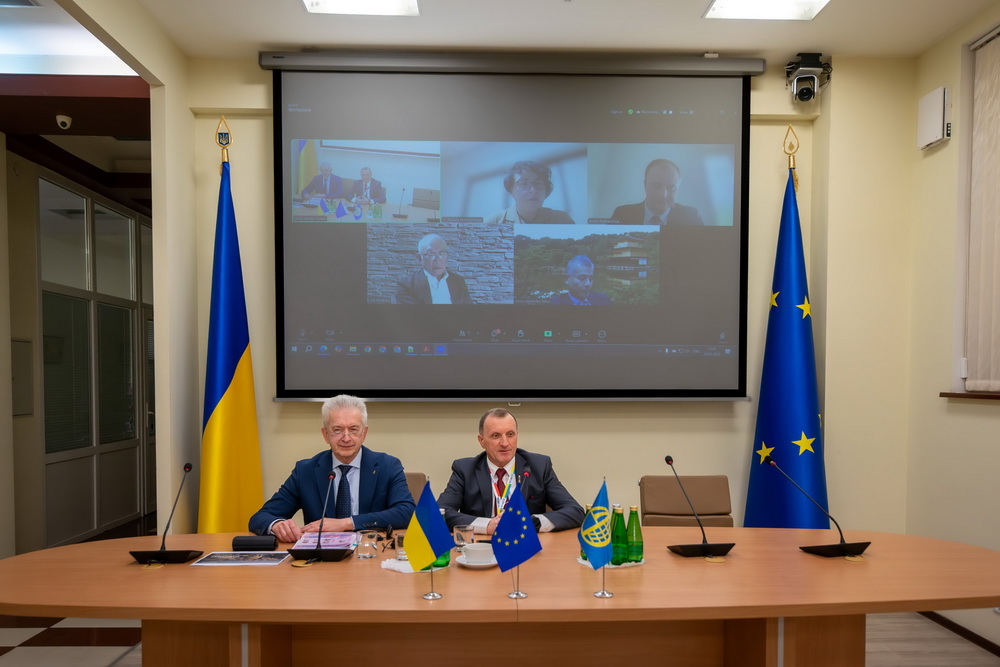
Panel Discussion “Doing Business in Ukraine: Practical Aspects for Japanese Investors. Presentation of the Book ‘Commercial Law of Ukraine’ in Japanese”. The panel discussion focused on cooperation opportunities between Japan and Ukraine in the business and investment sectors. It is also explored current investment opportunities in Ukraine, particularly in agribusiness, construction, and waste recycling technologies. Key topics included investor support and the role of consulting companies in ensuring successful cooperation.
Opening the panel, Andriy Romanchuk, Senior Partner at EUCONLAW Group, welcomed all participants and emphasized the importance of cooperation between Japan and Ukraine in the business and investment sectors. He has noted that successful collaboration between the countries requires not only strategies but also overcoming cultural barriers.
Tetiana Honcharenko, Director of the Japan-Ukraine Partnership Association, shared the organization’s efforts to actively support cooperation between Ukrainian and Japanese businesses, particularly during the war. She has spoken about her personal work experience in Japan, emphasizing the importance of cultural consulting to overcome barriers between the two countries. The speaker also highlighted the significance of humanitarian aid for Ukraine, which the organization actively provides, including through fundraising and sending essential goods.
Yoji Hirakata, President of Japan-Ukraine Partnership Association, shared his experience of working with Ukrainians in Japan and the creation of the Association, that promotes the development of partnerships between the two countries. He emphasized the importance of cultural support and interaction for successful business, noting that this collaboration opens up new opportunities for Japanese companies in Ukraine. The speaker also stressed the need to overcome language and cultural barriers to establish effective com munication between businesspeople from both countries.
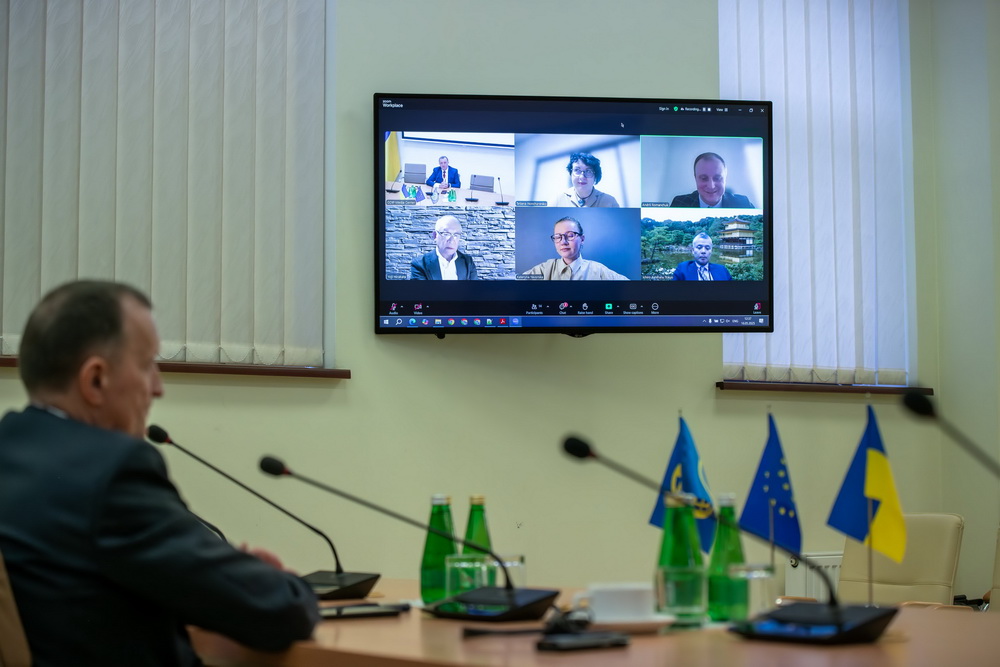
Ichiro Ashihara, Partner at Legal Profession Corporation CastGlobal, shared his extensive experience in the legal field, emphasizing that overcoming cultural and legal barriers is essential for successful cooperation between Japan and Ukraine. He highlighted that Japanese companies often need support when entering international markets, and local law firms play a crucial role in this process. The speaker also emphasized the development of Japan’s space sector and the potential for Ukrainian institutions to collaborate in this field.
Оleksandr Melnychenko, Acting Executive Director of UkraineInvest, shared key aspects of investment support in Ukraine. He emphasized the importance of creating a favorable investment climate and noted that investors can rely on state support at all stages of project implementation. As he stated: “Ukraine offers significant incentives for large investments, including compensation for the costs of connecting to engineering networks and reducing tax rates.” The speaker also highlighted the availability of mechanisms to reduce political and military risks, that is crucial for investors.
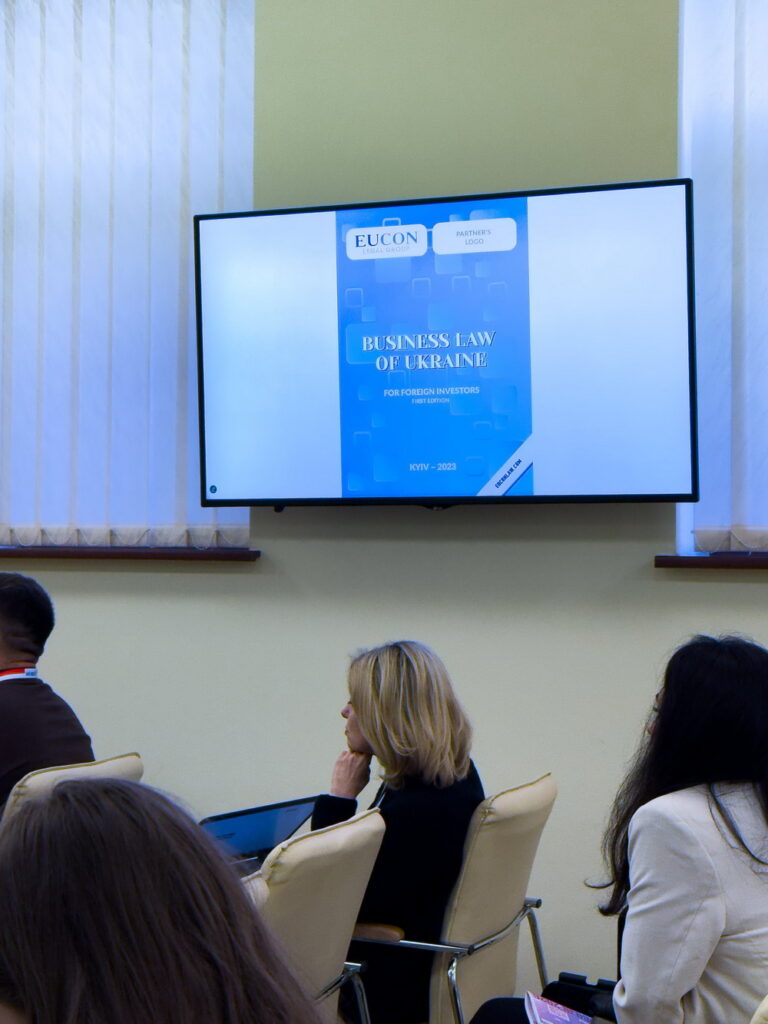
Yaroslav Romanchuk, Co-chair of the International Organizing Committee, Managing partner of EUCONLAW Group, hared his experience in providing legal services to Ukrainian investors entering European markets, particularly through Poland. He also presented the book Commercial Law of Ukraine in Japanese, which will become an important resource for Japanese companies planning to operate in Ukraine. He emphasized the significance of this publication for a better understanding of Ukraine’s legal system, which will facilitate more effective cooperation between businesses from both countries.
We sincerely thank all our partners for supporting our event, the speakers for their active participation on the discussions and for sharing valuable ideas and experiences, as well as the participants who became a part of our event. We look forward to new meetings within the framework of our future events.
The next Congress is scheduled in May 2026, and we are pleased to invite everyone to participate!
Video report of the event::
ORGANISERS


PARTNERS

SUPPORTED BY





WATER PARTNER

BUSINESS PARTNERS


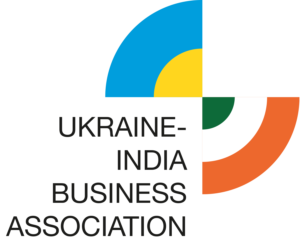
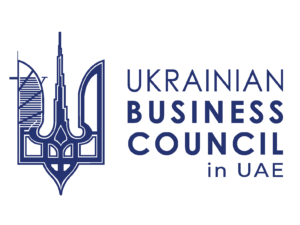
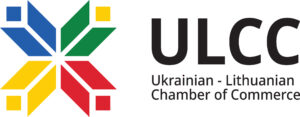
INFORMATION PARTNERS
